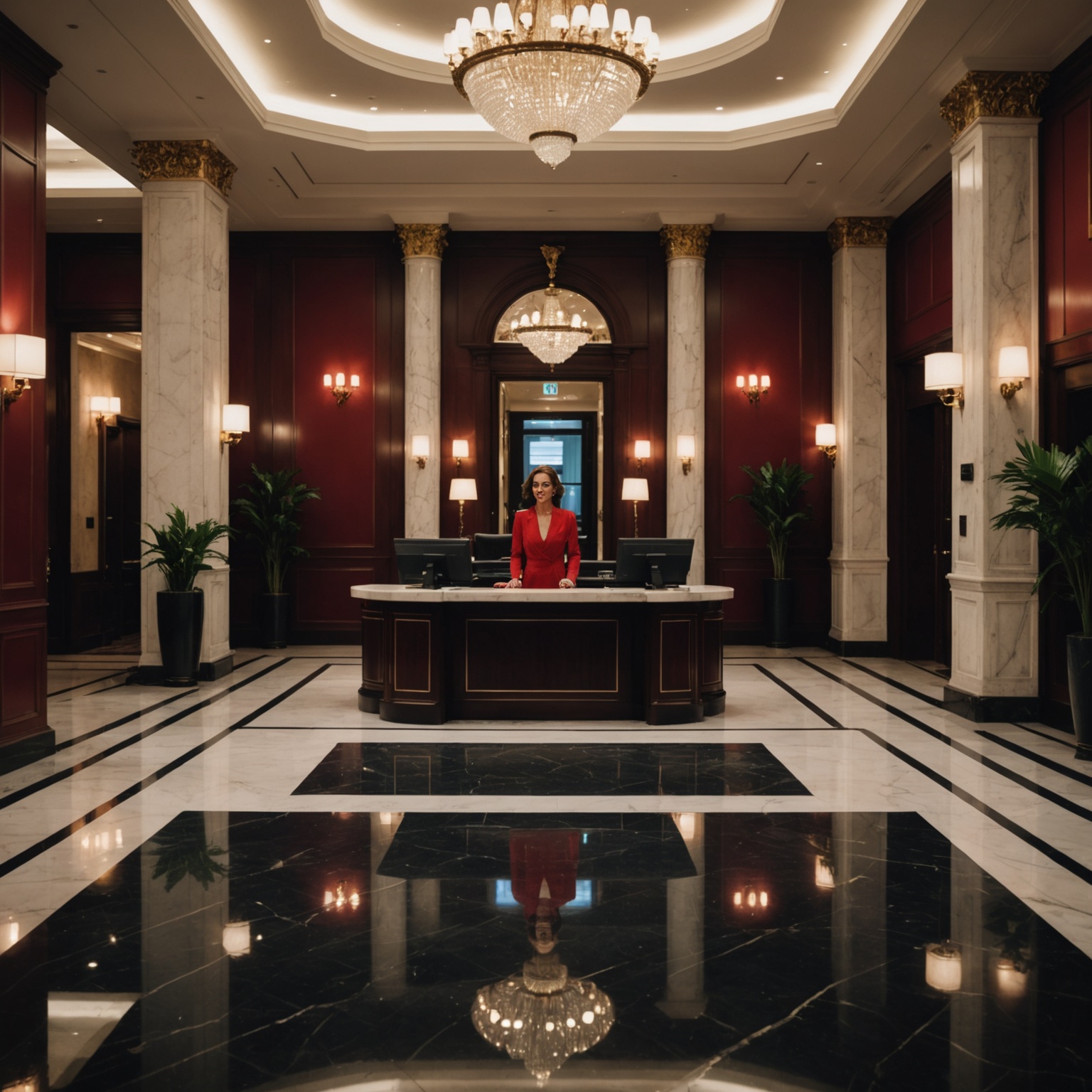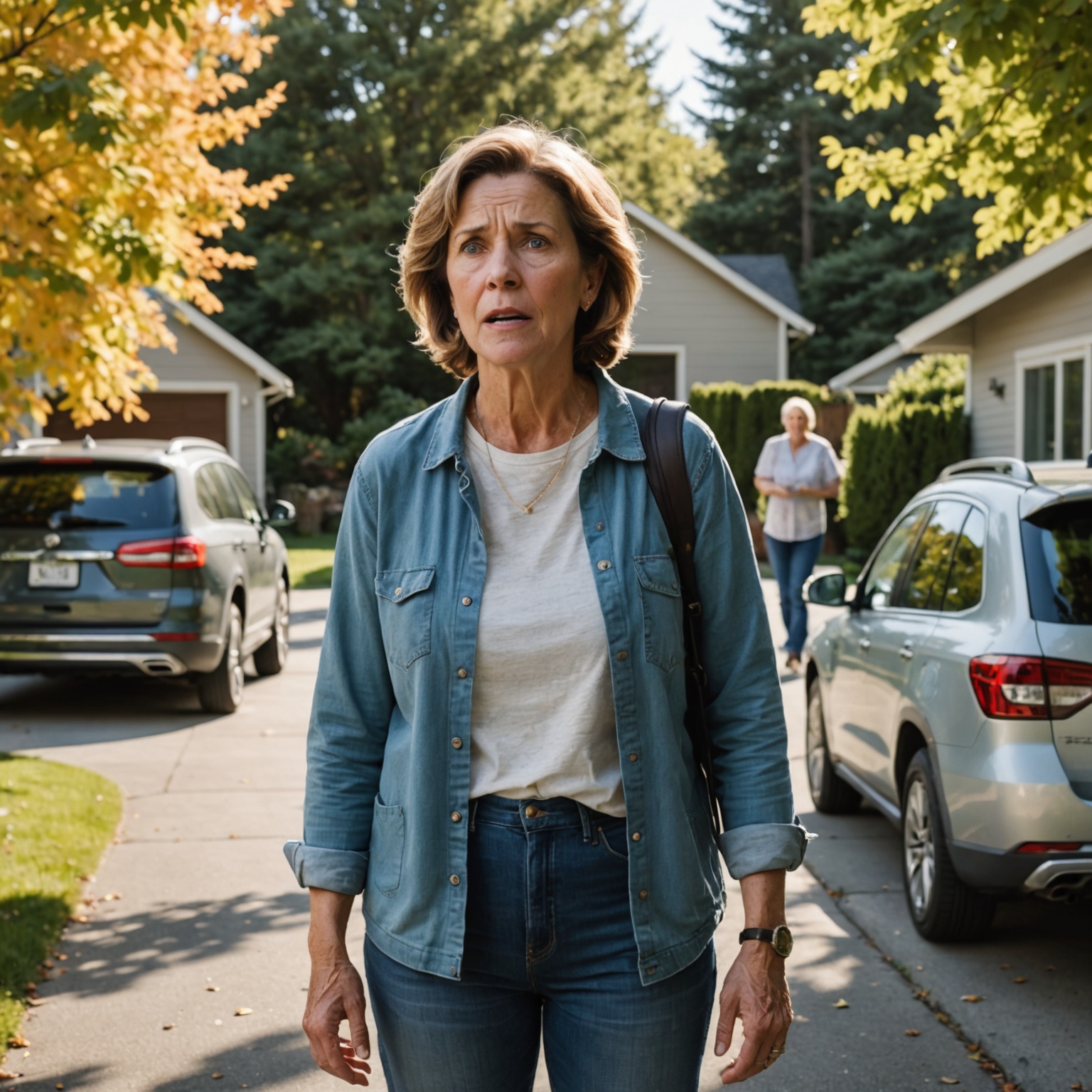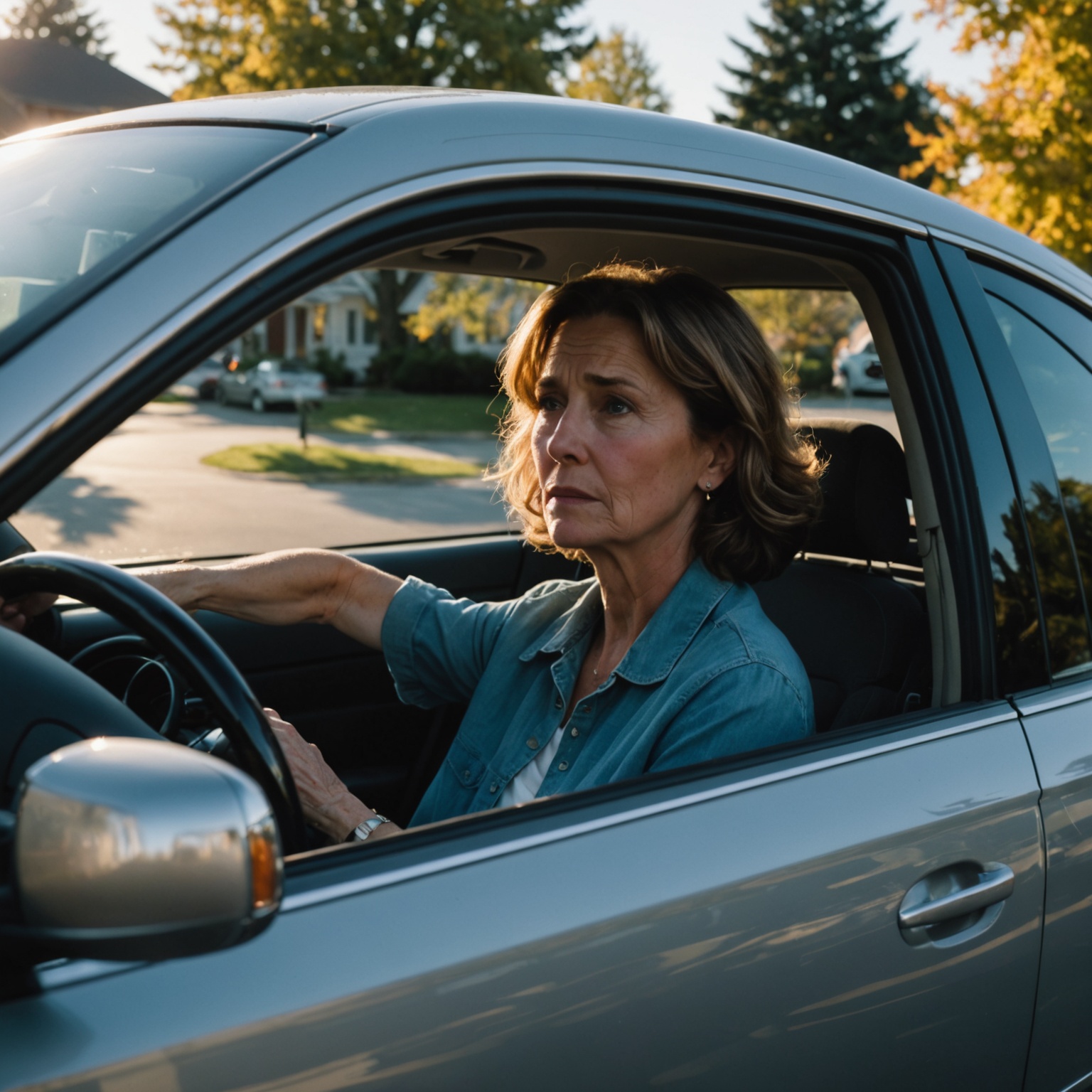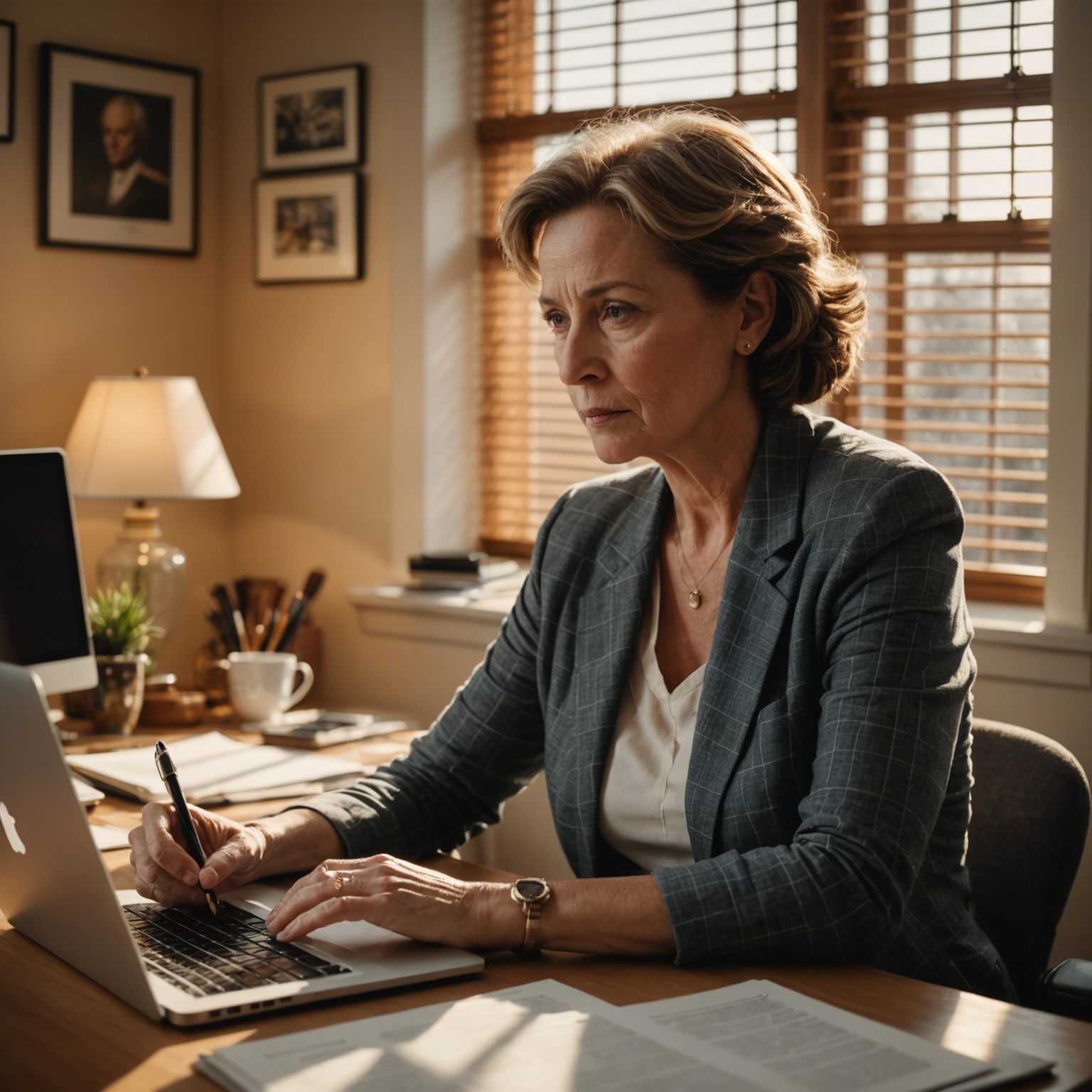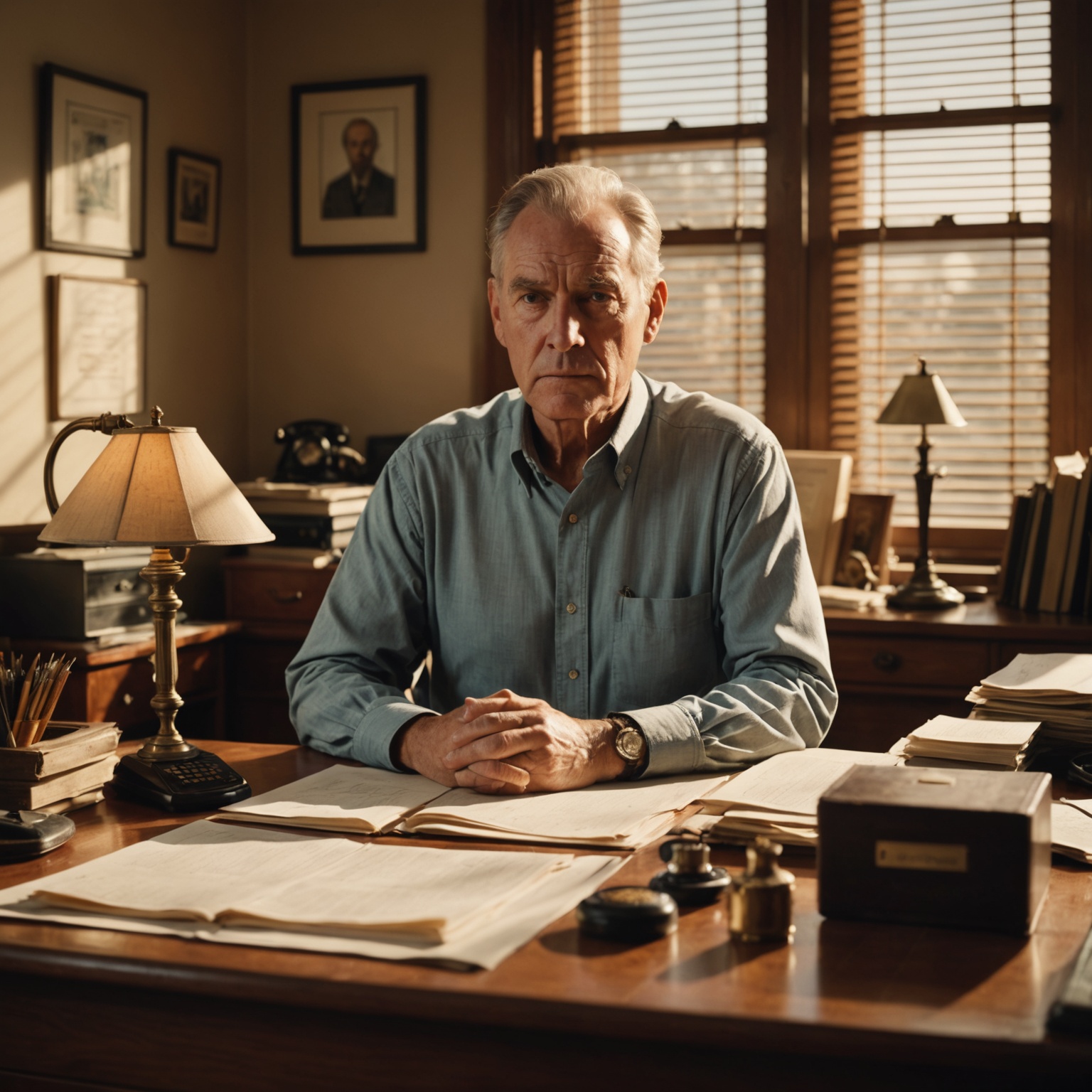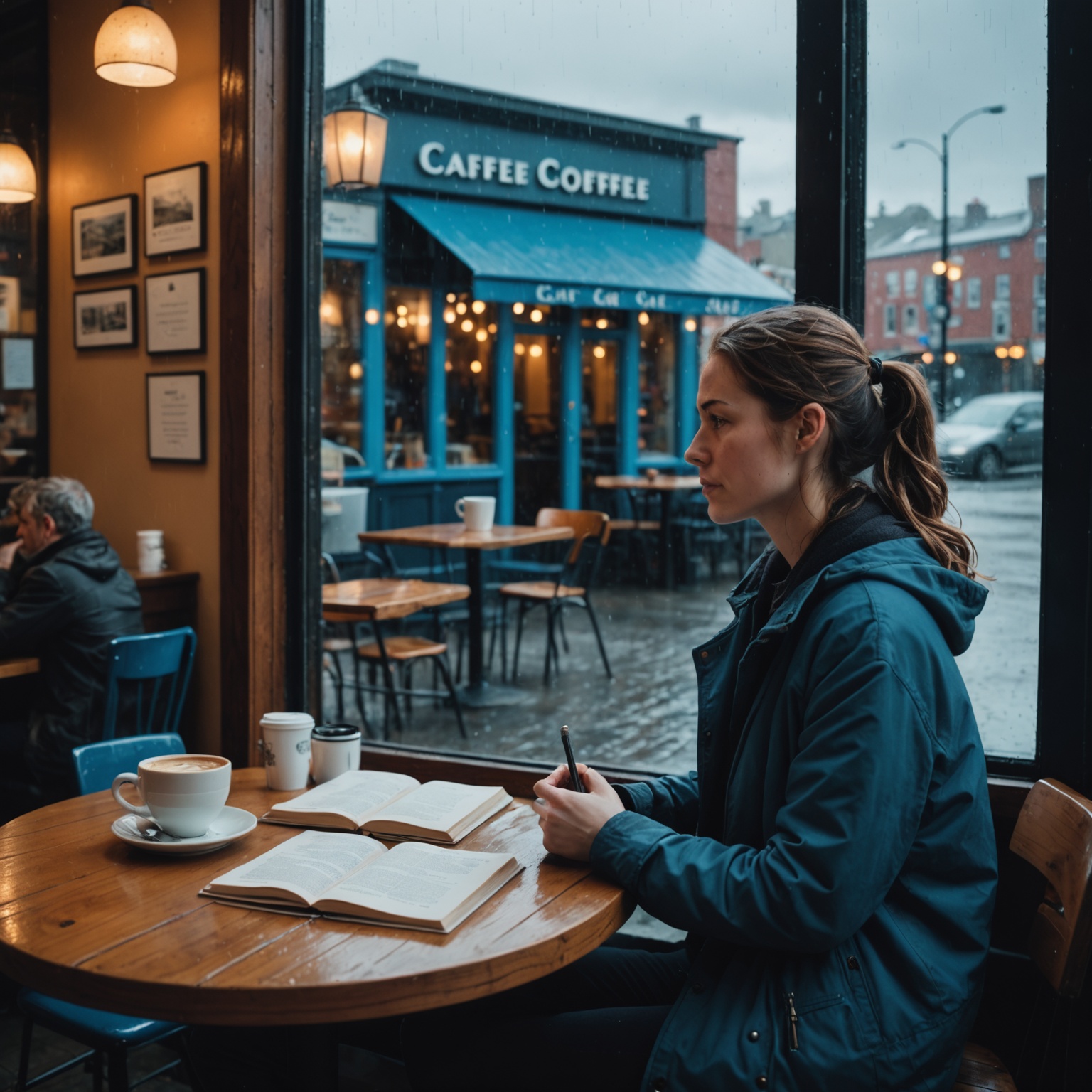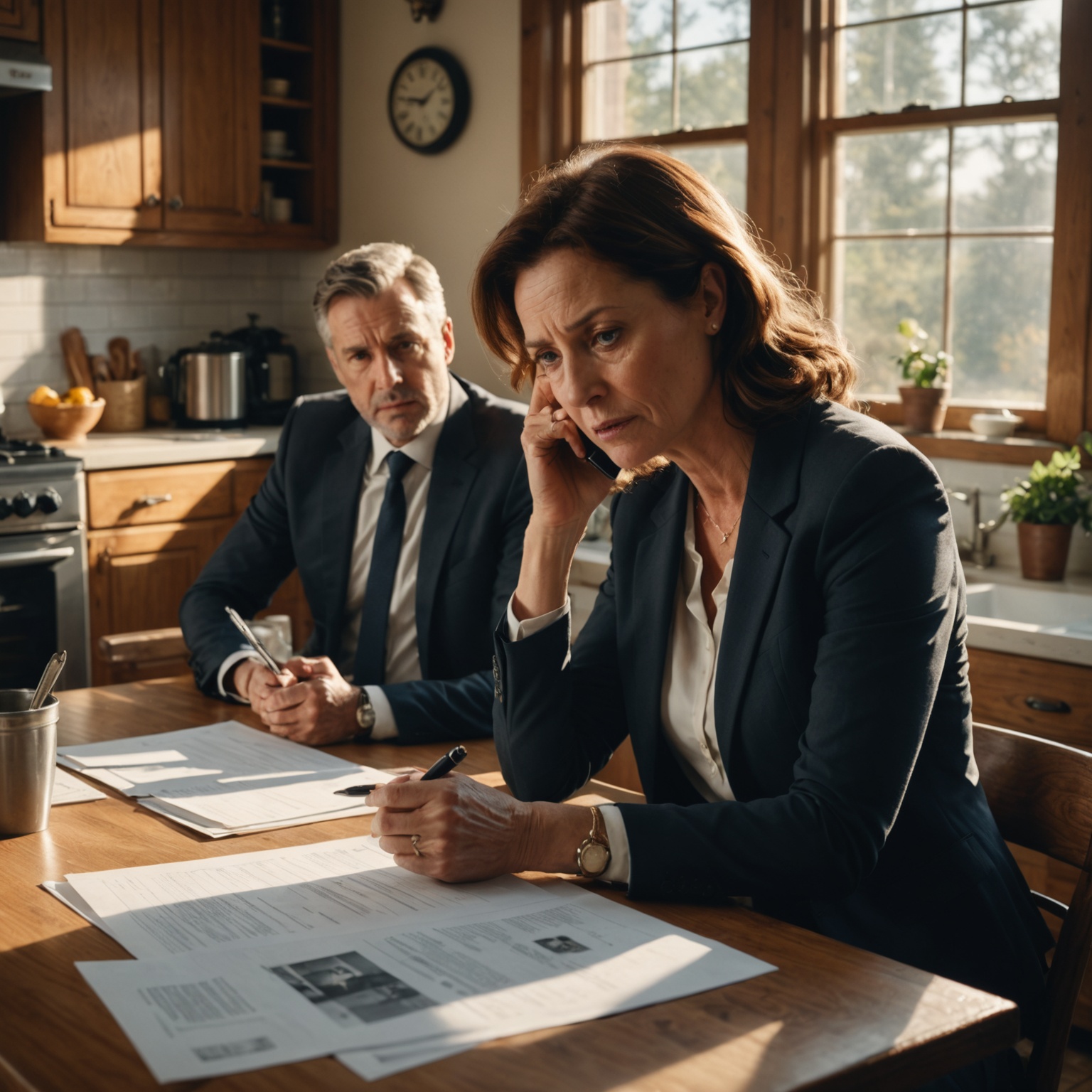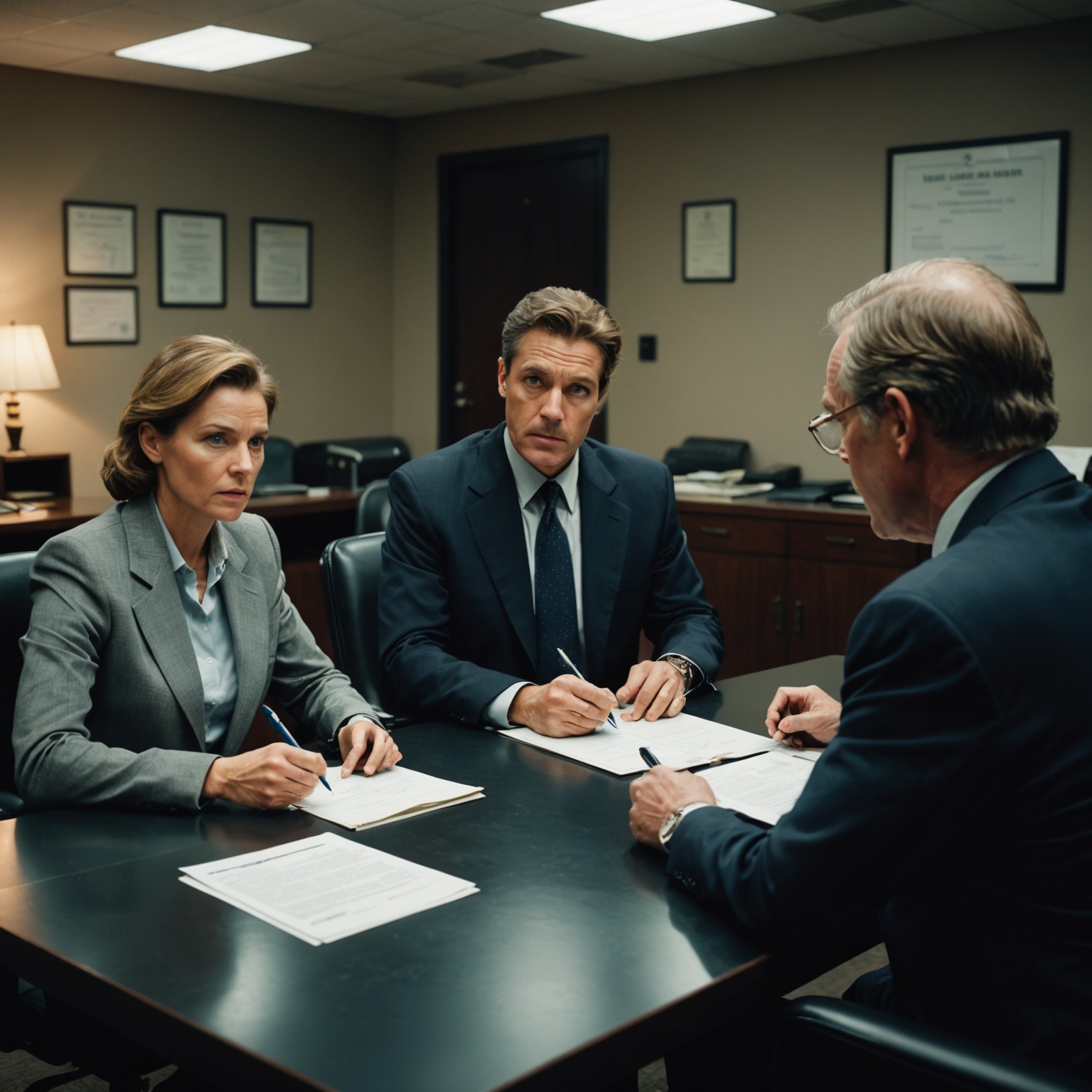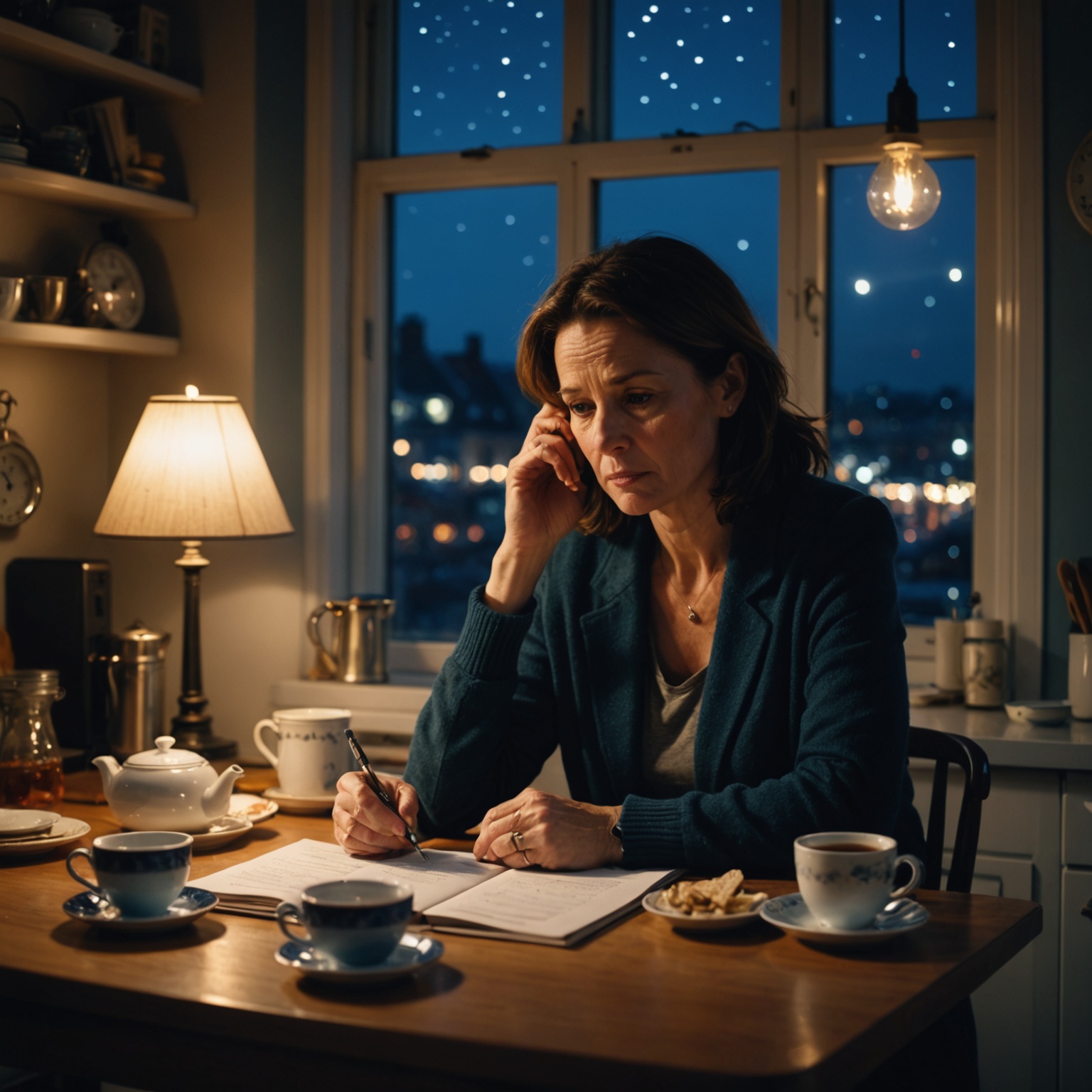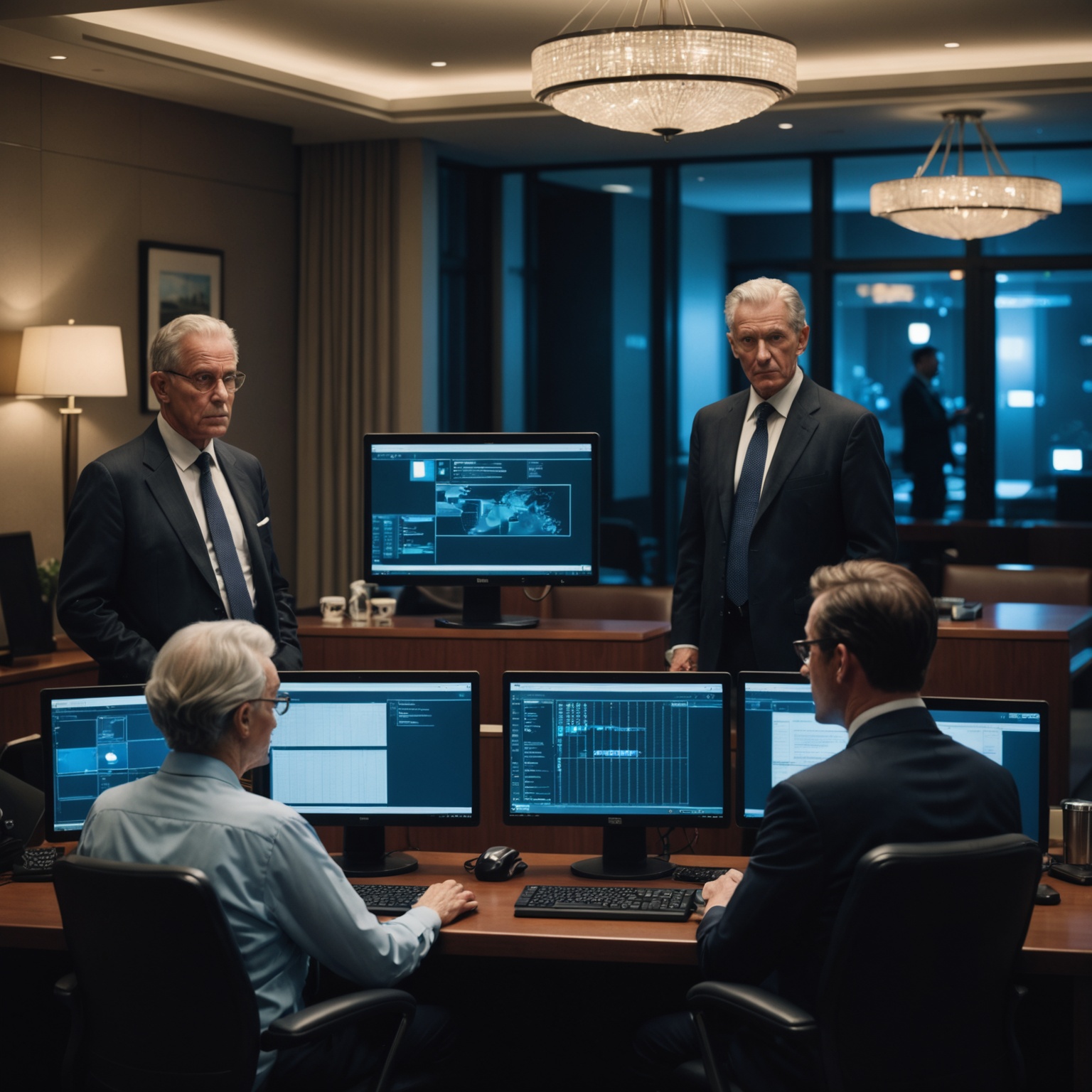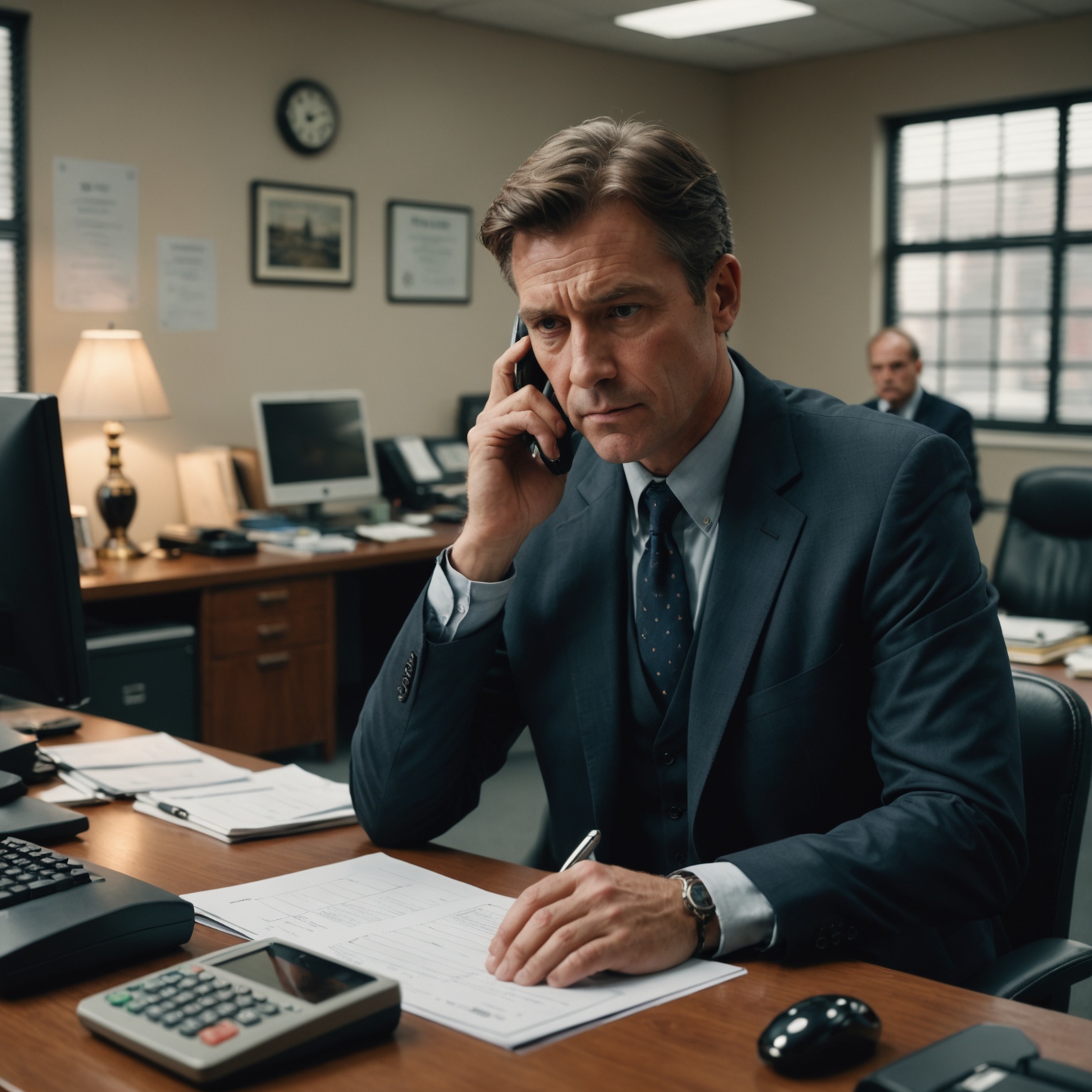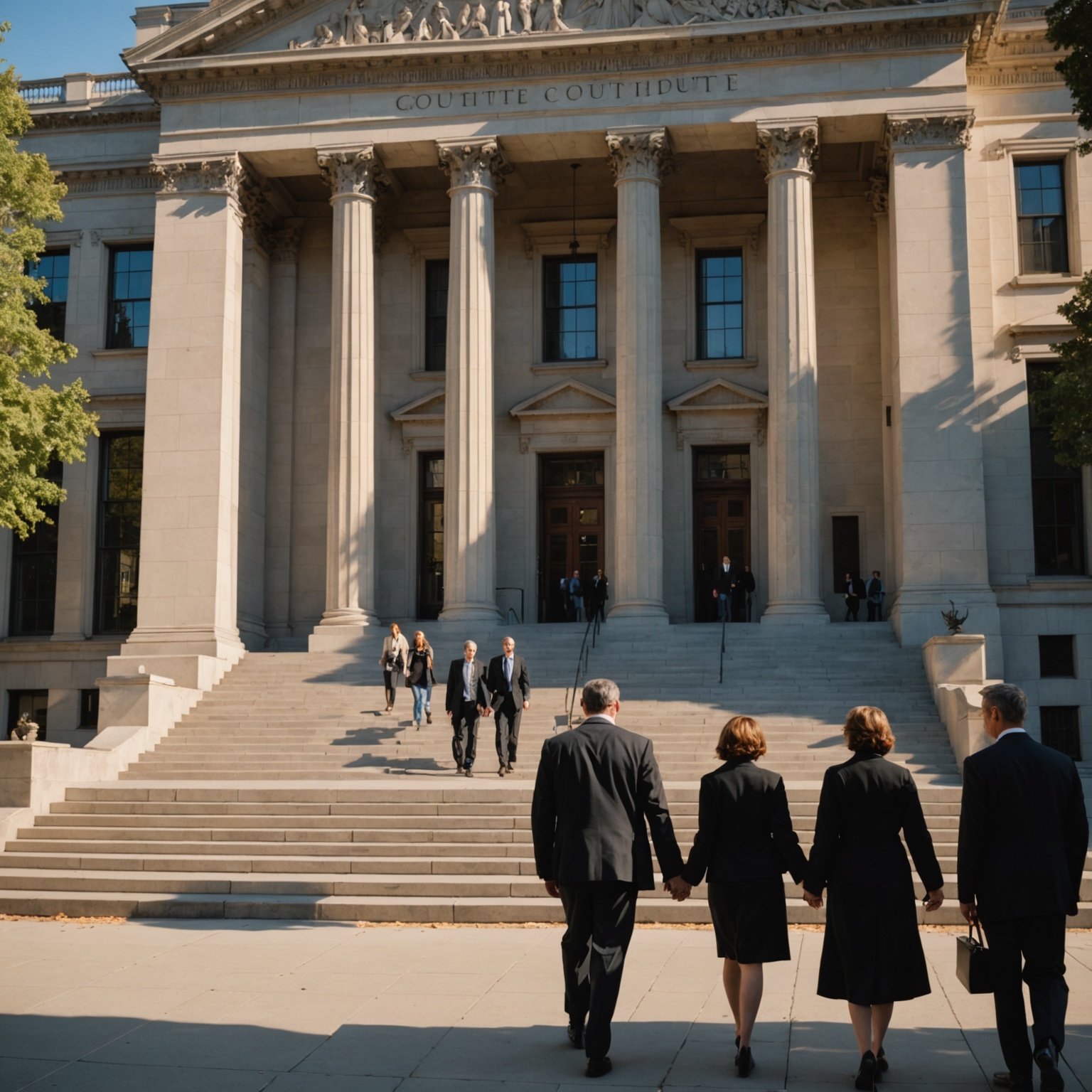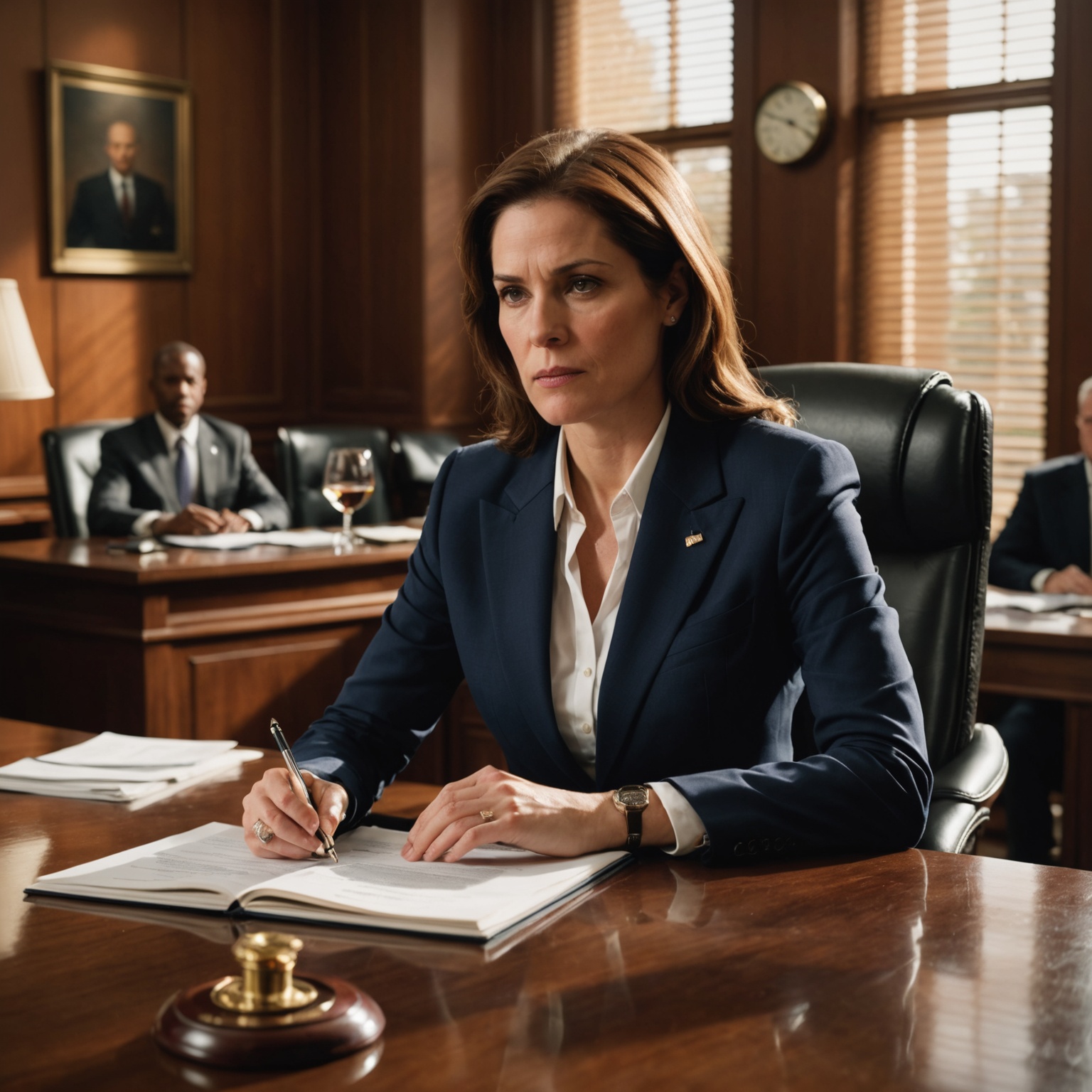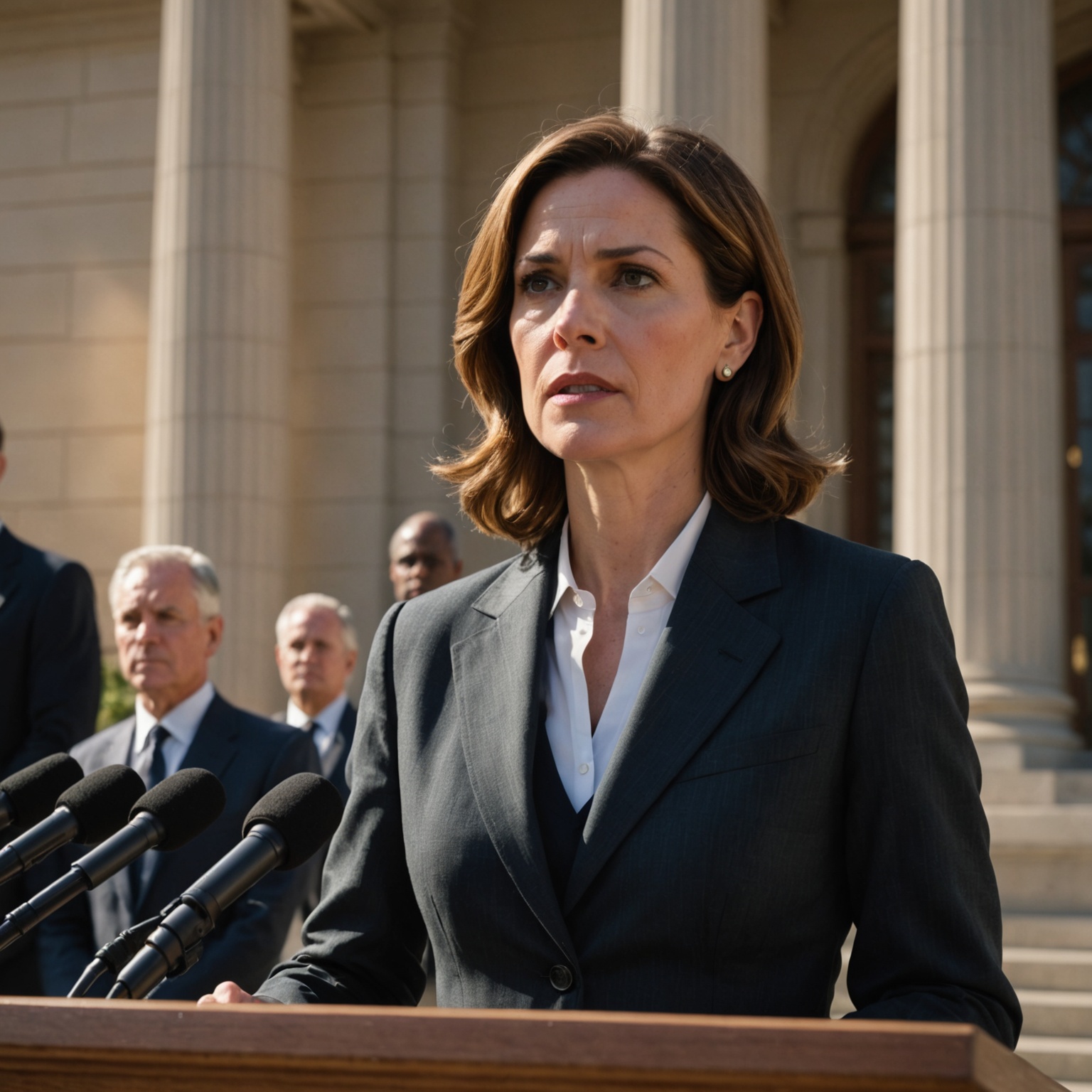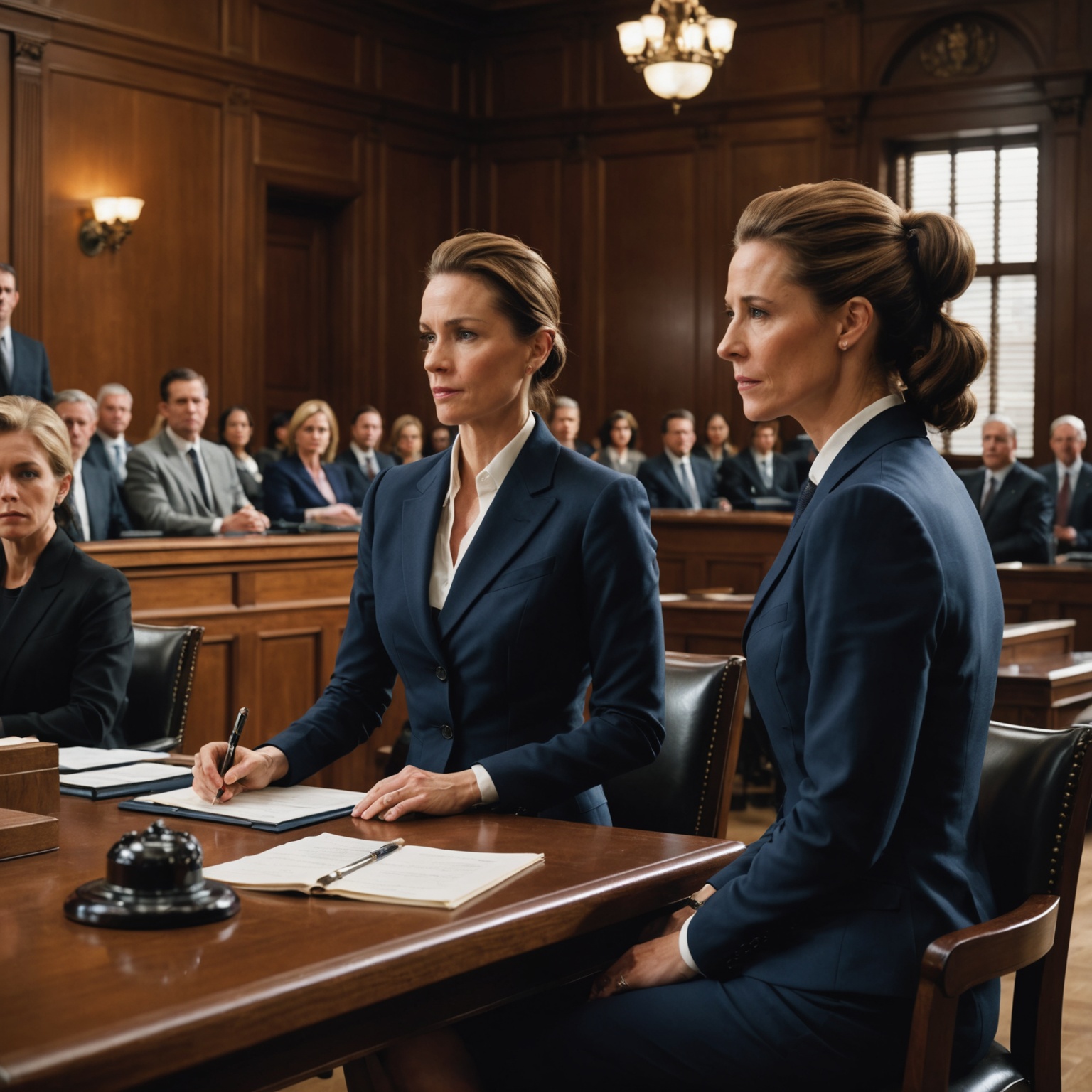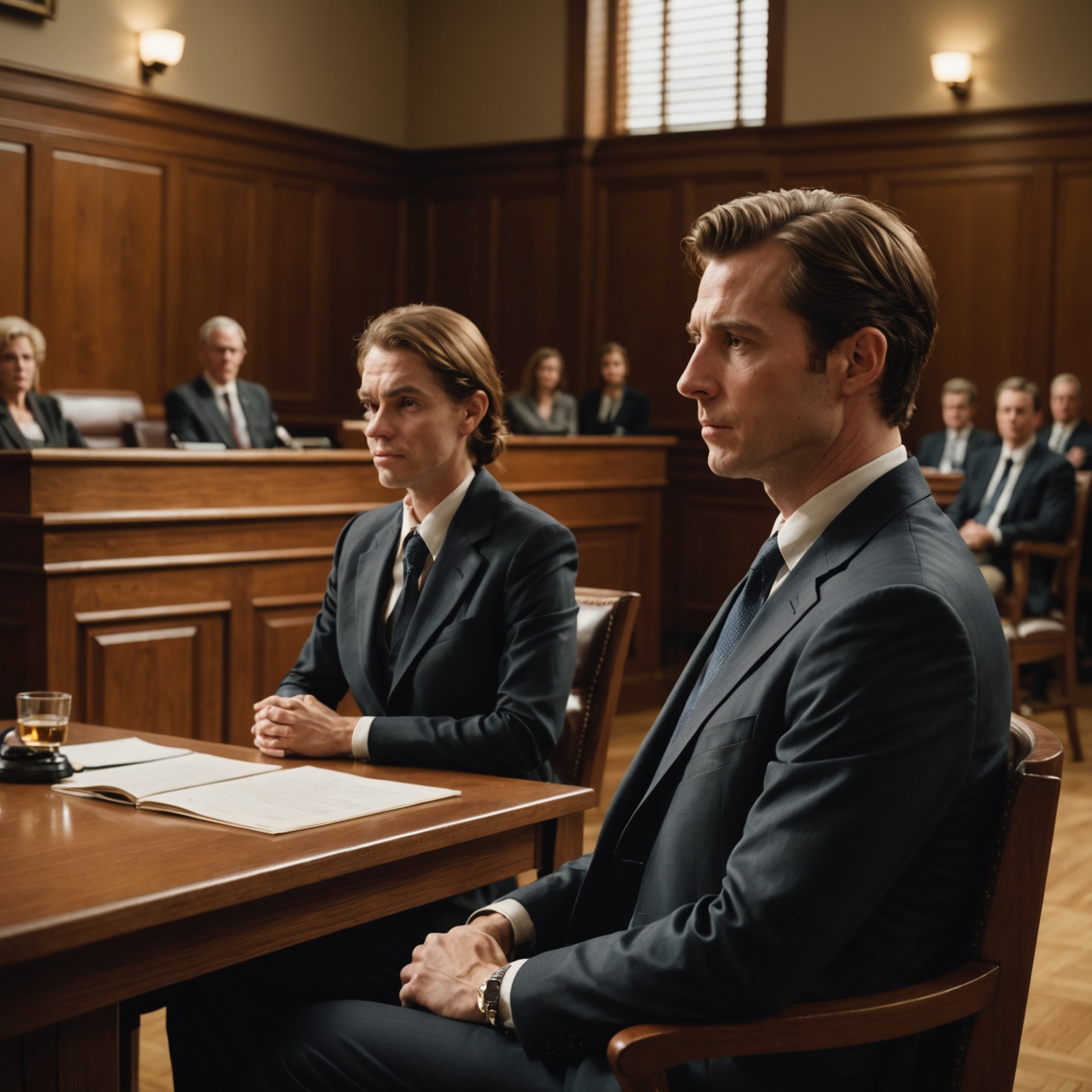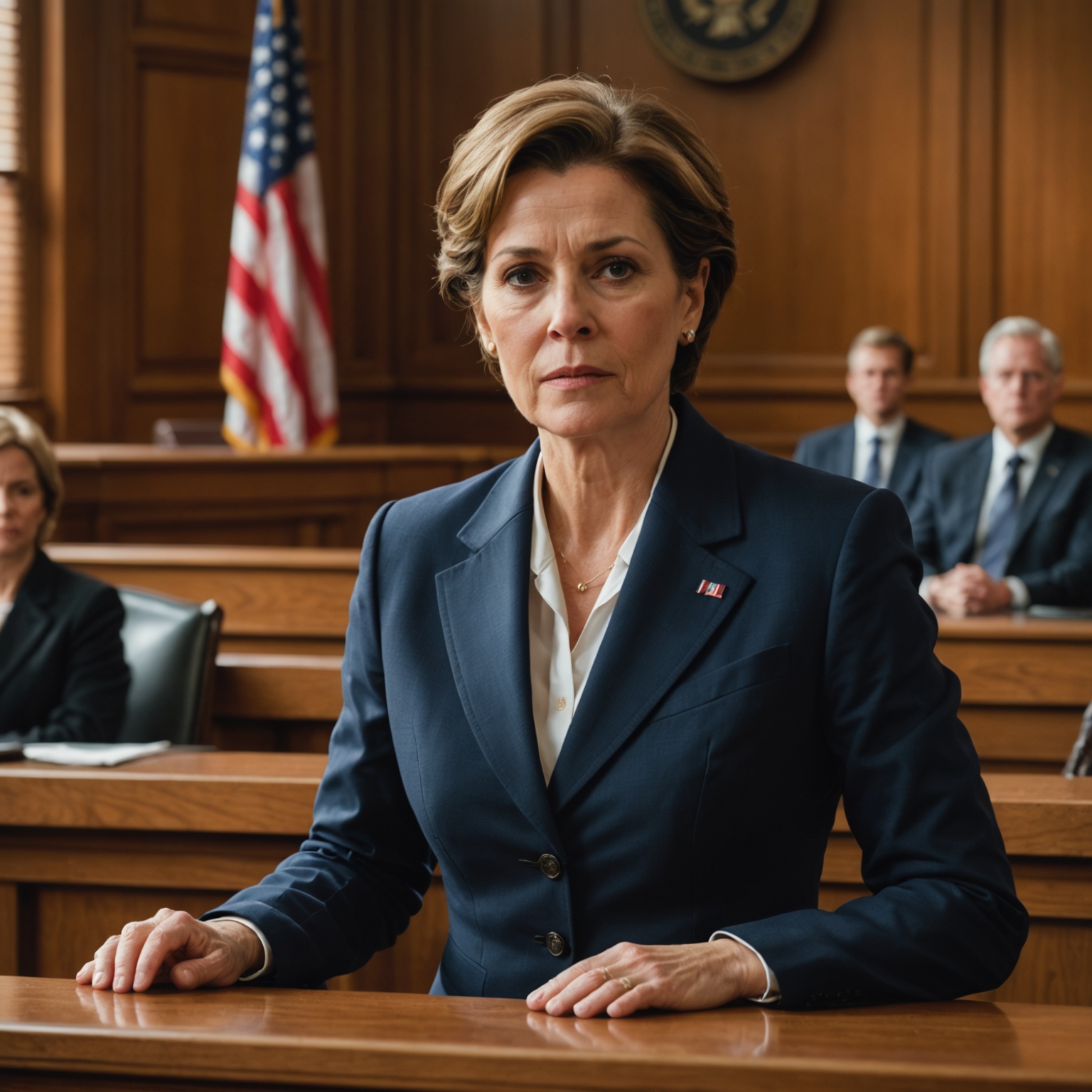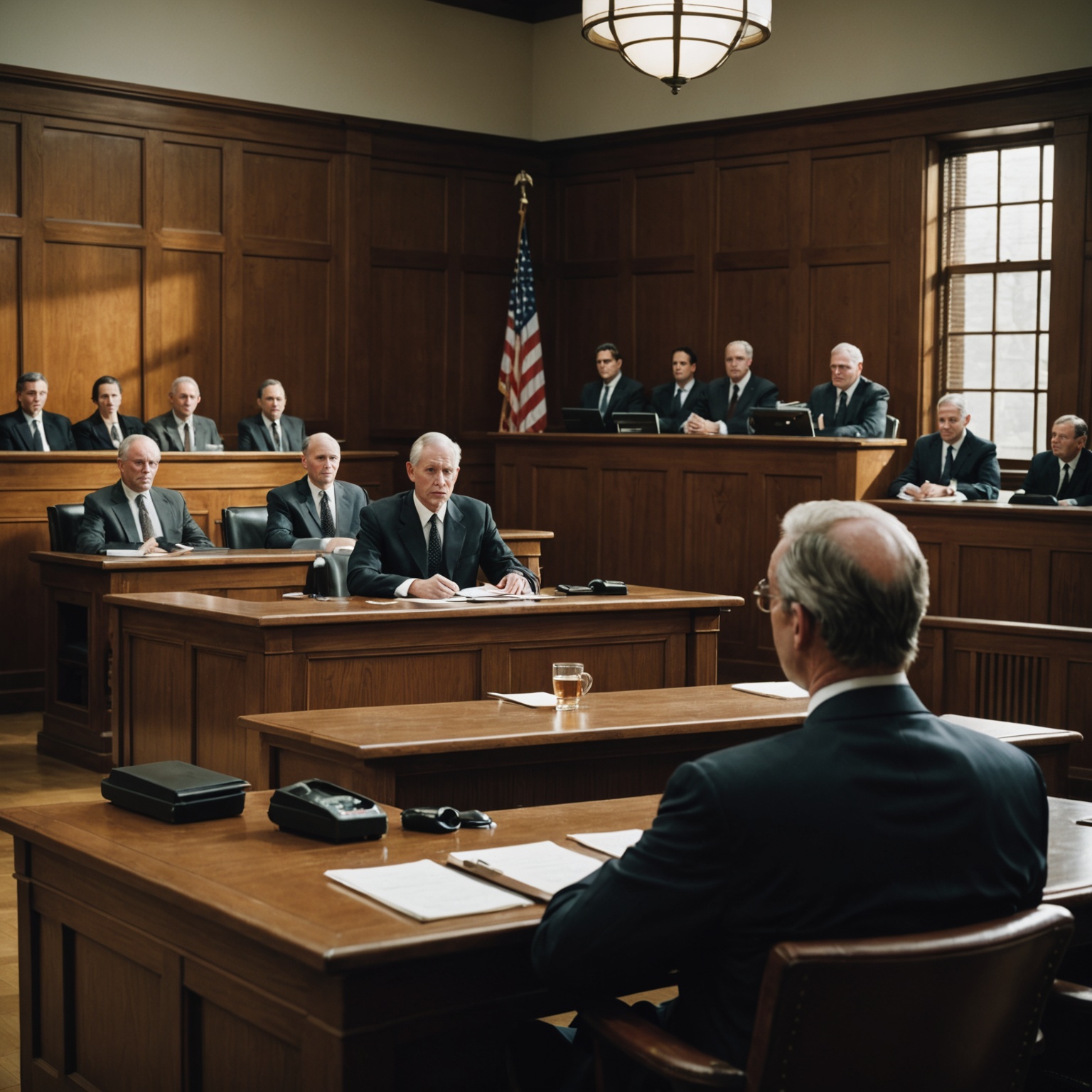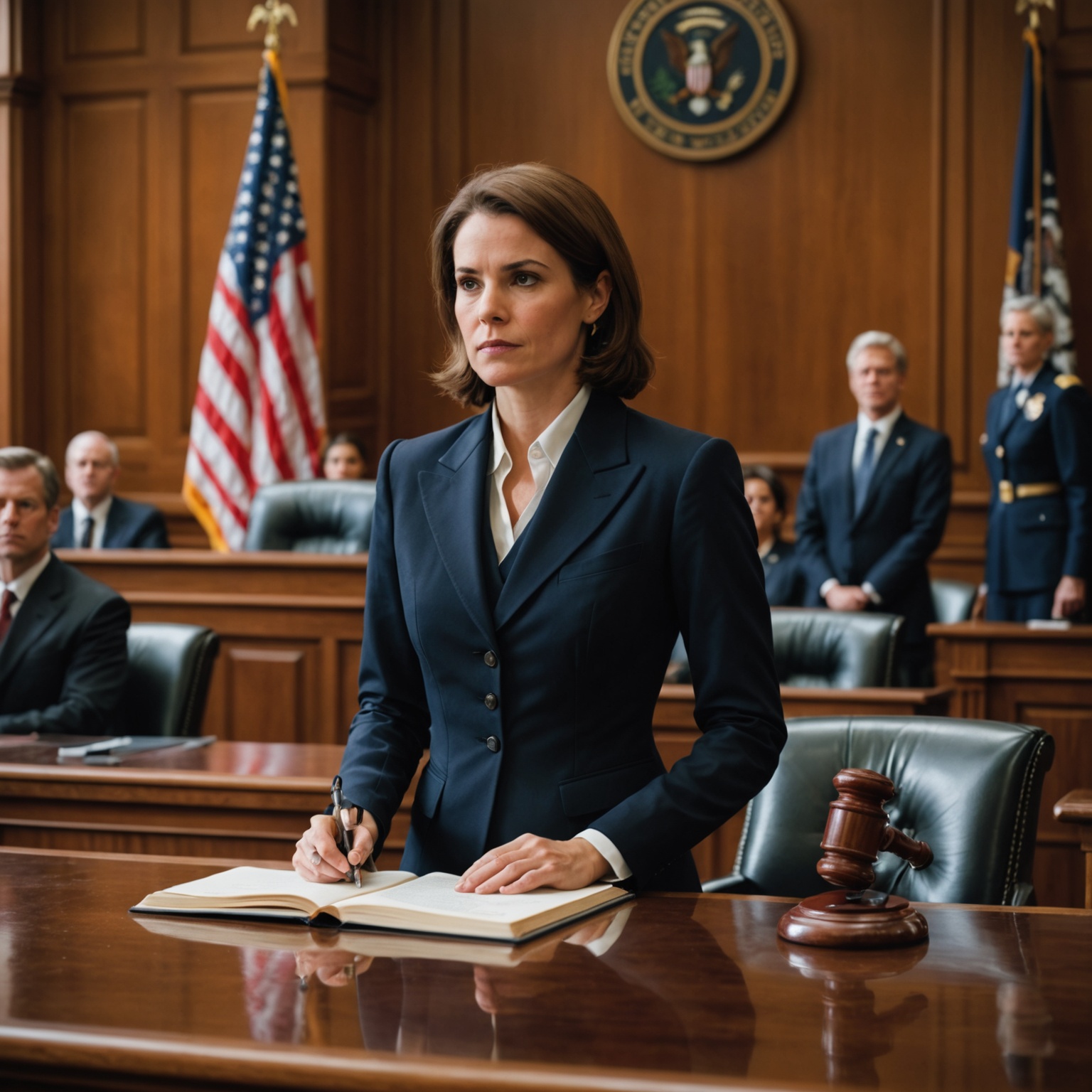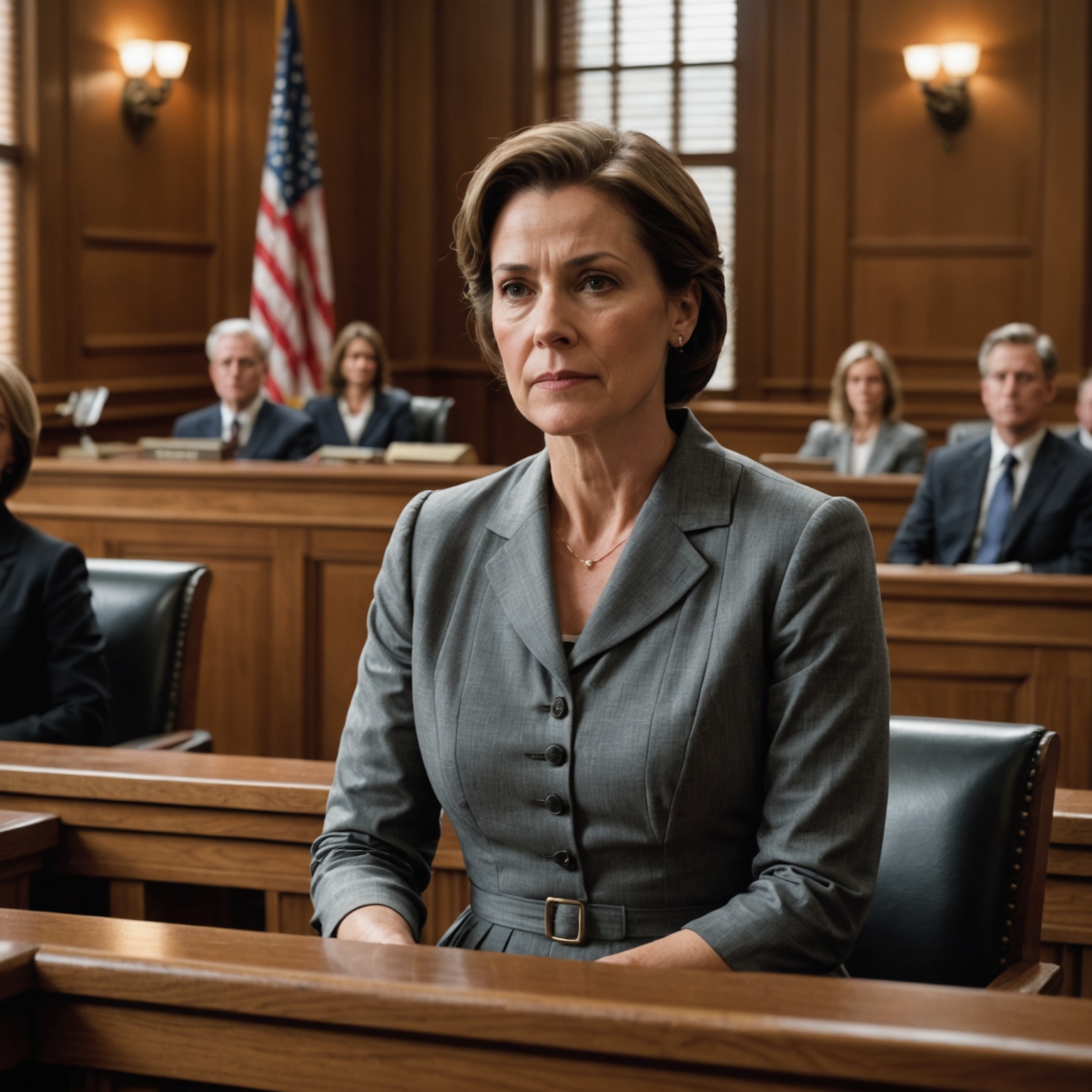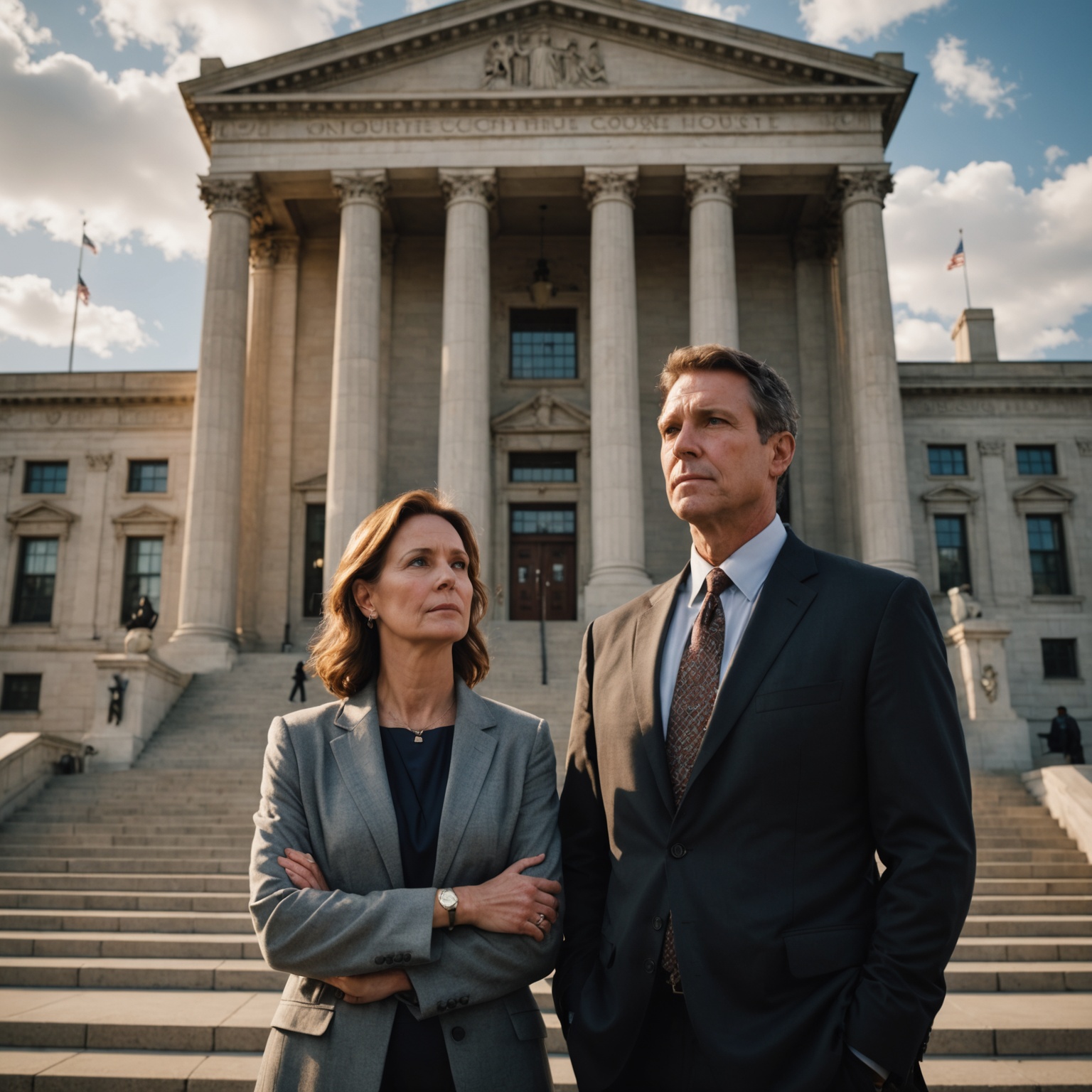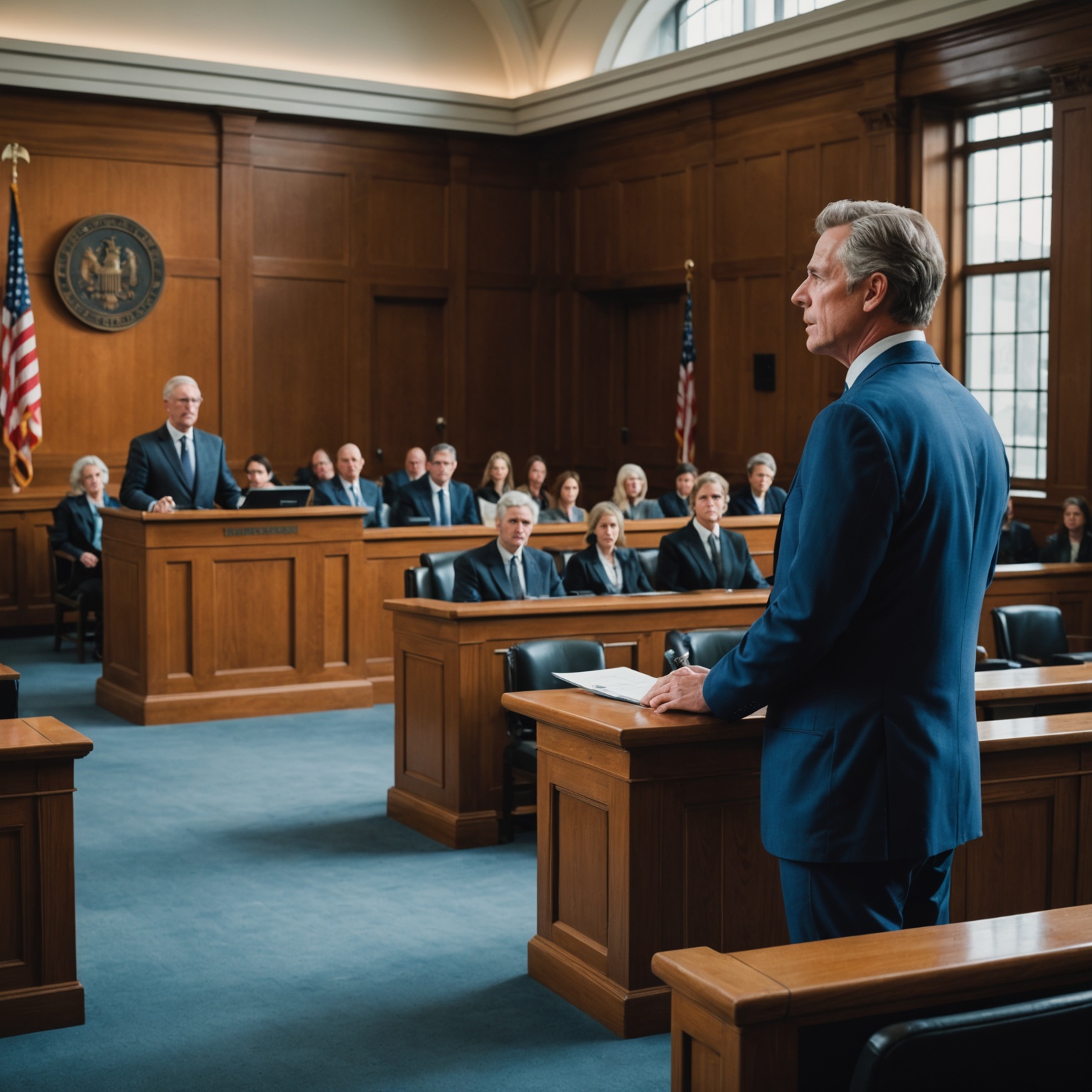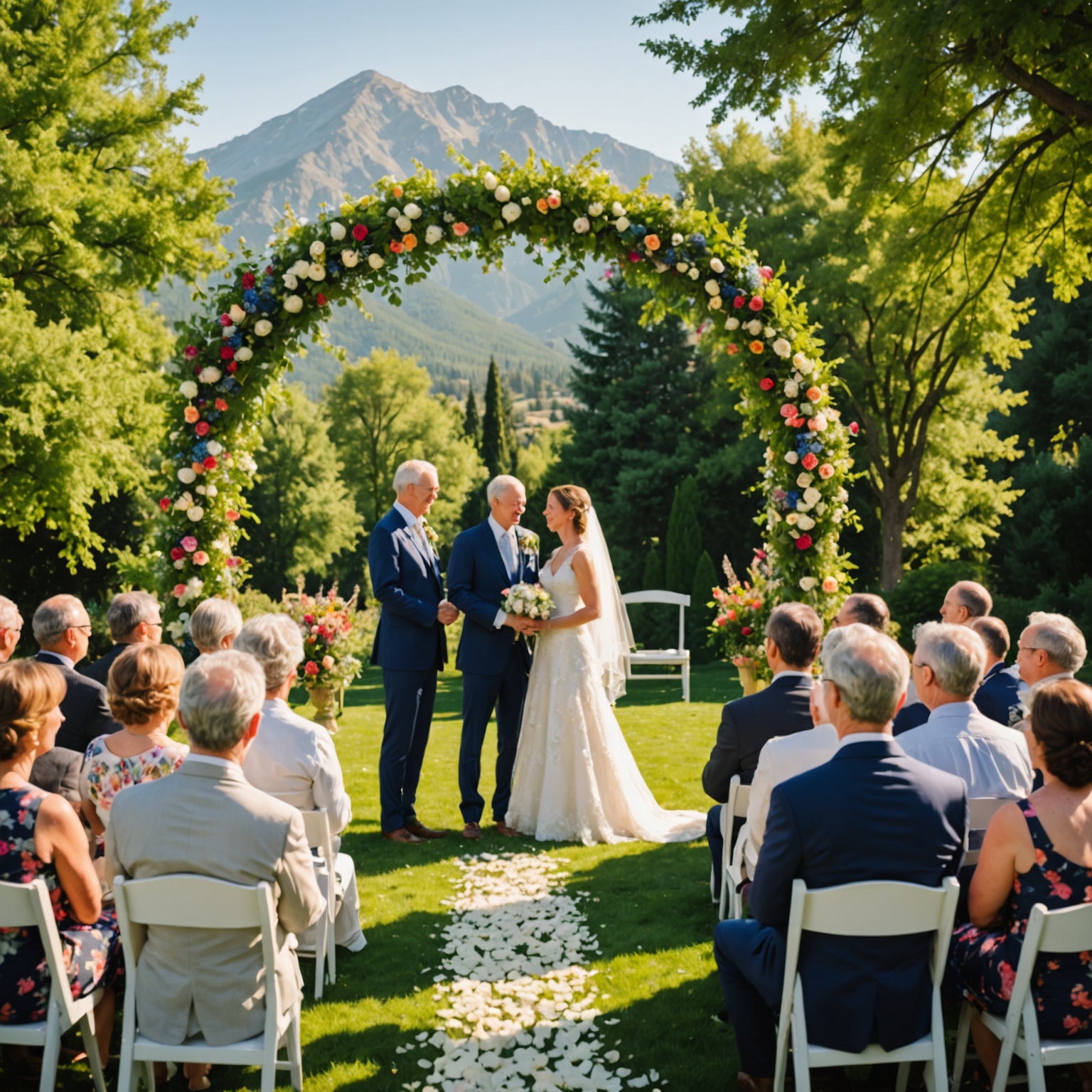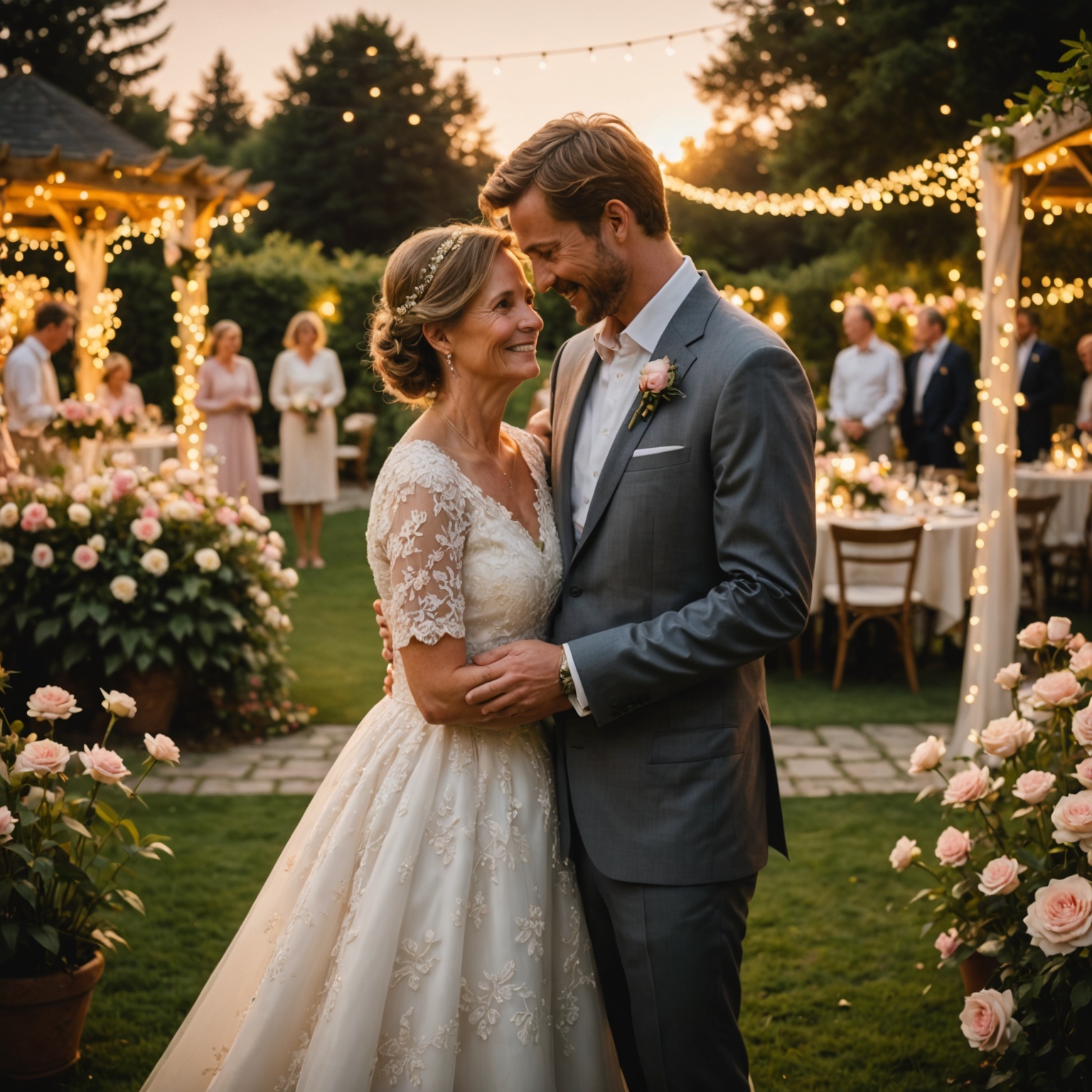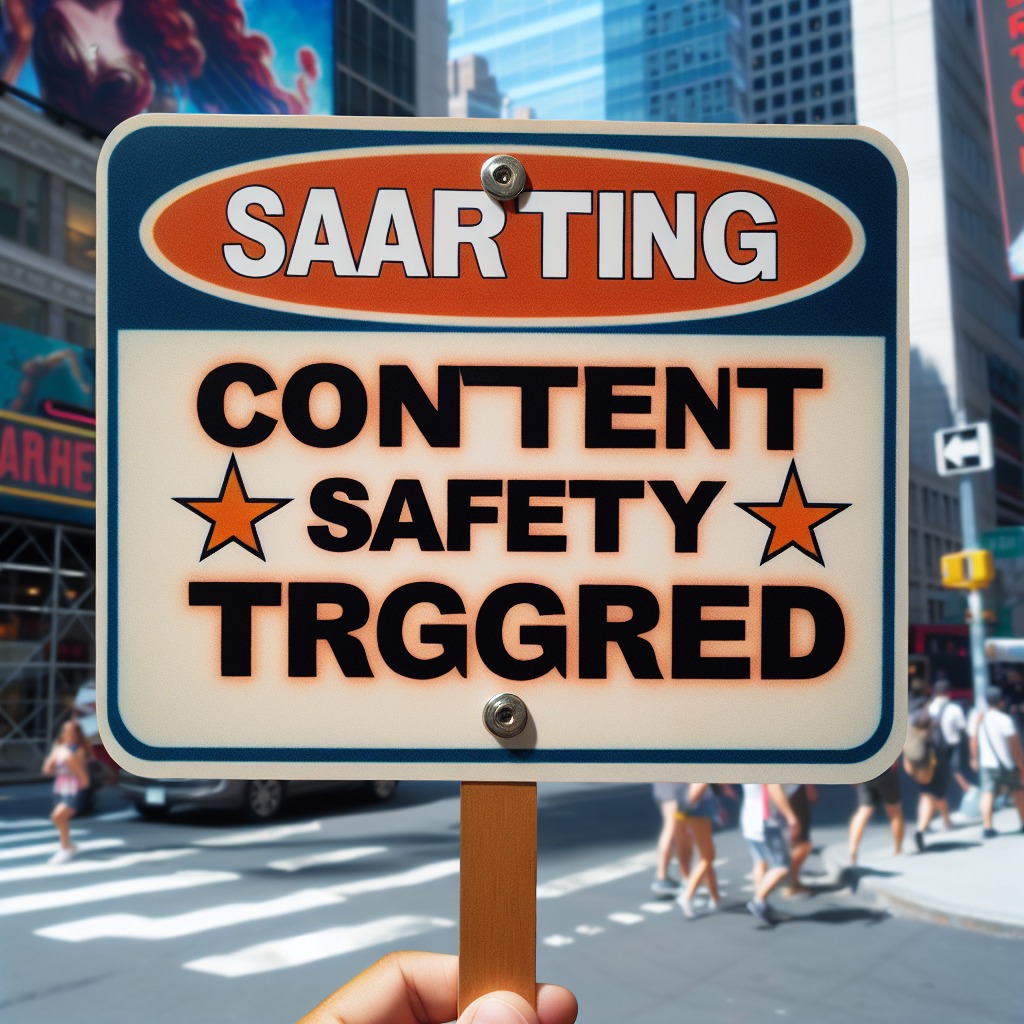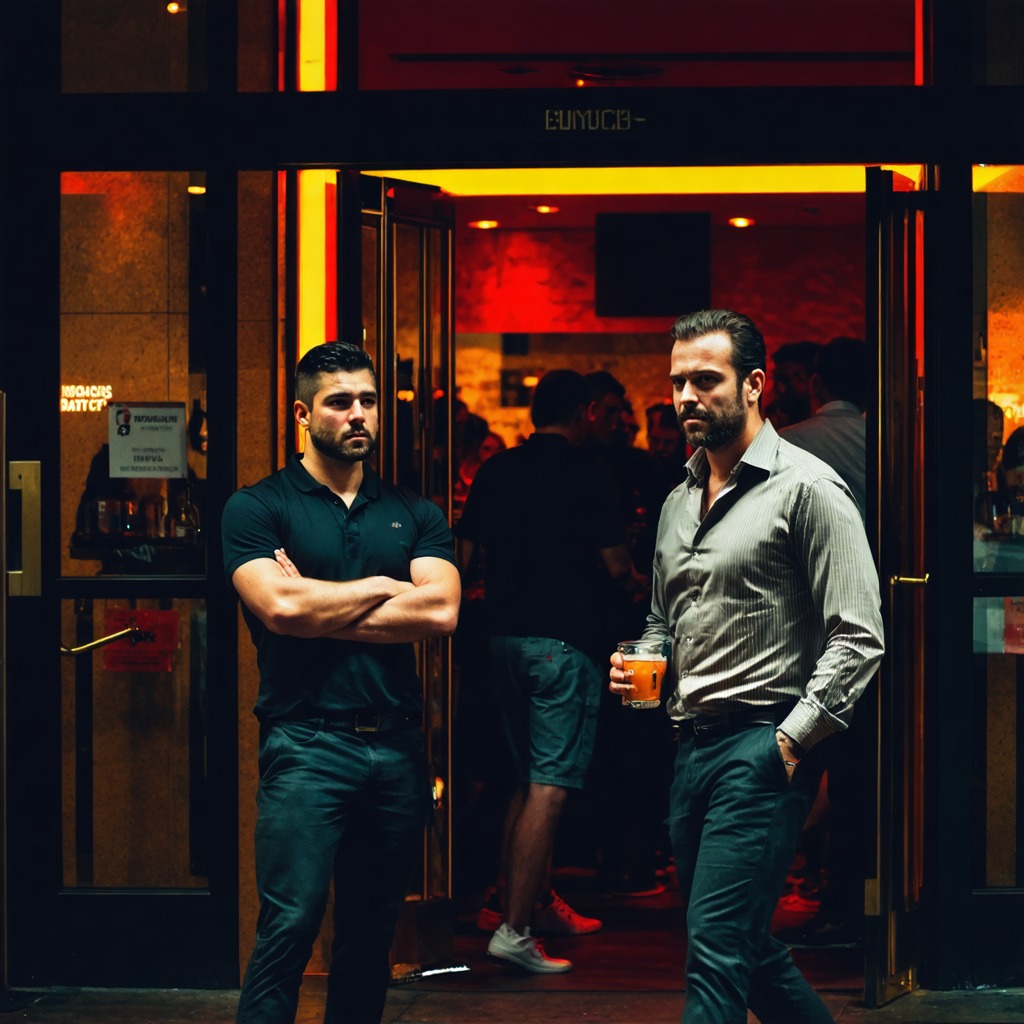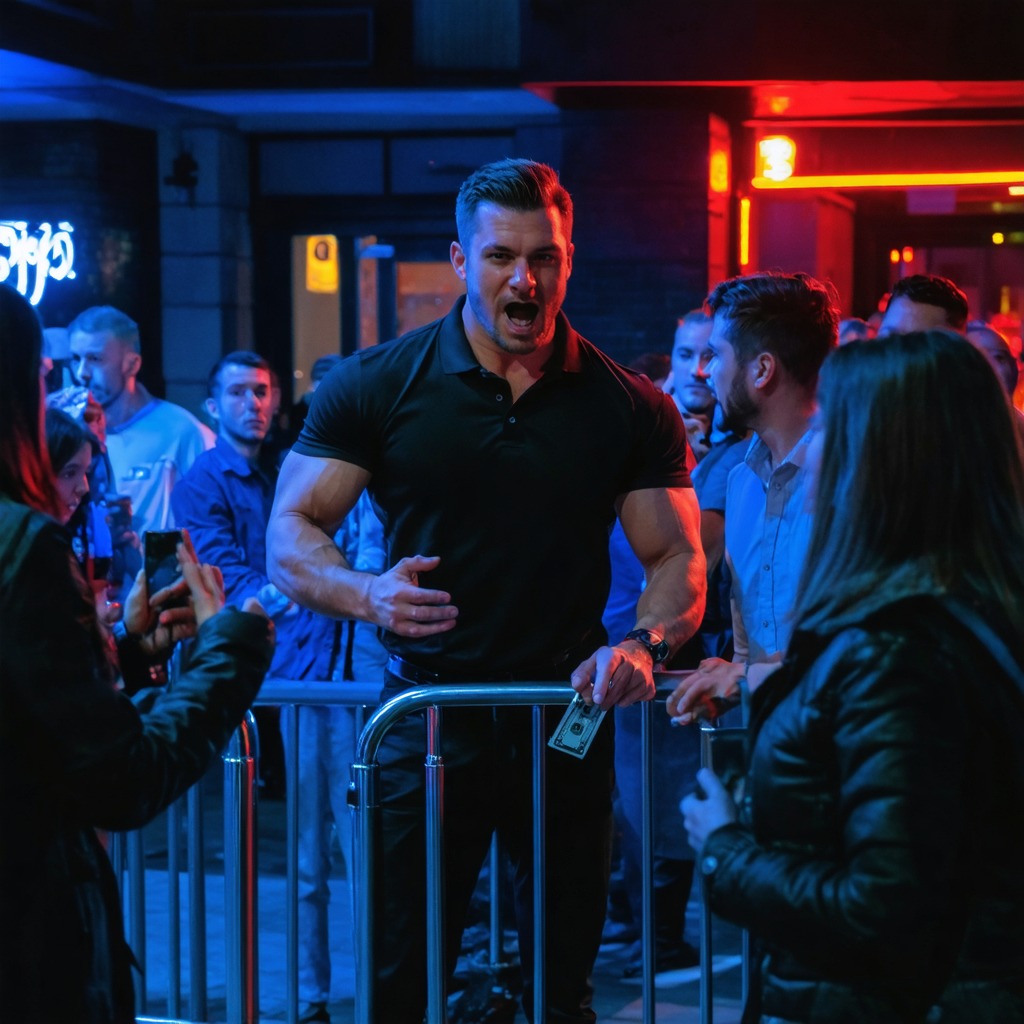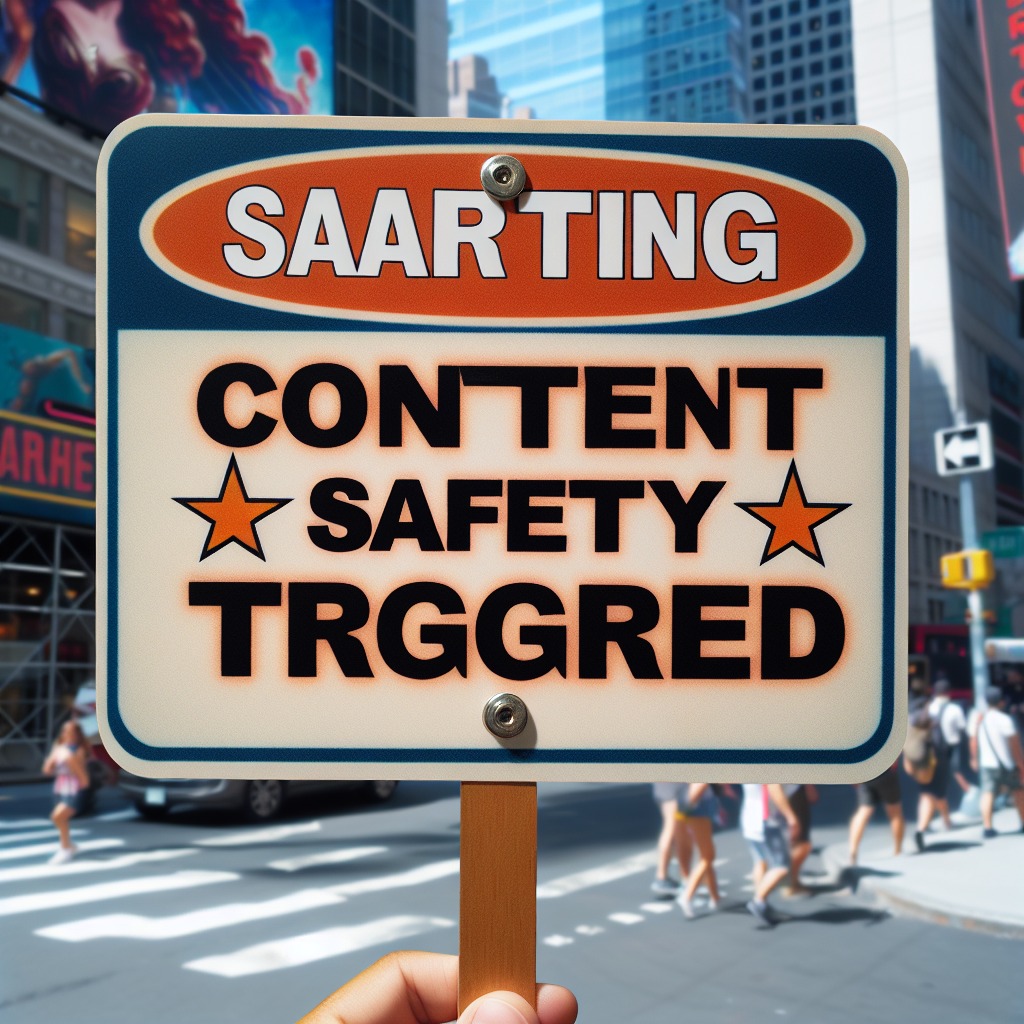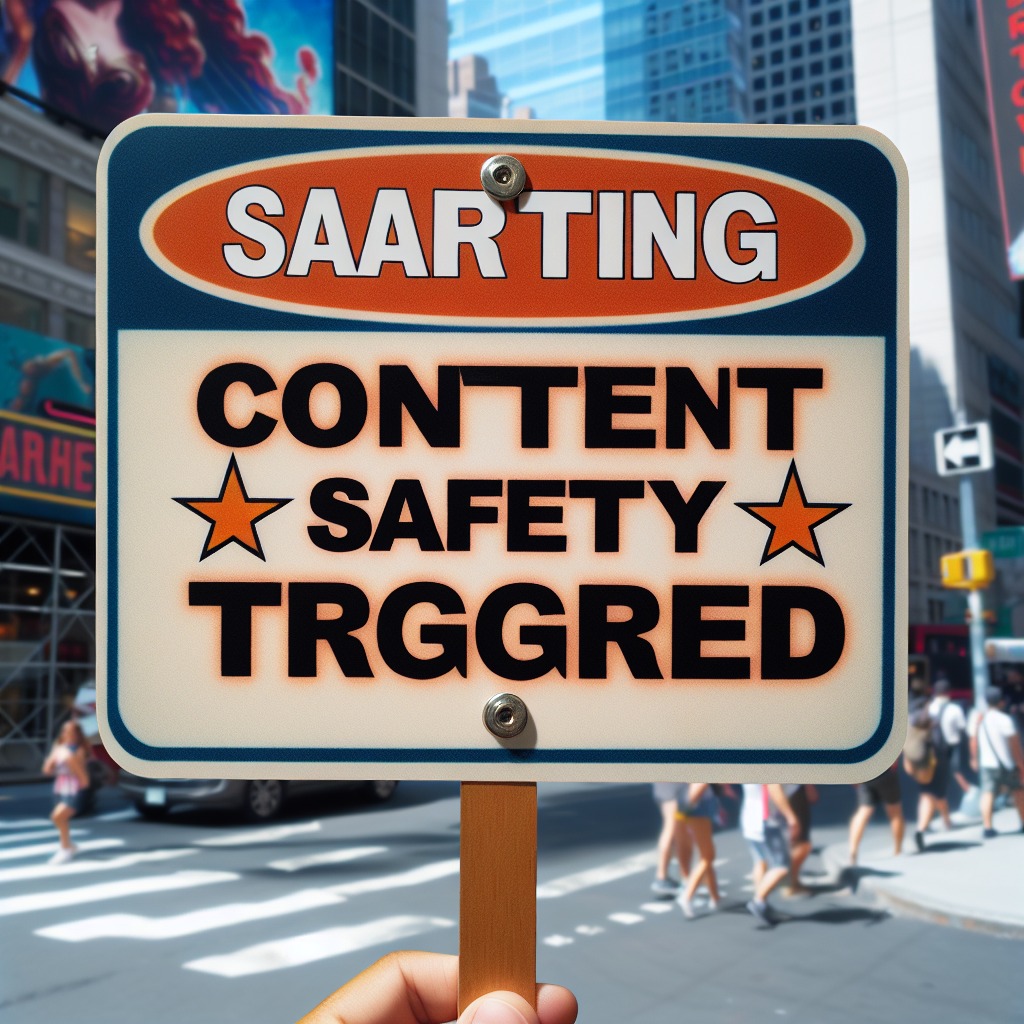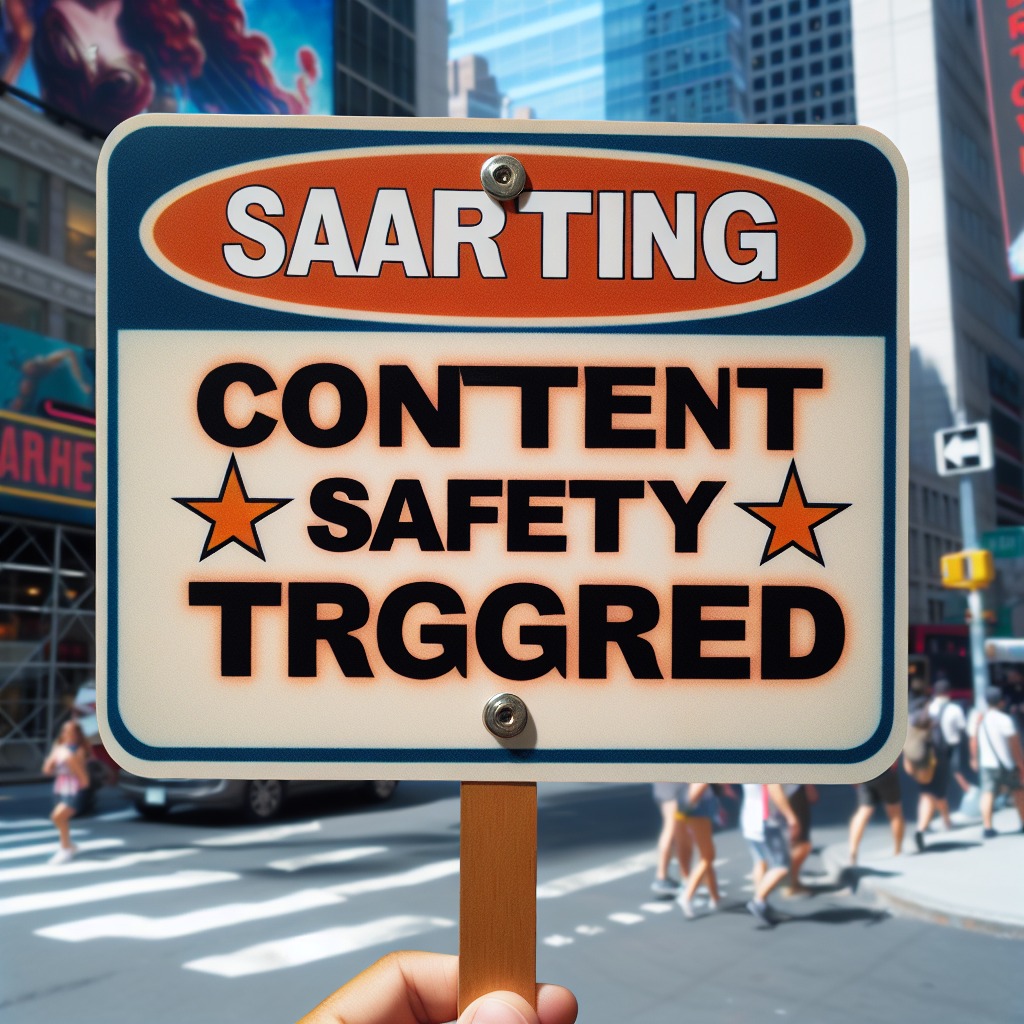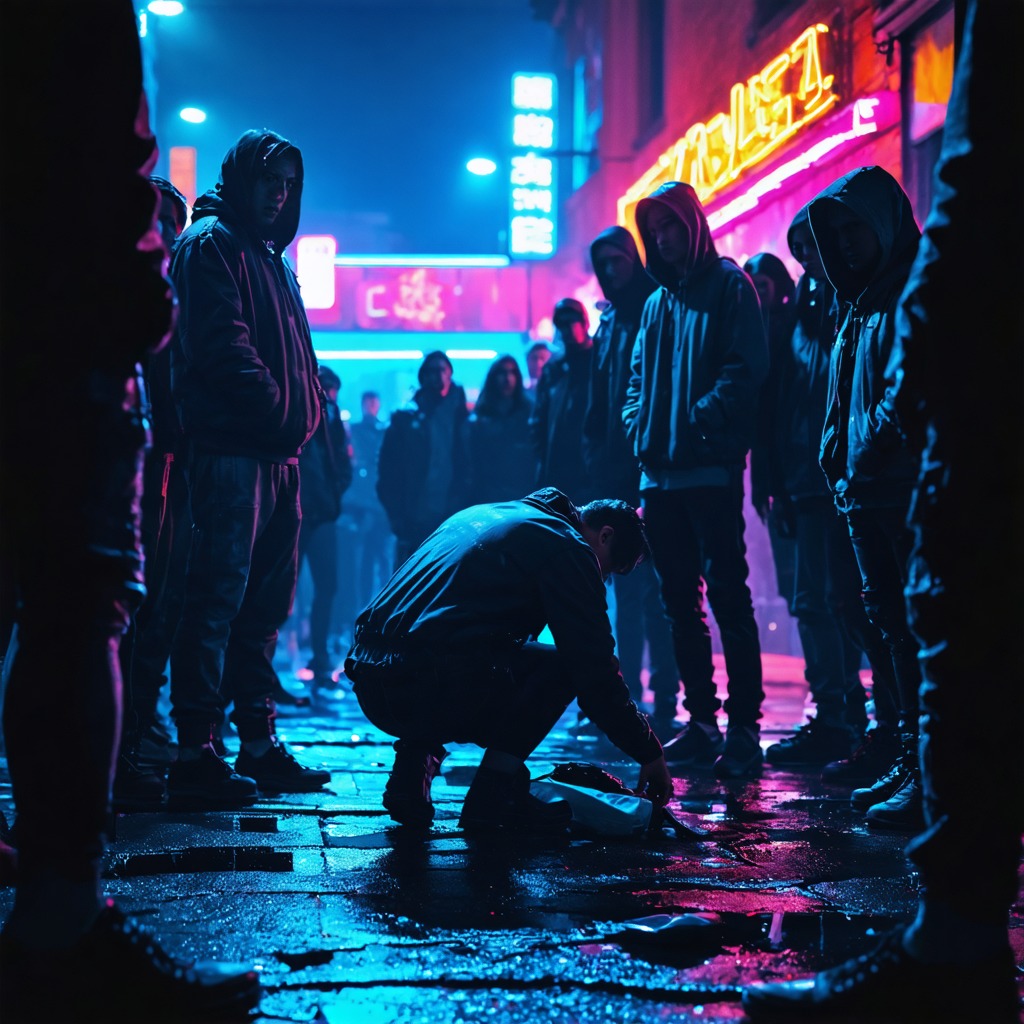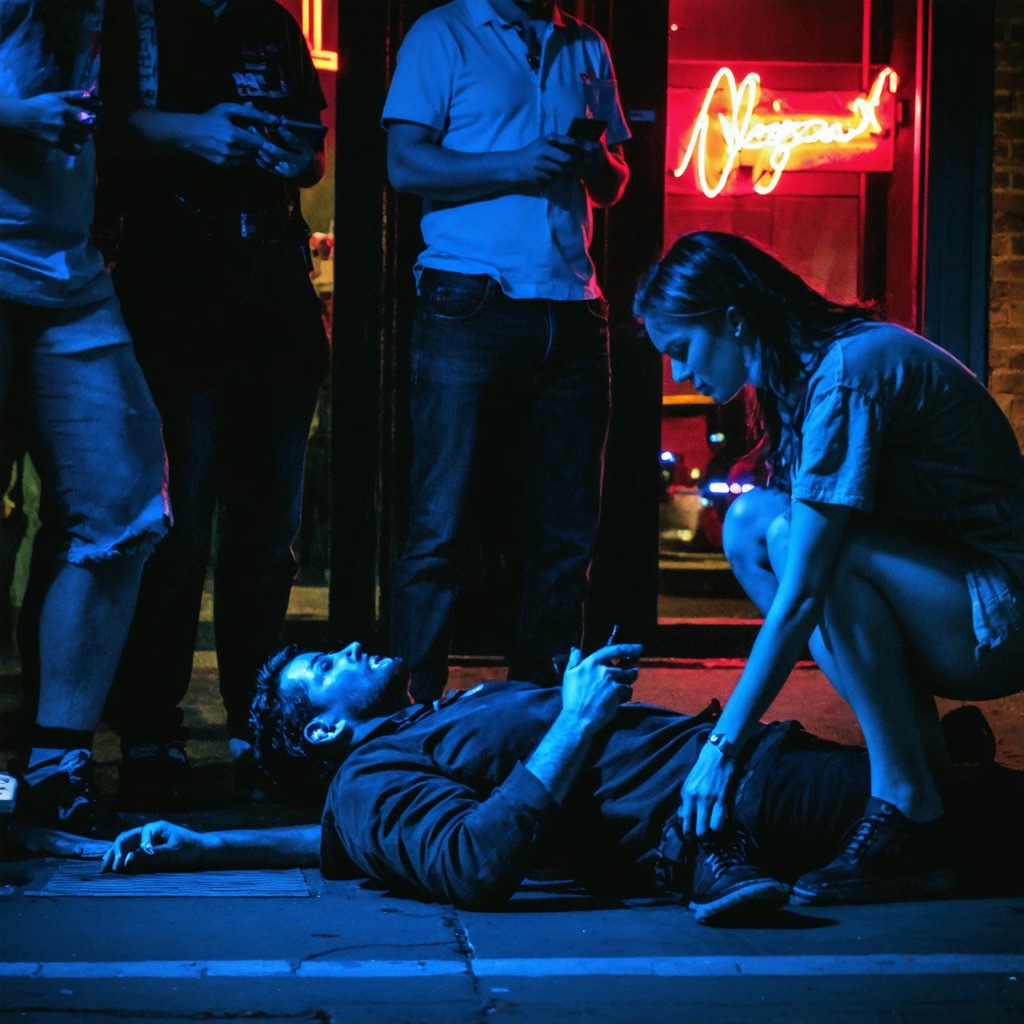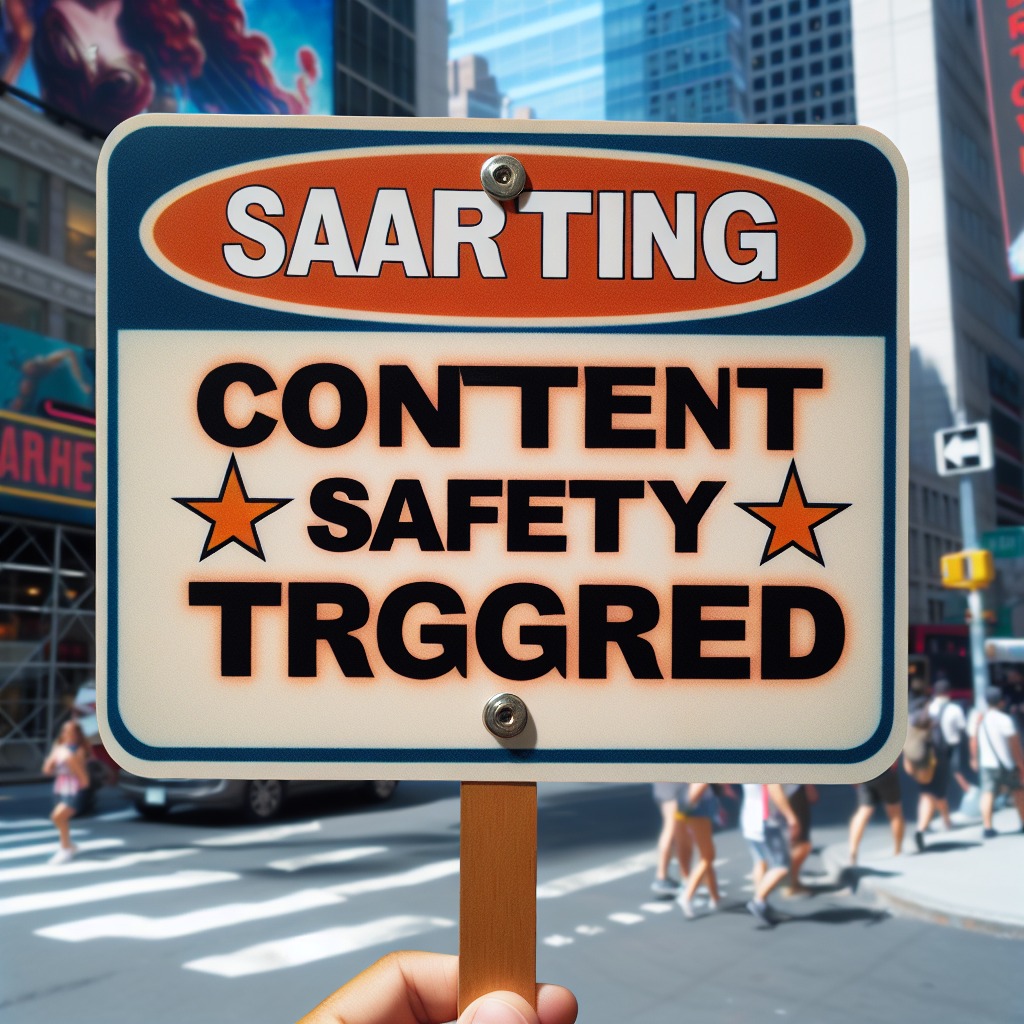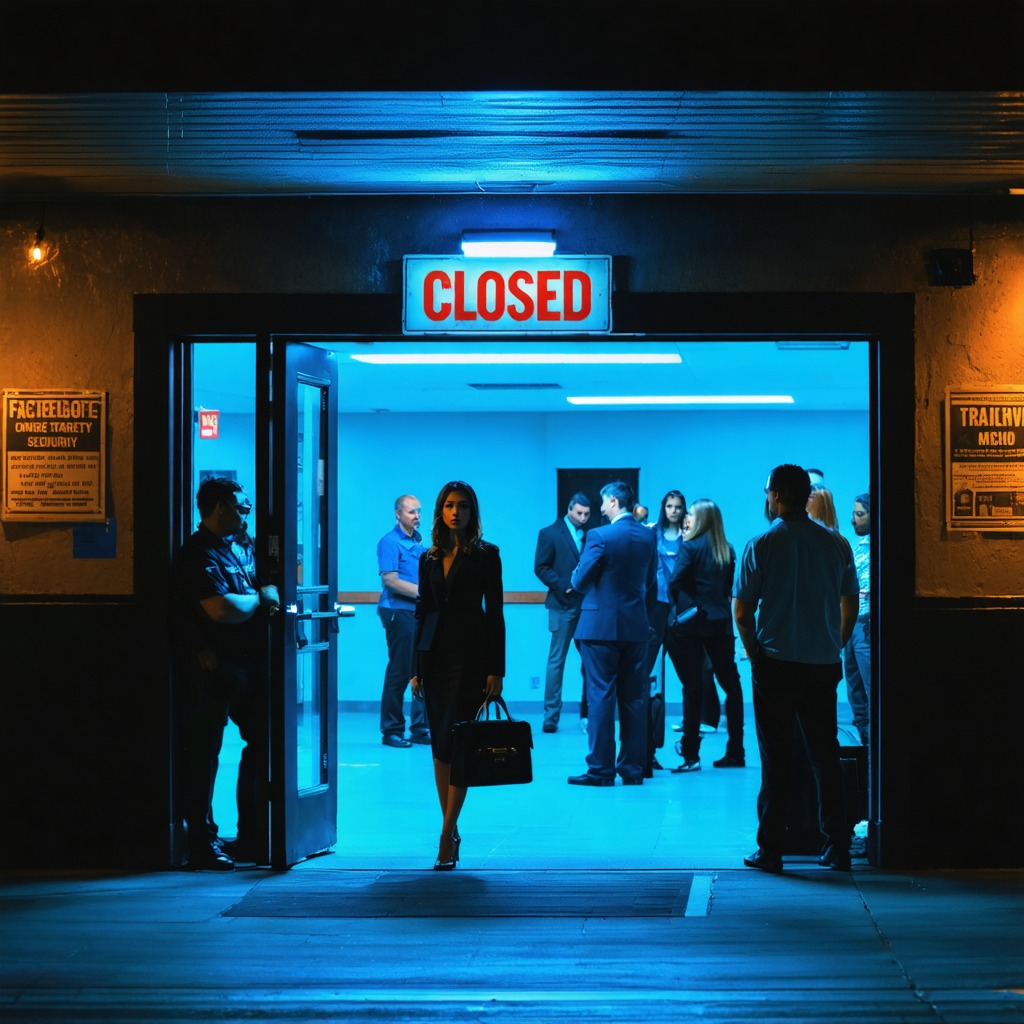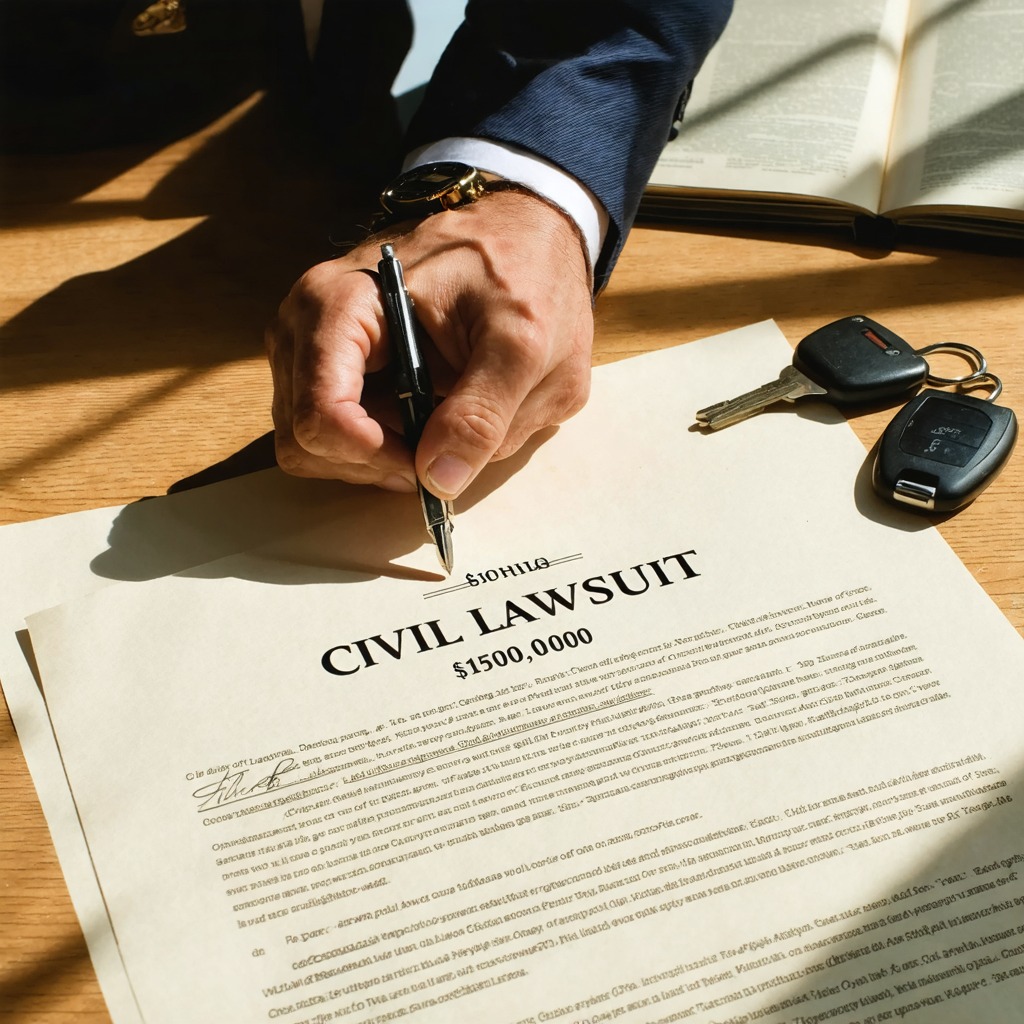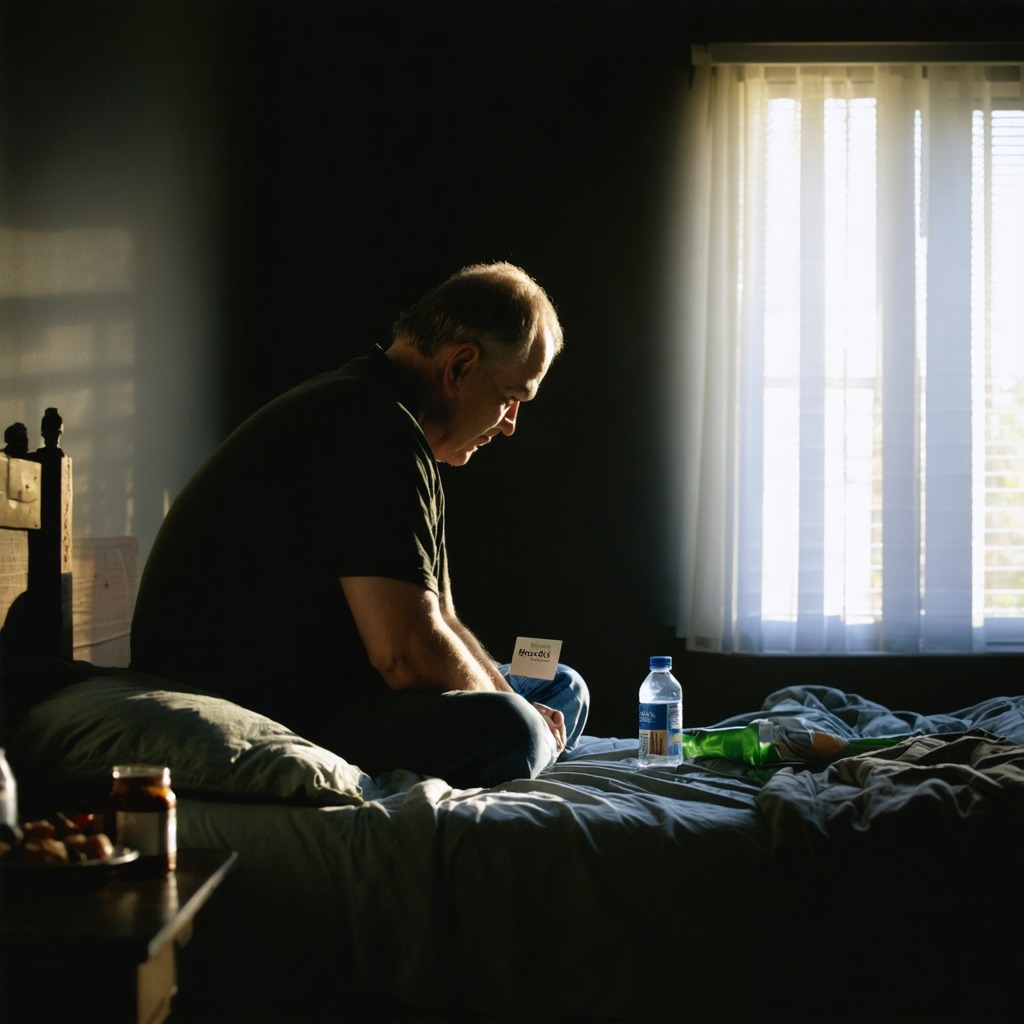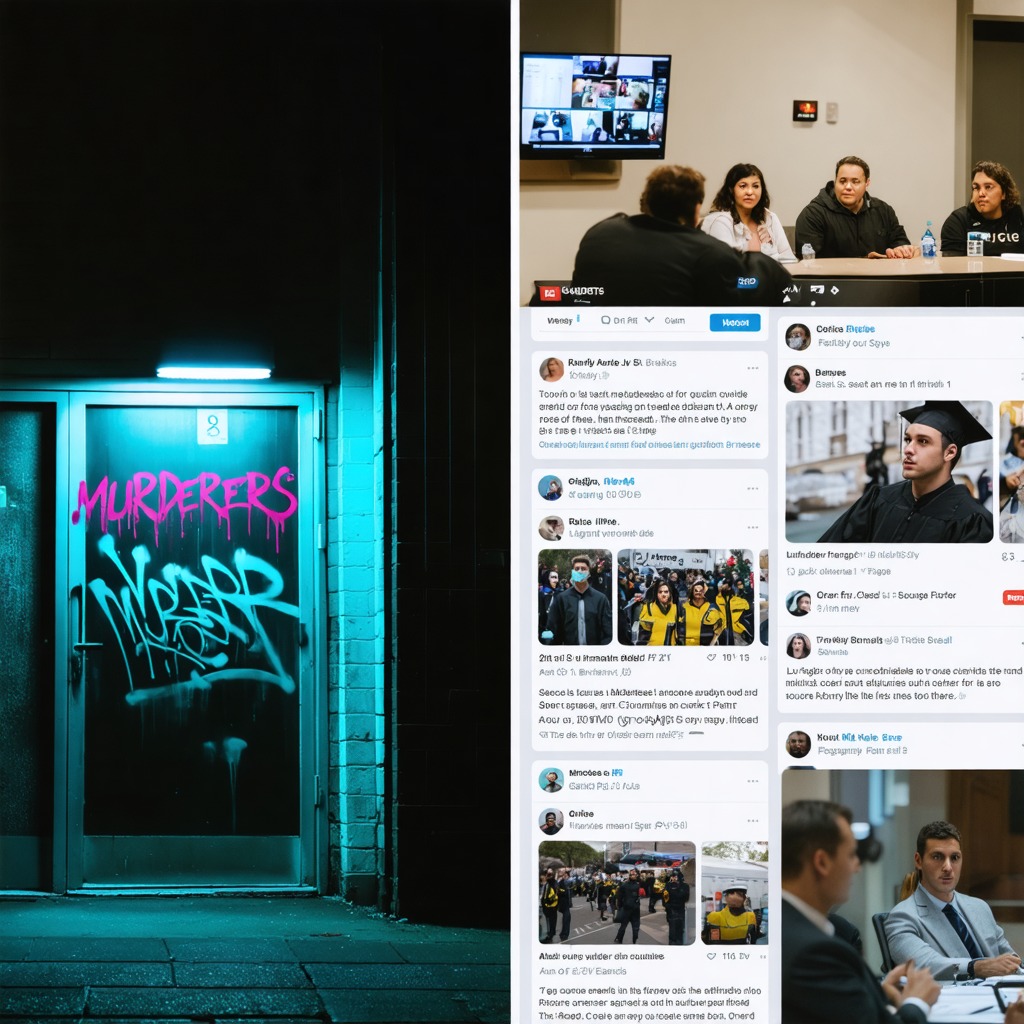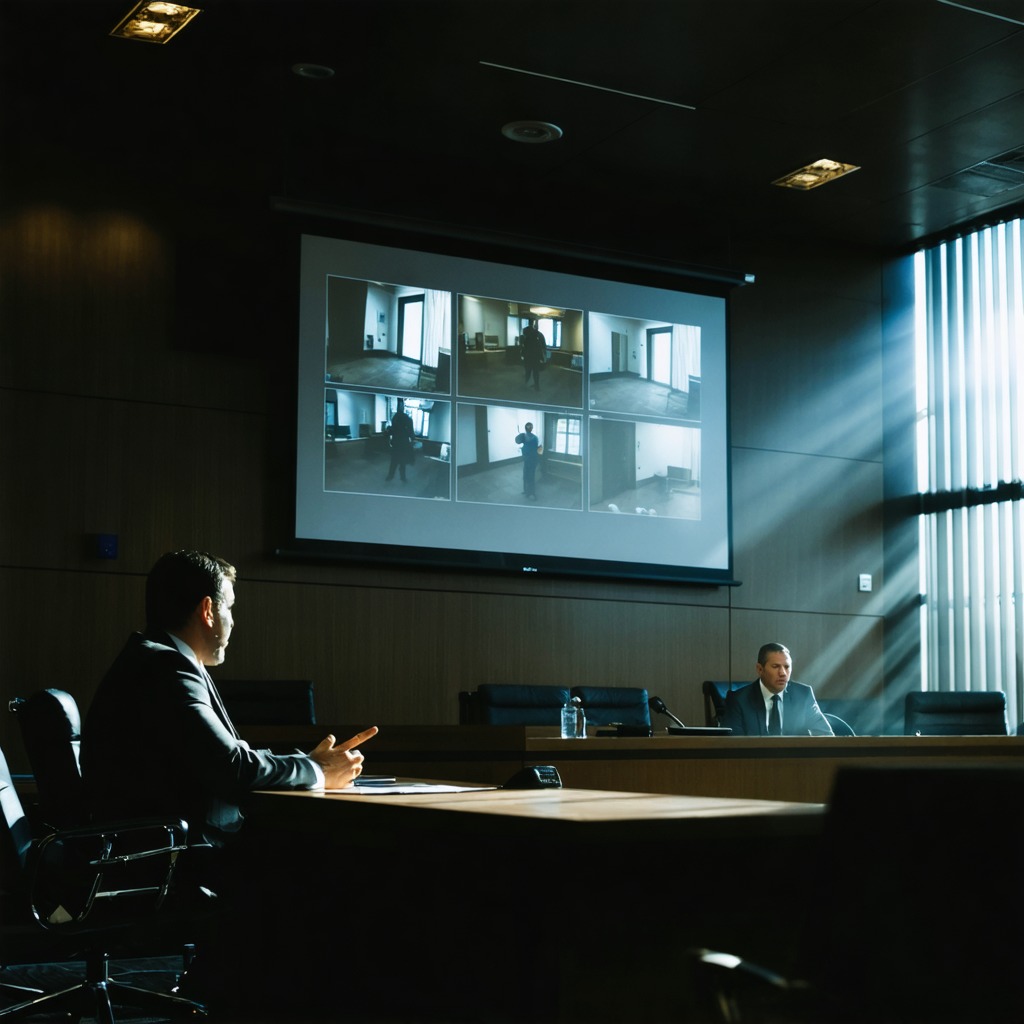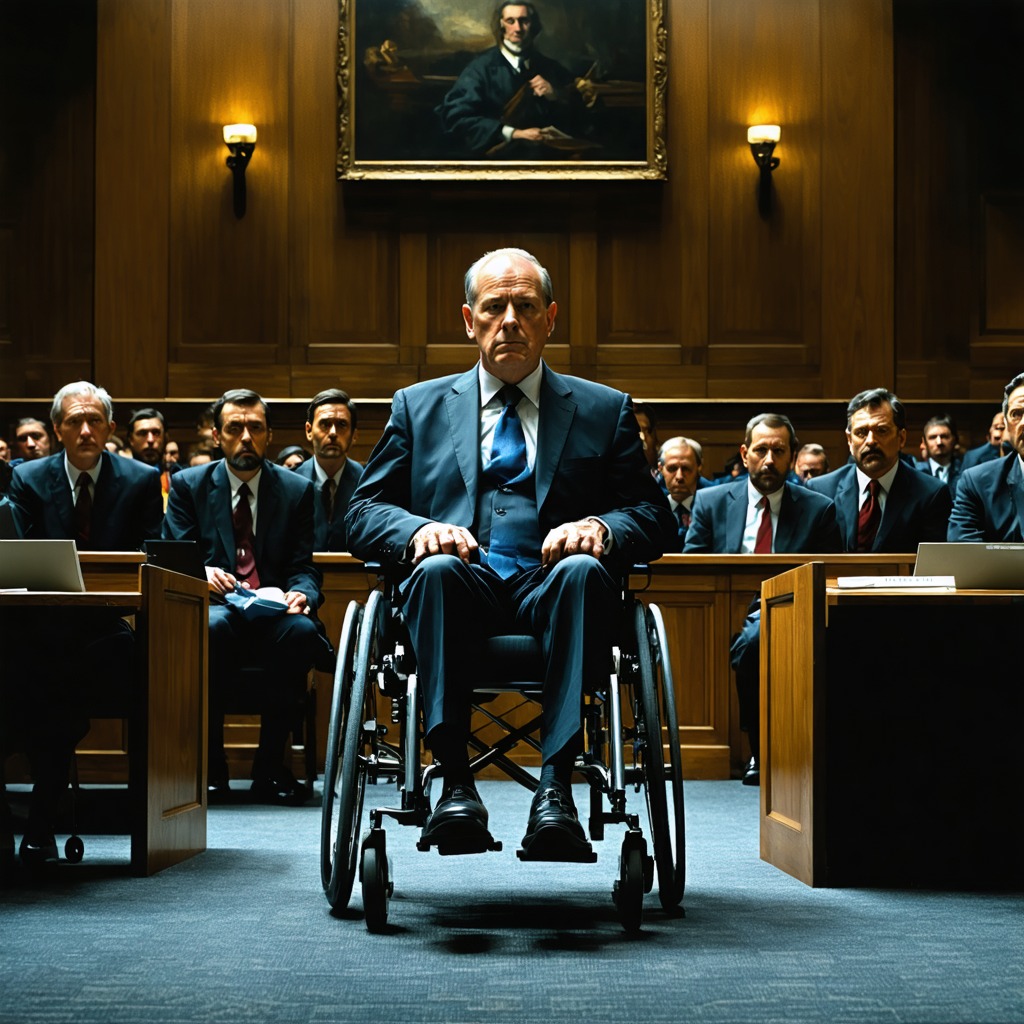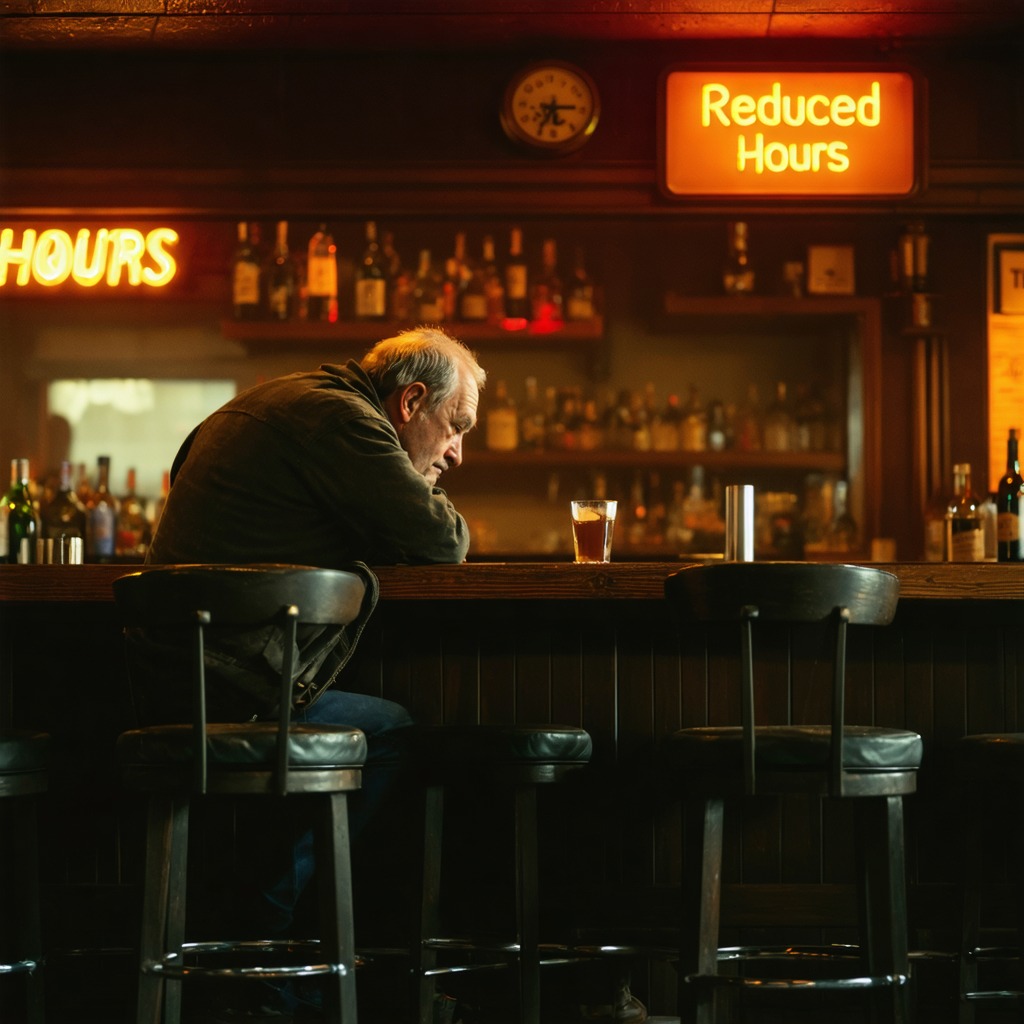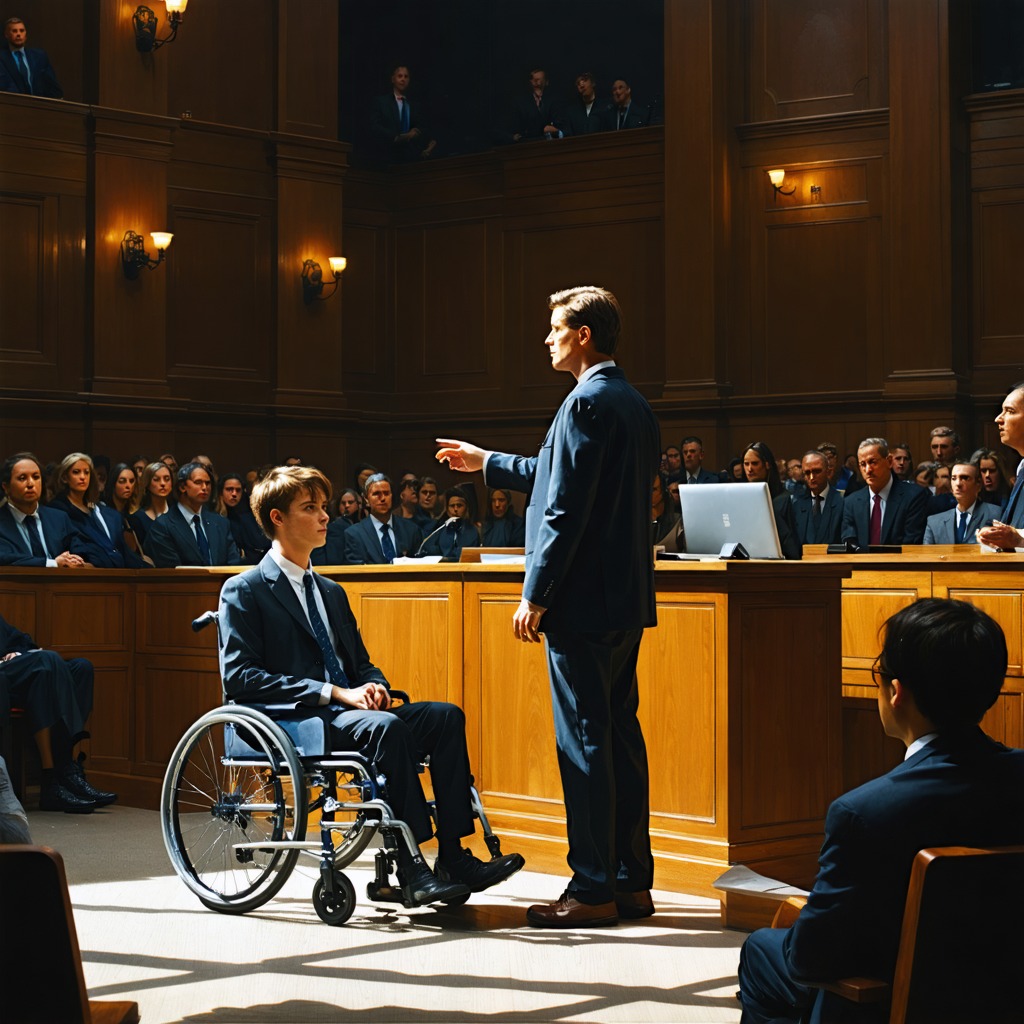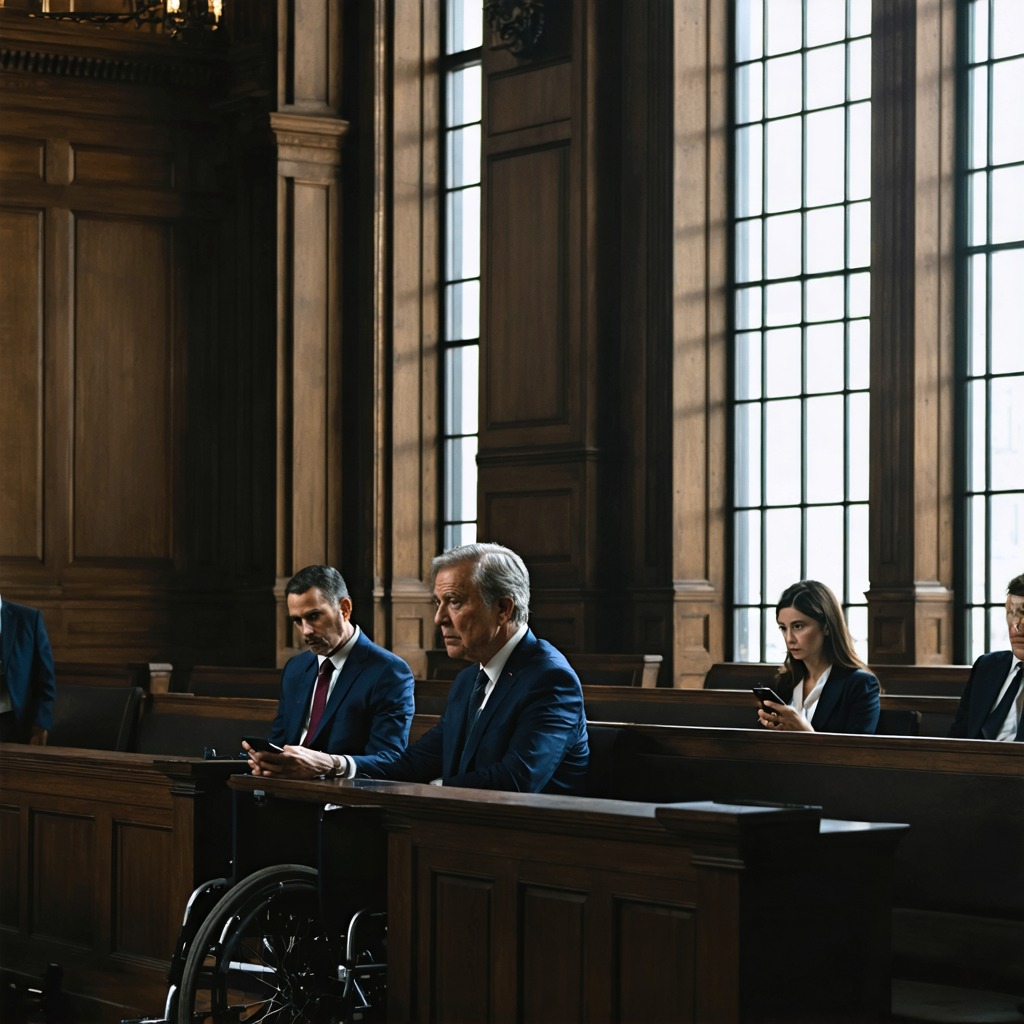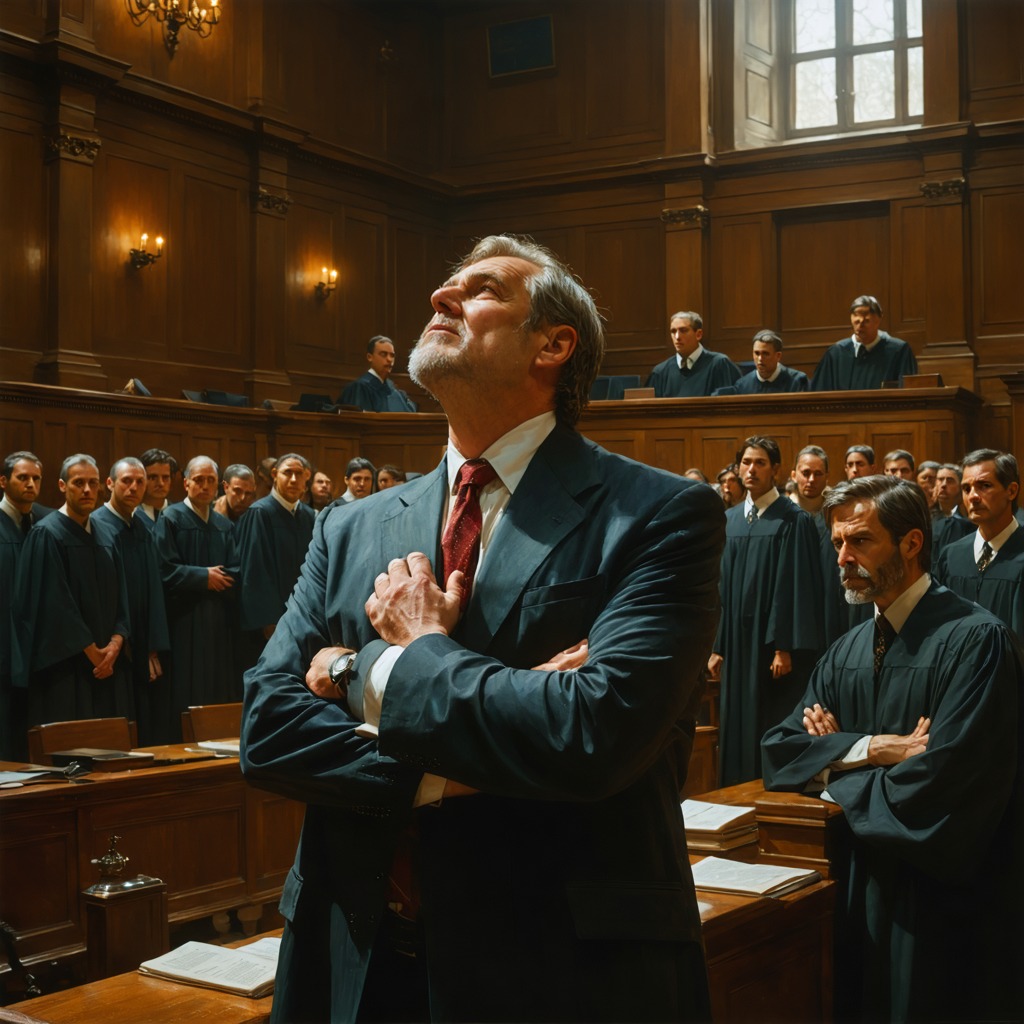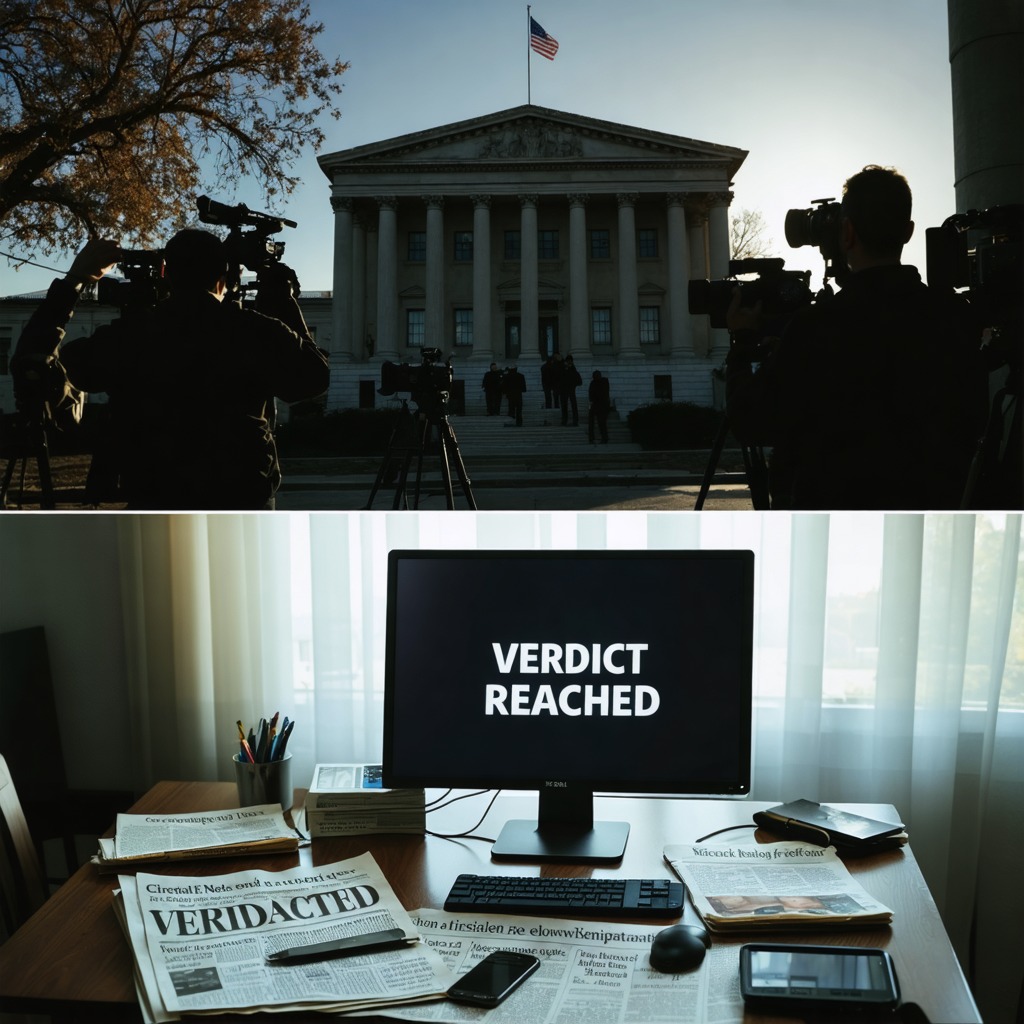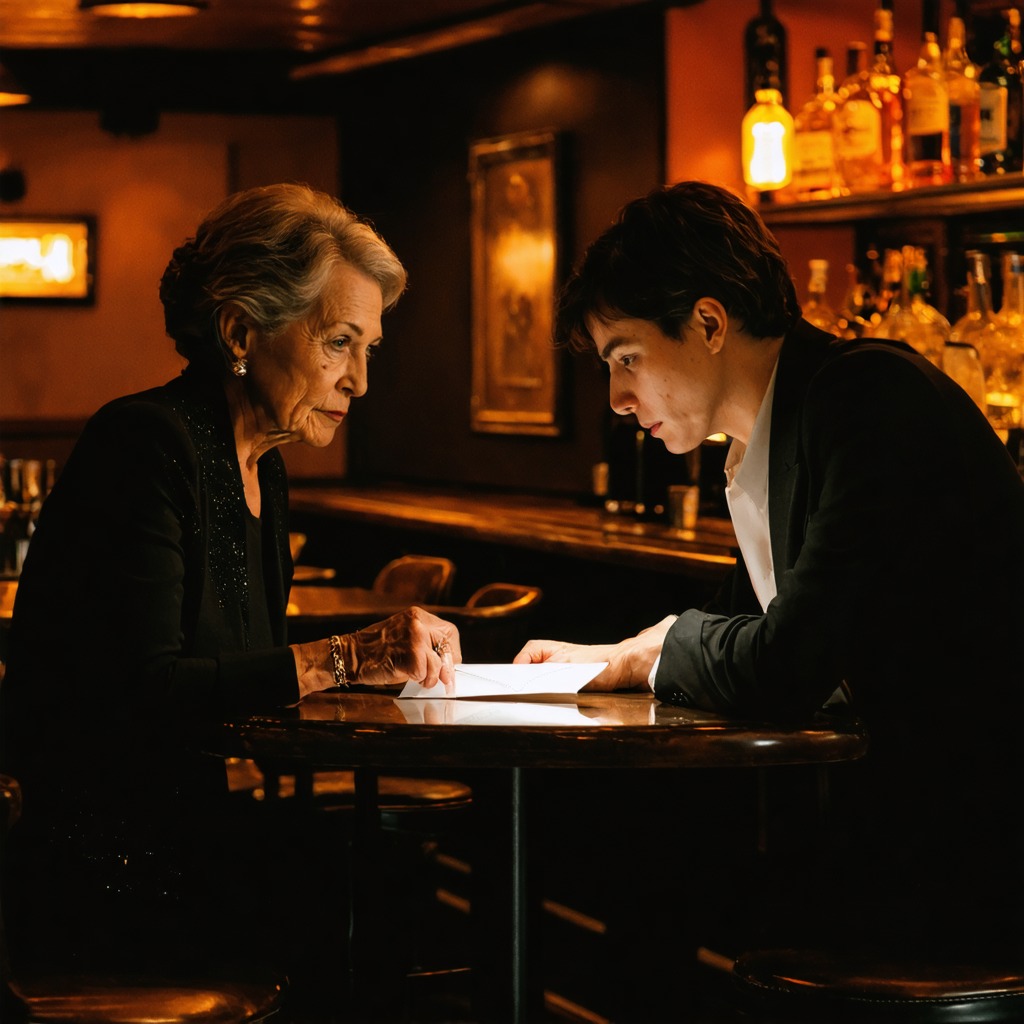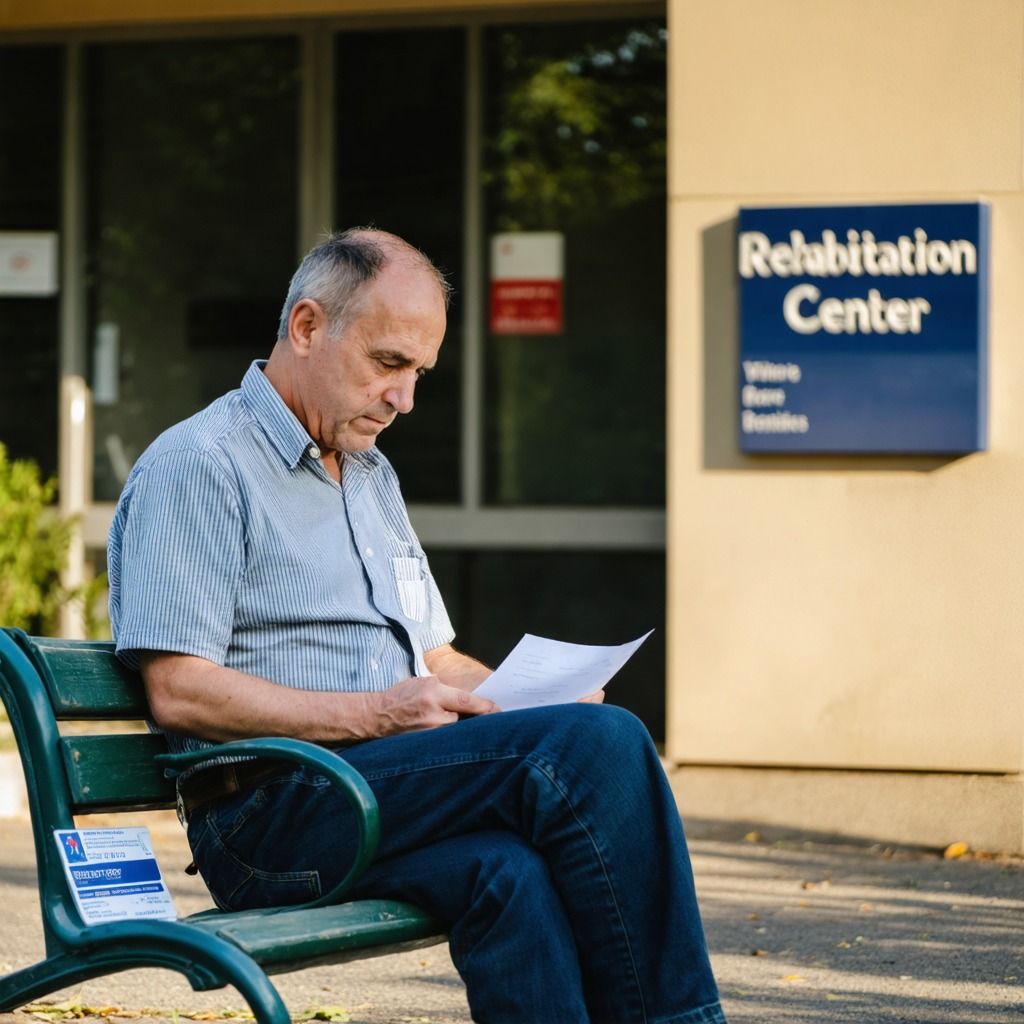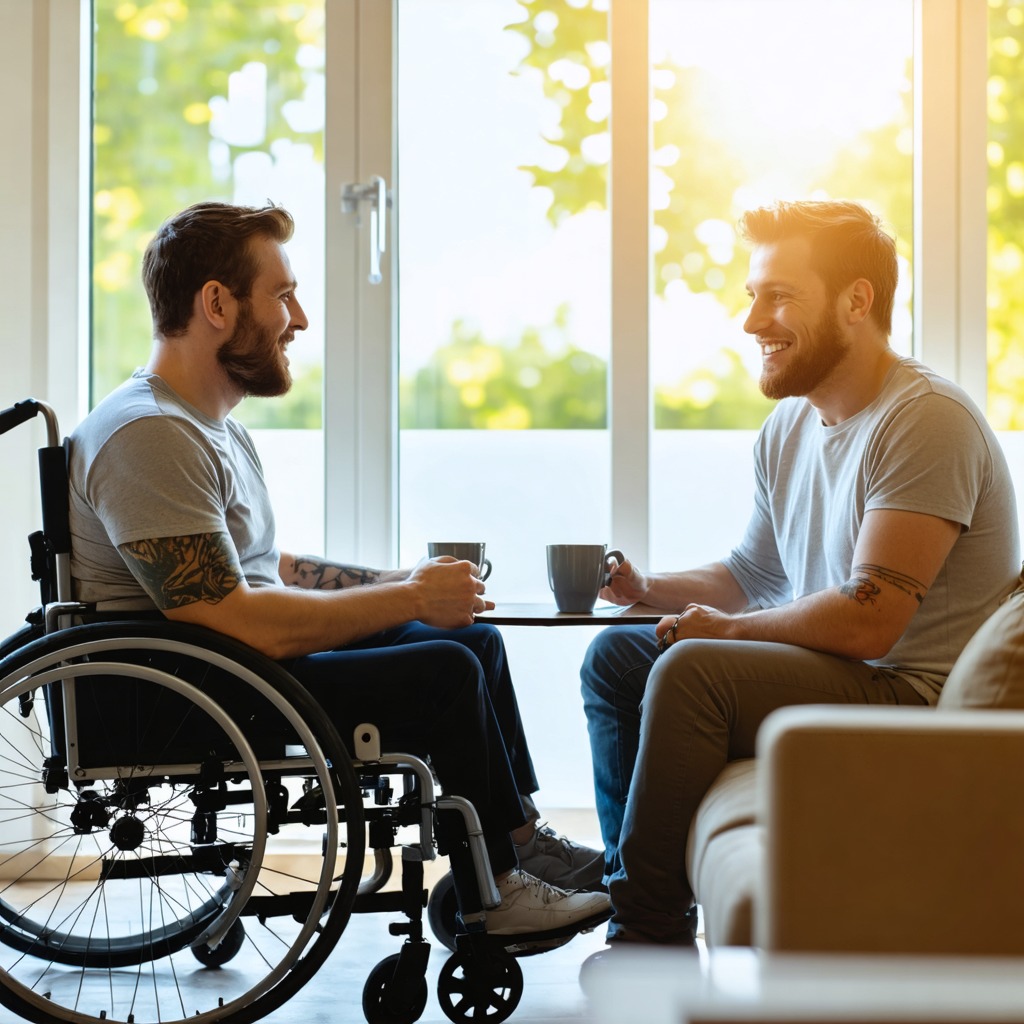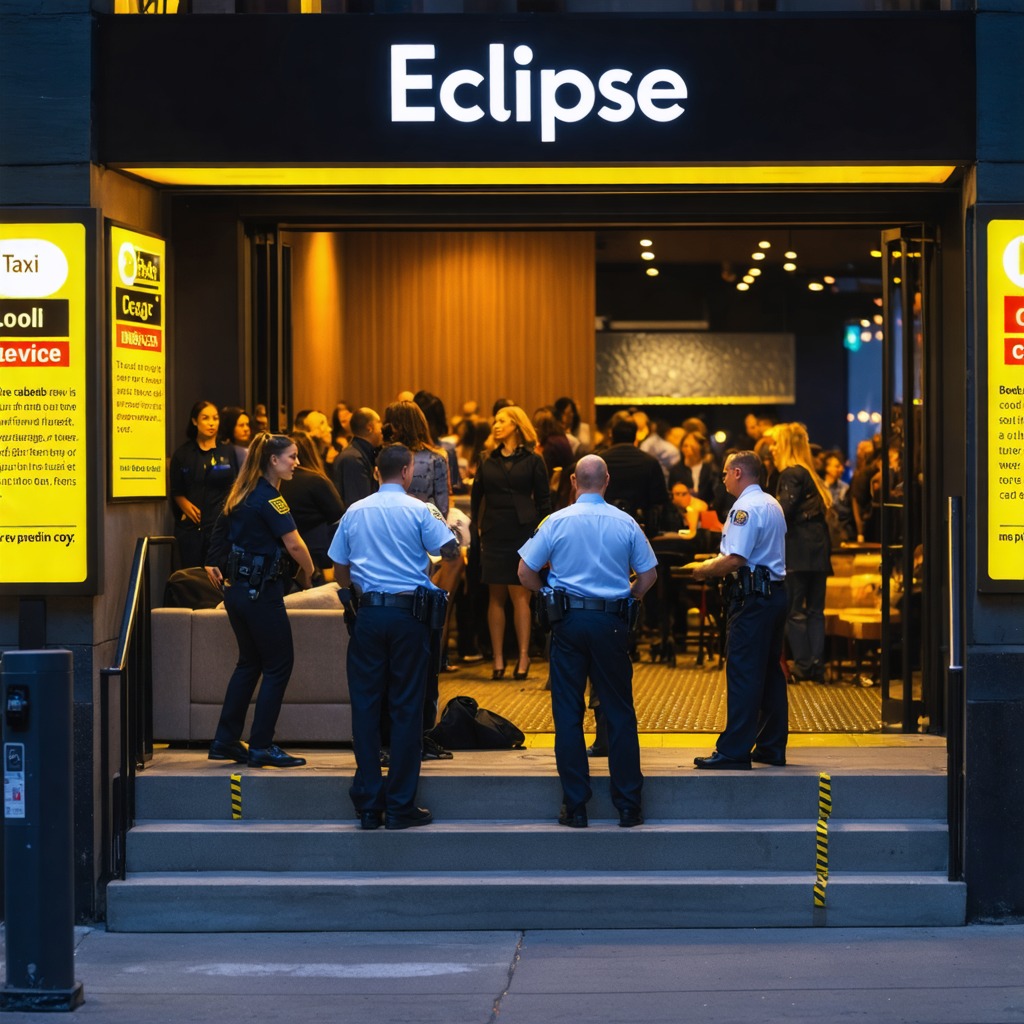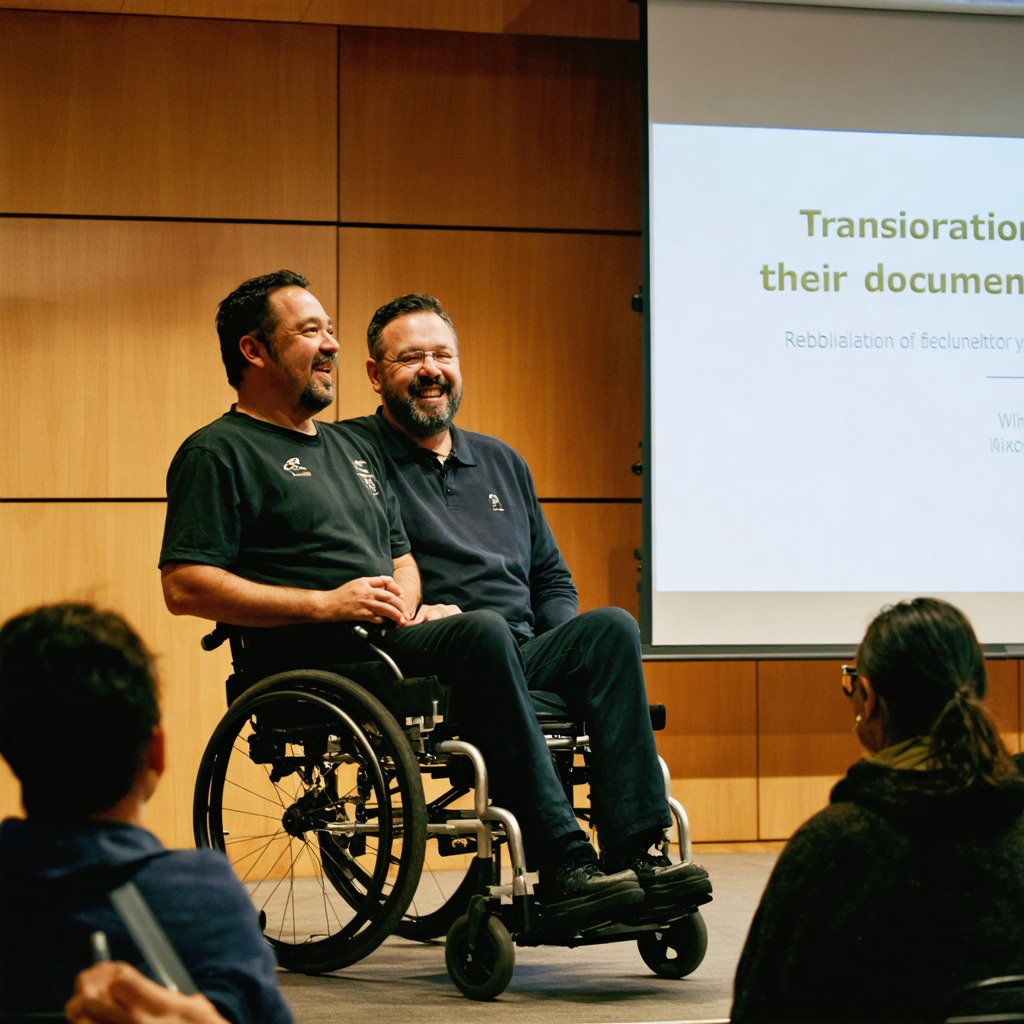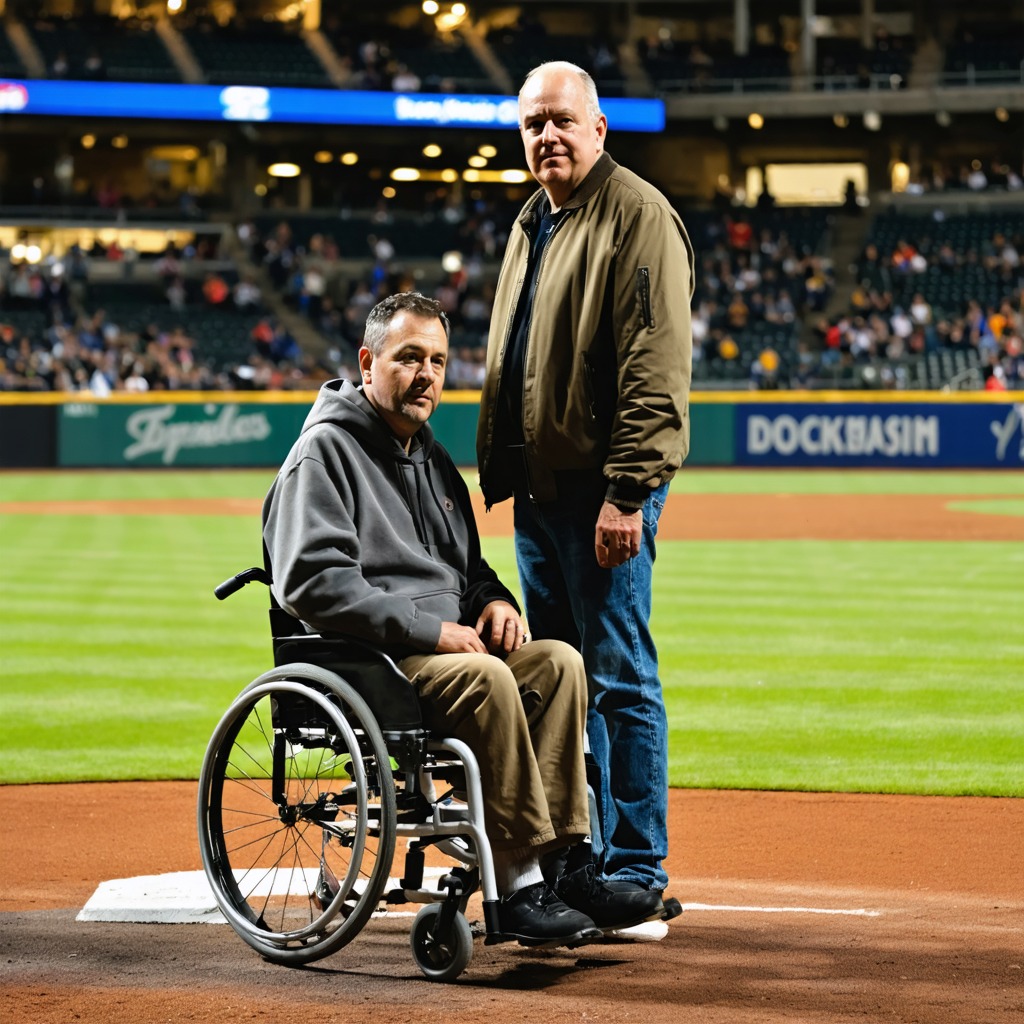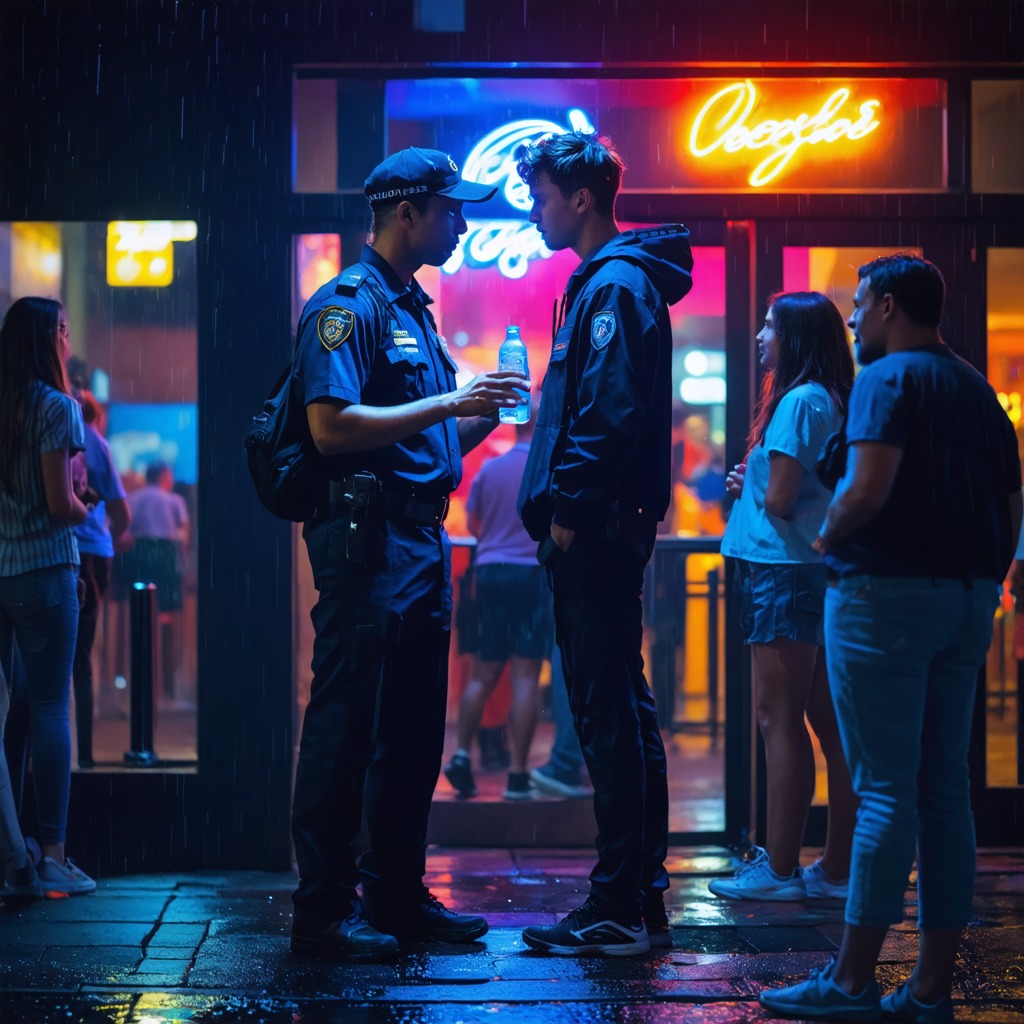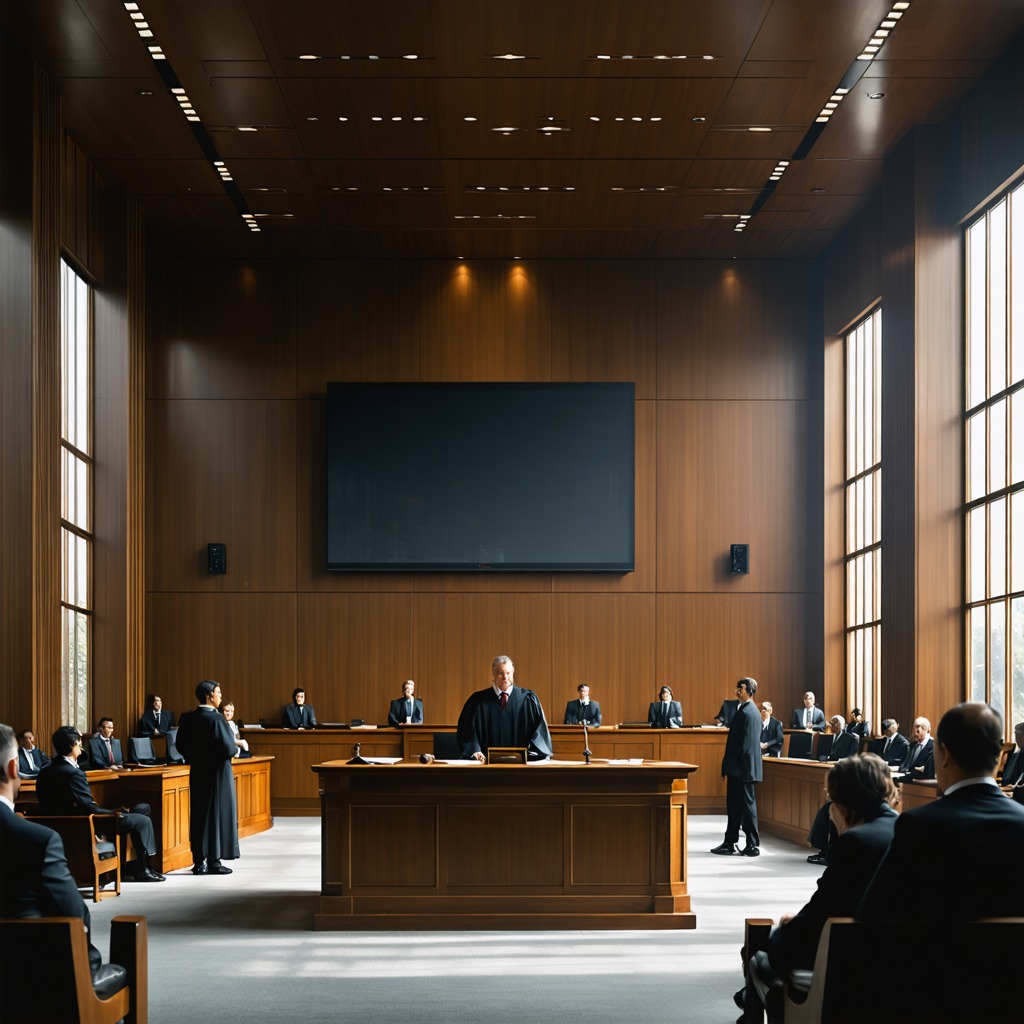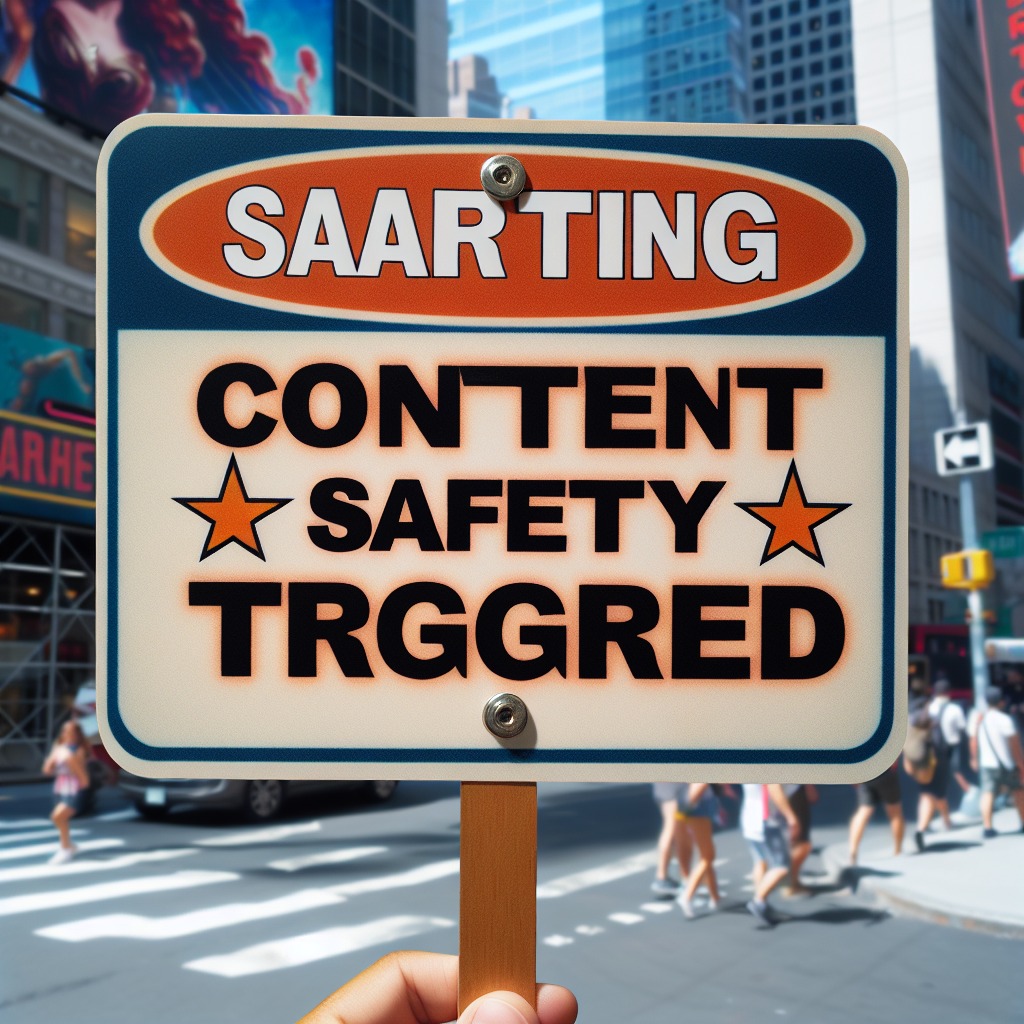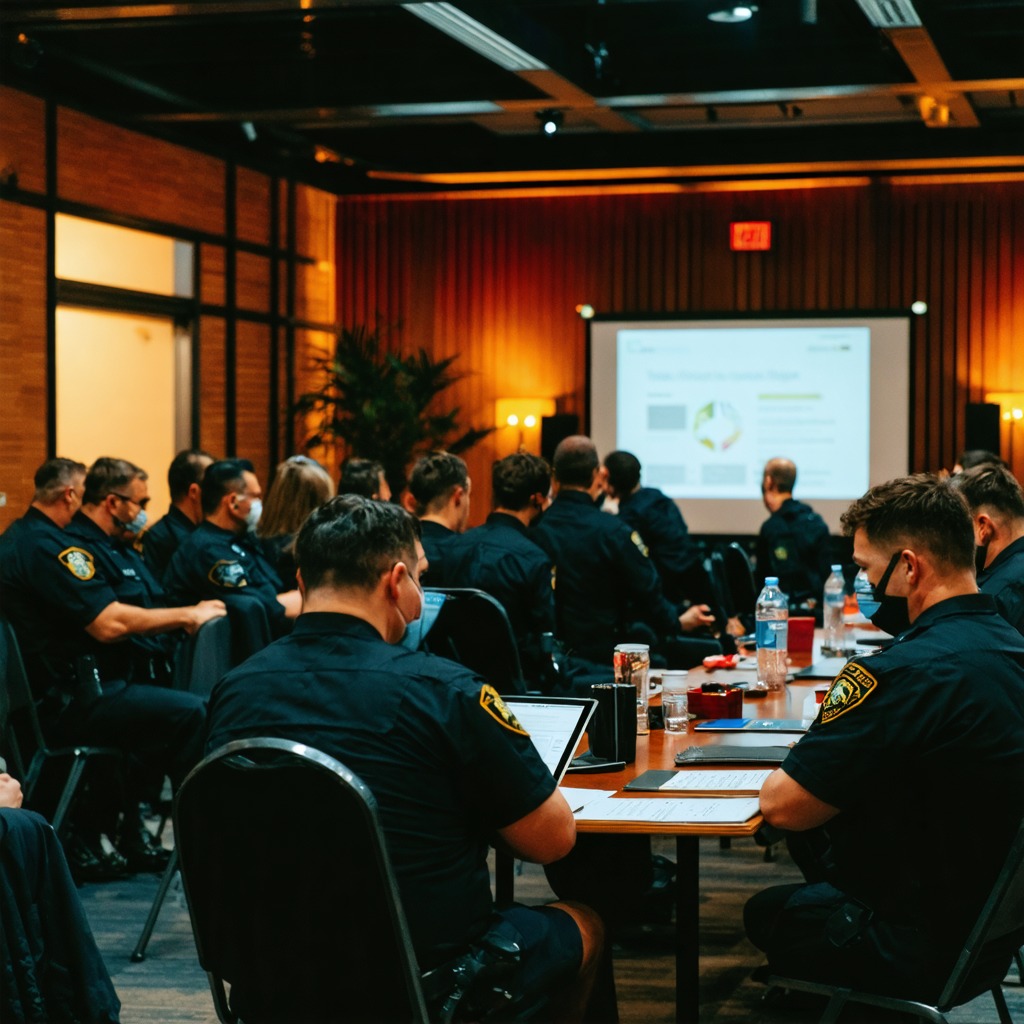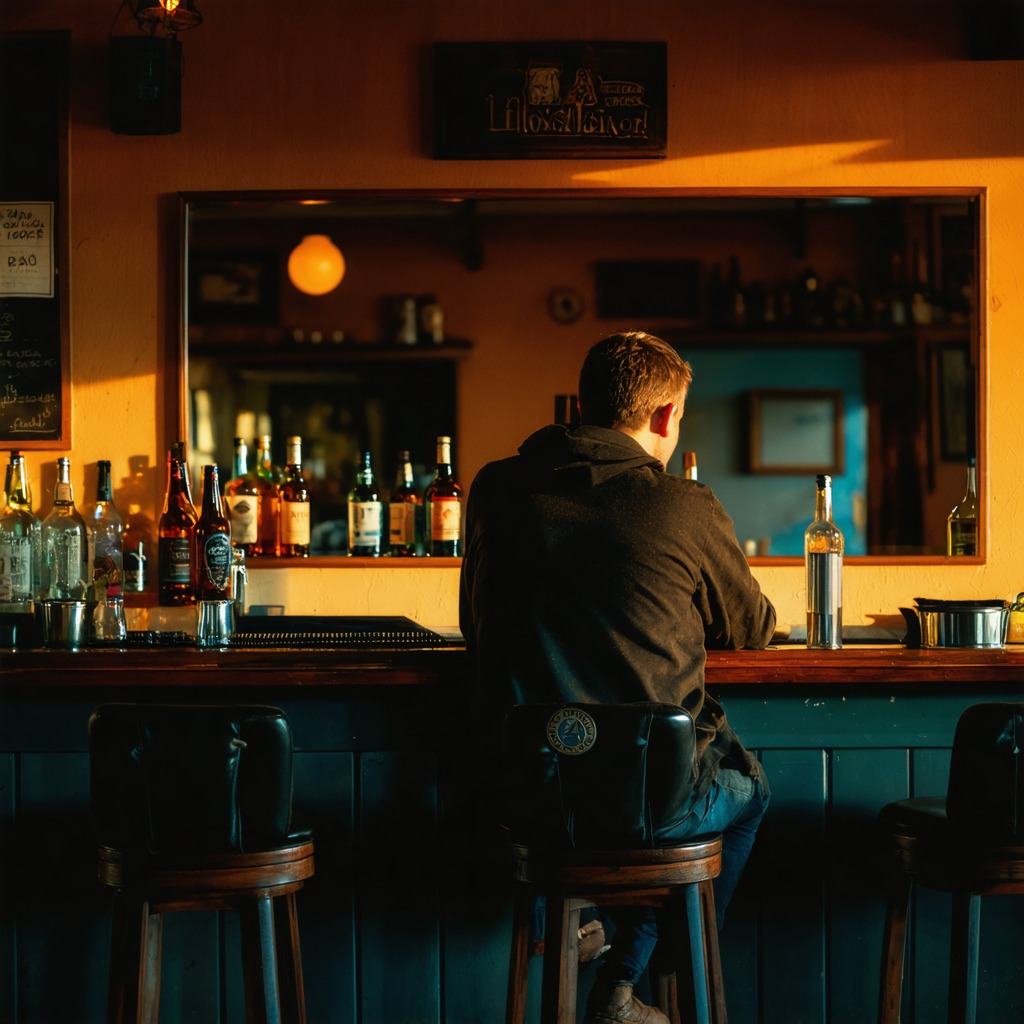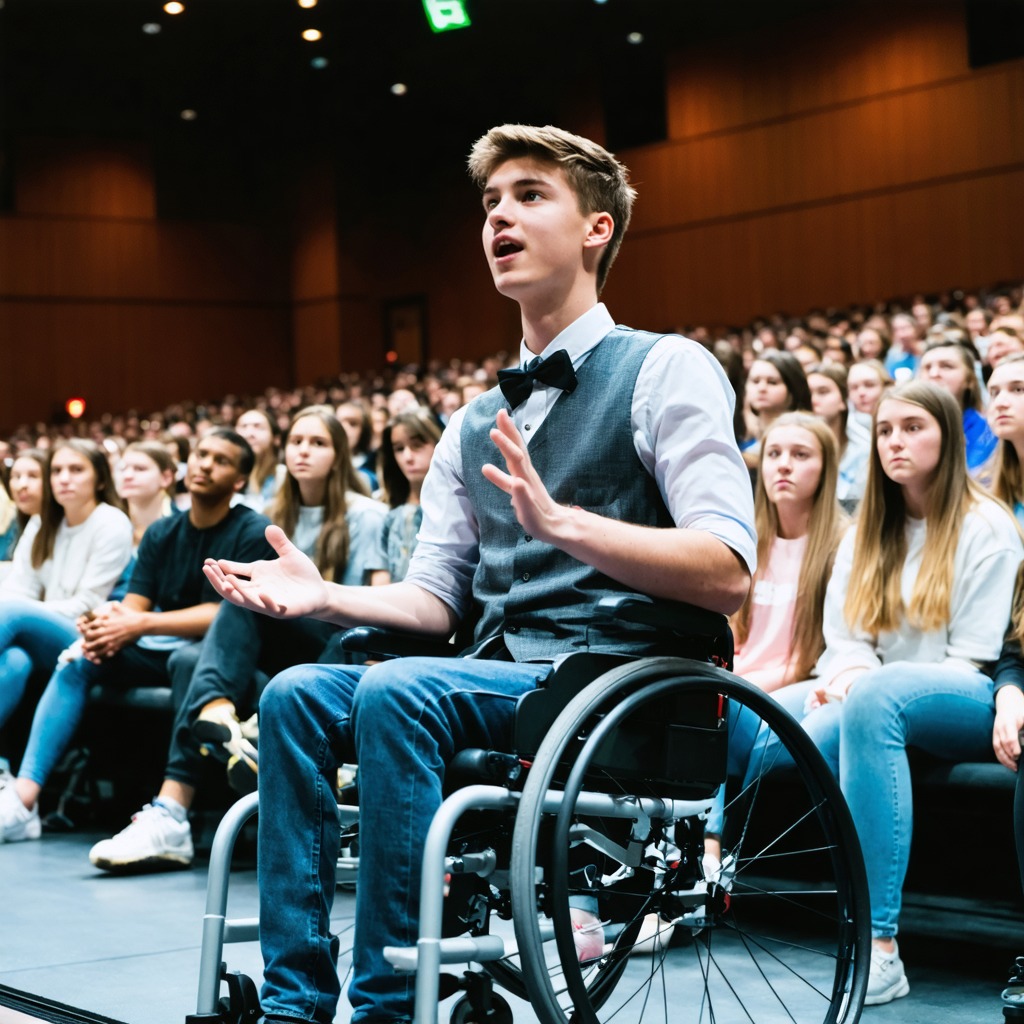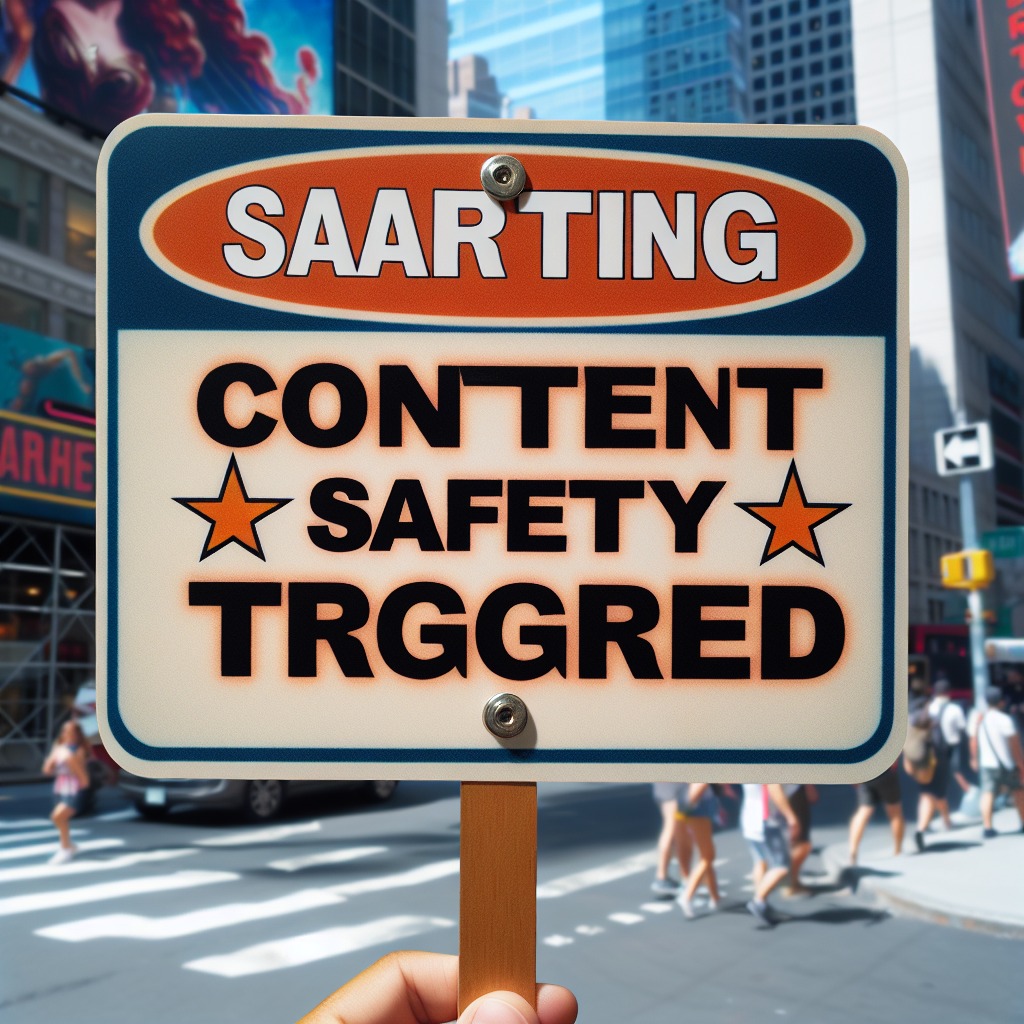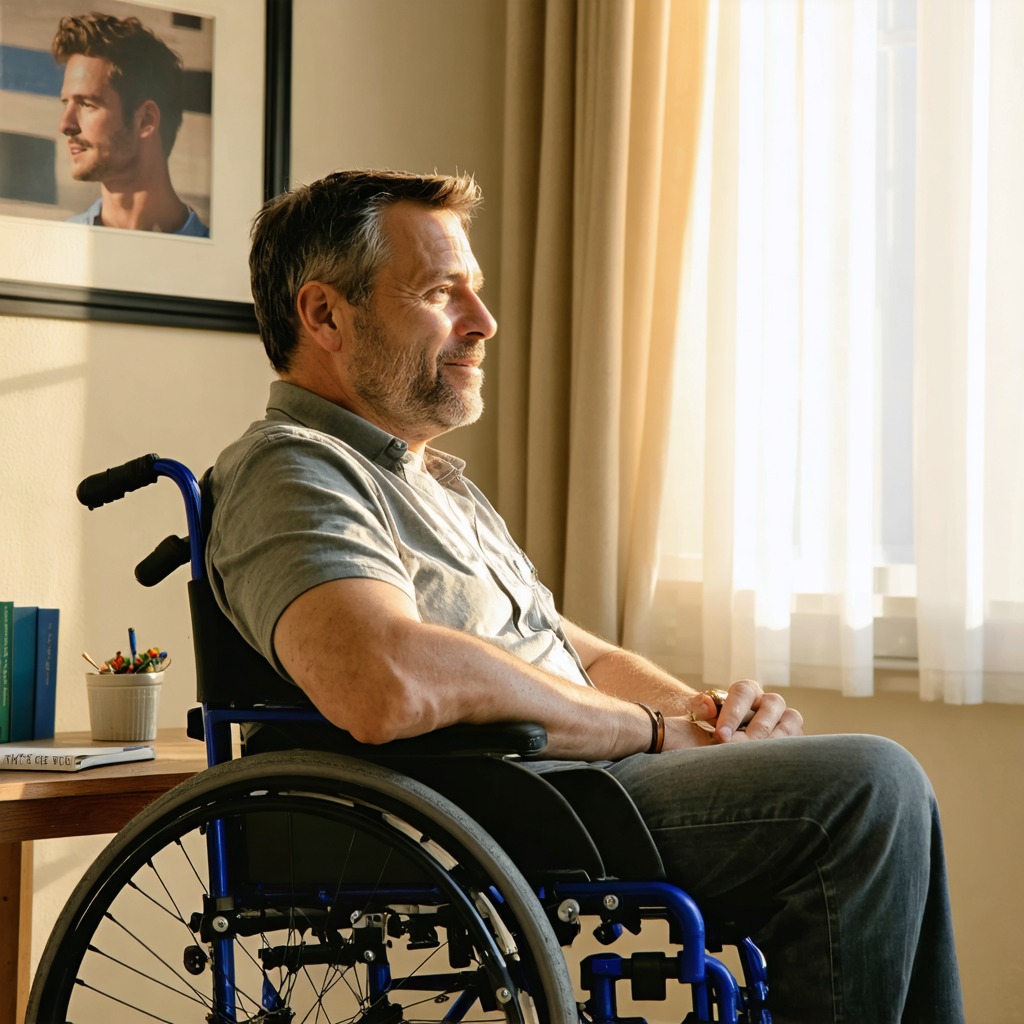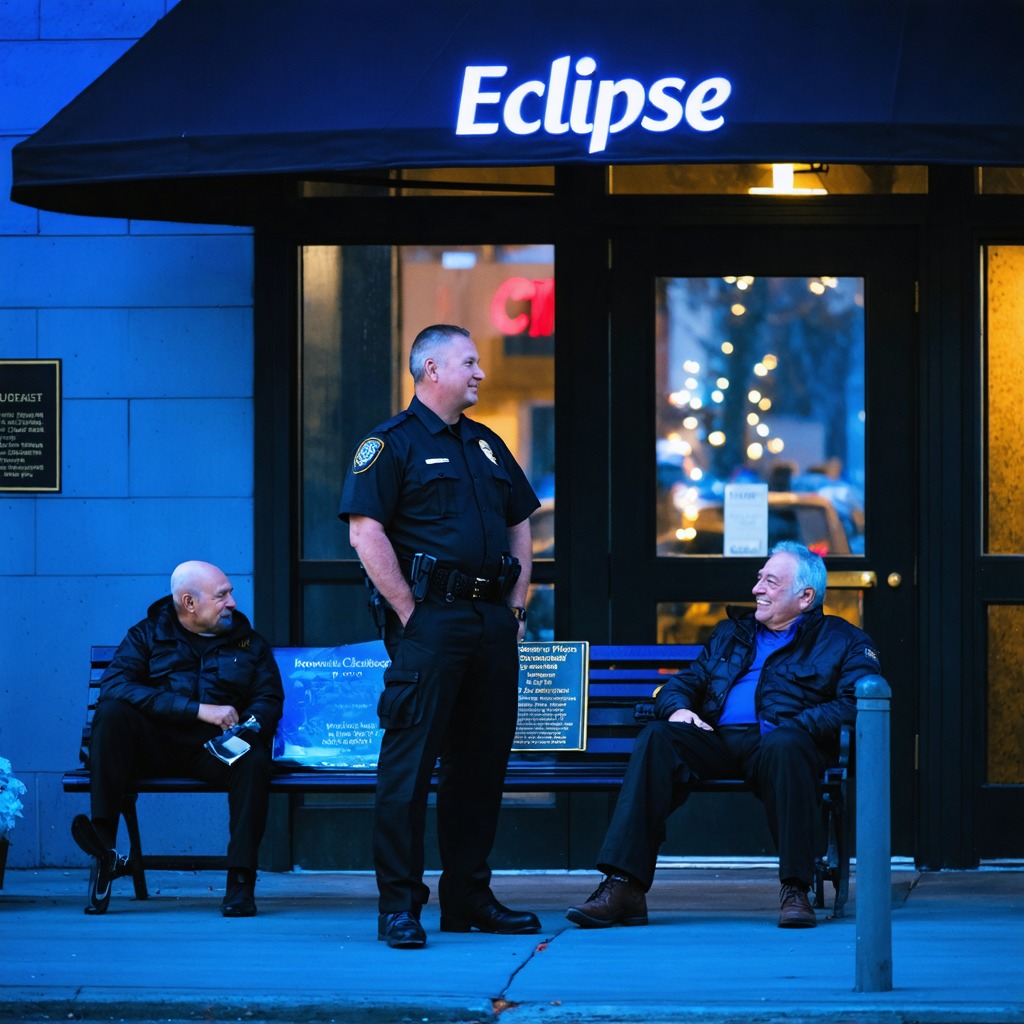My Son's Wife Had A Twisted Secret, But He Wouldn't Listen. So I Took DRASTIC Action.
My Son's Wife Had A Twisted Secret, But He Wouldn't Listen. So I Took DRASTIC Action.
A Mother's Joy Turns to Suspicion
I never thought I'd be the kind of mother who interferes in her son's marriage. At 55, I've learned to mind my own business and let my only child, Keith, live his life.
When he introduced me to Rebecca three years ago, I was over the moon. She was beautiful, intelligent, and seemed to adore my son.
I spent countless evenings with them, watching how they looked at each other, how they finished each other's sentences. I even dipped into my retirement savings to give them the wedding of their dreams last summer – a garden ceremony with fairy lights and champagne flowing like water.
Keith looked so handsome in his tuxedo, and Rebecca was radiant in her white gown. I remember wiping away tears of joy, thinking how perfect they were together.
Little did I know that my world would soon be turned upside down in ways I couldn't have imagined.
The Night That Changed Everything
I've worked at the Grand Plaza Hotel for nearly a decade now. It's not glamorous work, but the night manager position pays well enough, and I enjoy the quiet hours when the hotel settles down.
That particular Tuesday night was like any other – I was checking the reservation system when the elevator doors opened, and out stepped a woman in a red dress. My heart nearly stopped when I realized it was Rebecca, my daughter-in-law.
She was giggling, her arm linked with a tall, dark-haired man I'd never seen before. They were clearly intimate – the way he whispered in her ear, the way she pressed against him as they walked to room 412.
I ducked behind my computer screen, praying she wouldn't notice me. They never even glanced at the front desk.
I sat there, frozen, as the implications washed over me. My son's wife of barely eight months was checking into a hotel with another man.
What was I supposed to do with this information? How could I tell my son that the woman he adored was betraying him in the most painful way possible?
The Confrontation That Broke My Heart
For three days, I carried the weight of what I'd seen like a stone in my chest. I couldn't eat, couldn't sleep.
Every time my phone rang and Keith's name appeared, I felt sick to my stomach. Finally, I couldn't bear it anymore.
I drove to their little suburban home on a Sunday afternoon, knowing Rebecca would be at her yoga class. Keith was in the garage, tinkering with his car when I arrived.
His face lit up when he saw me, and that made what I had to do even harder. "Mom!
What a surprise!" he said, wiping his hands on a rag. I asked him to sit down, my voice trembling as I told him what I'd witnessed at the hotel.
His expression changed from confusion to anger in seconds. "Are you serious right now?" he demanded, his voice rising.
"You're accusing Rebecca of cheating? Based on what?
Someone who looked like her?" I tried to explain that I was certain, that I'd seen her clearly, but Keith wouldn't hear it. His face flushed red as he pointed at me, words tumbling out that I never thought I'd hear from my sweet boy.
Rejected By My Own Son
"You've never fully accepted her, have you?" Keith shouted, pacing the garage floor. "Always with your little comments about her career, her friends, the way she spends money." I was stunned – I'd never said anything negative about Rebecca, had always gone out of my way to welcome her into our family.
"Keith, that's not true," I protested, tears welling in my eyes. But he was beyond listening.
"Rebecca told me you might do something like this," he continued, his voice cold. "She said you were jealous of our relationship, that you couldn't stand not being the most important woman in my life anymore." My heart shattered into a thousand pieces.
Had Rebecca been poisoning my son against me all this time? Keith's final words cut deeper than any knife could have.
"I love Rebecca with all my heart, Mom. I trust her completely.
If you can't love her as much as I do, if you're going to make up these disgusting lies, then you're not welcome in our home anymore." He opened the garage door, a clear signal for me to leave. As I drove away, sobbing, I caught a glimpse of Rebecca's car pulling into the driveway.
Was that a smile on her face as she watched me go?
A Mother's Determination
That night, alone in my apartment with only my cat Milo for company, I cried until I had no tears left. Then, something shifted inside me.
A steely resolve took hold. If Keith wouldn't listen to me, I would have to find proof he couldn't ignore.
I've never been the type to give up, especially when it comes to protecting my son. The next morning, I called in sick to work for the first time in three years.
I sat at my kitchen table with my laptop, a pot of coffee, and a determination that surprised even me. If Rebecca was hiding something, I would find it.
I started with basic social media searches, but her profiles were sparse and carefully curated – perfect vacation photos with Keith, inspirational quotes, nothing revealing. Then I tried her maiden name, which Keith had mentioned once.
That's when I found the first thread that would unravel everything. A small obituary from a newspaper in Oregon, dated four years ago.
A man named Thomas Winters had died unexpectedly at 42. And his surviving wife?
Rebecca Winters, née Collins – the same maiden name as Keith's Rebecca.
Uncovering a Dark Past
My hands were shaking as I dug deeper. Rebecca had never mentioned being married before – not to Keith, not to me, not to anyone we knew.
Why keep it secret unless there was something to hide? I found Thomas Winters' social media profiles, preserved like digital ghosts.
There were photos of him and Rebecca, looking happy, just as she now looked with Keith. I discovered they had lived in Portland, where Thomas had been a successful real estate developer.
With growing unease, I searched for more information about his death. It took hours of digging through archived news articles, but finally, I found it – a small piece in the local paper questioning the circumstances of Thomas Winters' death.
He had died from what appeared to be heart failure, but his family had raised concerns. There had been an investigation.
Rebecca had been questioned. The article mentioned that Thomas had been in perfect health before his sudden death, and that large amounts of life insurance had been paid to his widow.
My blood ran cold when I read that Rebecca had been the primary suspect, though charges were never filed due to insufficient evidence. What had my son gotten himself into?
The Private Investigator
I knew I needed professional help. The next day, I withdrew $5,000 from my savings account – money I'd been setting aside for a cruise I'd always wanted to take.
Instead, I found myself in a small, cluttered office above a bail bonds shop, sitting across from Frank Donovan, a retired police detective turned private investigator. His weathered face remained impassive as I told him everything – the hotel incident, my son's rejection, and what I'd discovered about Rebecca's past.
"So you think your daughter-in-law might be what we call a 'black widow'?" he asked, leaning back in his creaking chair. "Someone who marries men and then..." He didn't finish the sentence.
He didn't need to. I nodded, my throat tight with fear.
"I need to know for sure," I said. "I need evidence that Keith can't ignore." Frank took detailed notes, asked pointed questions about Rebecca's habits, her background, her friends.
"This won't be cheap," he warned. "And it might not give you the answers you want." I pushed the envelope of cash across his desk.
"I don't care what it costs," I told him. "My son's life might depend on it."
Watching and Waiting
The next two weeks were the longest of my life. I went through the motions at work, smiling at hotel guests while my mind raced with terrible possibilities.
Frank called every few days with updates. He'd tracked down Rebecca's movements, confirming that she regularly met with the man I'd seen her with at the hotel.
His name was Daniel Mercer, and he worked as a pharmacist at a hospital across town. Frank had photographed them together at cafés, in his car, entering his apartment building.
Each new piece of evidence was both a vindication and a knife to my heart. I was right about the affair, but that knowledge brought no joy.
Meanwhile, Keith had stopped taking my calls completely. I drove by their house once and saw them in the front yard, Rebecca laughing as she watered flowers, Keith grilling on their new patio set.
They looked so normal, so happy. I wanted to scream the truth at them from my car window, but what good would that do?
Keith had made his choice. All I could do now was pray that Frank would find something concrete before it was too late.
The Shocking Discovery
Frank called me on a rainy Thursday night, his voice tense. "I need to see you right away," he said.
Twenty minutes later, he was at my kitchen table, spreading out documents and photographs. "I got access to the police files from Portland," he explained, pushing a folder toward me.
"Called in some favors from old colleagues." The file contained detailed reports on Thomas Winters' death. The medical examiner had found traces of a rare toxin in his system – one that mimics the symptoms of heart failure but dissipates quickly after death.
Without specific testing, it would go undetected. "Here's where it gets interesting," Frank continued, showing me pharmacy records.
"Daniel Mercer, Rebecca's lover, worked at the same hospital where Thomas Winters was briefly treated before his death. And guess what substances he had access to?" My hand flew to my mouth.
"The same toxin?" Frank nodded grimly. "And there's more.
I've been monitoring their communications. They're planning something, and soon.
Look at these text messages." He showed me screenshots: Rebecca to Daniel:
"K's been complaining about chest pains. Maybe time to move things along?" Daniel's response made my blood freeze:
"Don't rush. Remember what happened last time.
Two weeks after the policy clears."
The Life Insurance Policy
"What policy?" I asked, my voice barely a whisper. Frank pulled out another document – a life insurance application in Keith's name, dated just three months after their wedding.
The beneficiary was Rebecca, and the amount was staggering: two million dollars.
"It was approved last week," Frank said quietly. "The two-week waiting period ends this Saturday." The room seemed to spin around me.
My son had less than 48 hours before Rebecca and her accomplice planned to murder him, just as they had done to her first husband. I grabbed my phone, dialing Keith's number with trembling fingers.
To my surprise, he answered, his voice cold. "What do you want, Mom?" I tried to keep my voice steady as I begged him to meet me, told him I had important information about Rebecca.
"More of your paranoid accusations?" he scoffed. "I'm not interested." I became desperate, my words tumbling out about the life insurance, the toxin, Thomas Winters.
"You need help, Mom," Keith said, his voice a mixture of anger and pity. "Rebecca was right.
You can't stand seeing me happy." The line went dead. I looked at Frank, panic rising in my chest.
"He won't listen. What do we do now?"
Taking the Evidence to the Police
"We go to the police," Frank said firmly, already gathering the documents. "Right now." An hour later, we were sitting in the precinct, facing a wall of skepticism.
The desk sergeant seemed bored as Frank explained the situation. "So you're saying this woman is planning to murder her husband, based on some text messages that could mean anything?" he asked, raising an eyebrow.
I felt despair washing over me. Without Keith's cooperation, would anyone take this seriously?
Just as we were about to leave, a tall man in a rumpled suit approached us. "I couldn't help overhearing," he said.
"I'm Detective James Carpenter. Homicide." He gestured for us to follow him to a small interview room.
Once inside, he listened intently as we laid out everything we had discovered. Unlike the sergeant, Detective Carpenter asked thoughtful questions, taking detailed notes.
When we mentioned Thomas Winters, something flickered in his eyes. "That case has bothered some of us for years," he admitted.
"There was never enough evidence to charge anyone, but it never felt right." He studied the text messages, the insurance policy, the pharmacy records. "This isn't enough for an arrest," he said finally.
"But it's enough to open an investigation. And maybe enough to get a warrant to monitor their communications more officially."
The Race Against Time
Detective Carpenter moved with surprising speed. By the next morning, he had secured warrants to monitor Rebecca and Daniel's phones and had assigned officers to watch them both.
I paced my apartment, jumping every time my phone rang. Frank called with updates:
the police had contacted authorities in Portland, who were reopening the investigation into Thomas Winters' death. Samples from his autopsy had been preserved and were being retested with the specific toxin in mind.
Meanwhile, Detective Carpenter had managed to get access to the hospital's records, confirming that Daniel had signed out samples of the suspect substances multiple times over the past month. But would it be enough?
Would they gather the evidence in time? Saturday was approaching fast, and Keith remained unreachable.
I drove to their house again, desperate to warn him, but no one was home. I left a note on the door, begging him to call me, knowing Rebecca would probably find it first and destroy it.
That night, I couldn't sleep, imagining Rebecca mixing poison into my son's food or drink, watching him clutch his chest in pain, calling an ambulance that would arrive too late.
The Pharmacy Connection
Friday morning brought a breakthrough. Detective Carpenter called me at dawn, his voice tense with urgency.
"We've been monitoring their communications," he said. "Rebecca just texted Daniel asking for 'the package' tonight.
They're meeting at the same hotel where you first saw them together." My heart raced. This could be the exchange of the poison they planned to use on Keith.
"We'll have officers in place," Carpenter continued. "If they make the exchange, we can arrest them both for conspiracy." I gripped the phone tightly.
"What about Keith? Is someone watching him?" There was a pause.
"We don't have enough manpower to put surveillance on him too," Carpenter admitted. "But if we catch them with the substance, he'll be safe." I wasn't reassured.
What if they already had what they needed? What if tonight's meeting was for something else?
I couldn't take that chance. After hanging up, I made a decision that might cost me my relationship with my son forever, but might save his life.
I drove to his workplace, a software company downtown. The receptionist recognized me and, despite my lack of an appointment, allowed me to wait in the lobby.
An hour later, Keith emerged from an elevator, stopping short when he saw me. His face hardened.
"Mom, you can't keep doing this," he began.
A Son's Disbelief
"Keith, please," I said, my voice breaking. "Just five minutes.
That's all I'm asking." Something in my expression must have reached him because he reluctantly led me to a small conference room. Once inside, I laid out everything – the evidence about Thomas Winters, the life insurance policy, the texts between Rebecca and Daniel, the police investigation.
Keith listened in stony silence, his arms crossed defensively across his chest. When I finished, he shook his head slowly.
"Do you hear yourself?" he asked quietly. "You're accusing Rebecca of being some kind of serial killer.
Based on what? Some coincidences and texts that could mean anything?" I pushed the copies of documents across the table – the insurance policy he claimed to know nothing about, the pharmacy records showing Daniel's access to the toxins.
"The police are investigating right now," I insisted. "They're setting up a sting operation tonight at the hotel." Keith stood up abruptly.
"I've heard enough. Rebecca warned me you might go to extreme lengths.
She said your jealousy might make you fabricate things." He moved toward the door. "Don't contact me again, Mom.
I mean it this time." As he walked out, I called after him, "Just don't eat or drink anything Rebecca gives you tonight!" The door slammed shut, leaving me alone with my tears and terror.
The Hotel Sting Operation
That evening, I couldn't stay away from the hotel. Detective Carpenter had reluctantly agreed to let me wait in the manager's office, where I could see the lobby on the security cameras.
Officers in plain clothes were positioned throughout the hotel – at the bar, in the lobby, even posing as a room service waiter on the fourth floor where Rebecca and Daniel had met before. The tension was unbearable as we waited.
At 8:42 PM, Rebecca walked through the front doors. My heart pounded as I watched my daughter-in-law cross the lobby, elegant in a black dress, her face composed and beautiful.
How could someone so lovely harbor such darkness? Ten minutes later, Daniel arrived, carrying a small paper bag.
They met at the bar, sitting close together, their hands touching beneath the table. I couldn't hear what they were saying, but I saw the moment when Daniel slid the bag across to Rebecca, who quickly tucked it into her purse.
Detective Carpenter spoke quietly into his radio: "Move in now." On the monitor, I watched as officers converged from all directions.
Rebecca's face registered shock, then fear, as she was handcuffed. Daniel tried to run but was tackled by an officer near the elevators.
I sat back in the chair, trembling with relief and dread. What had been in that bag?
And where was Keith right now?
The Poison Package
Detective Carpenter returned to the office an hour later, his face grim but satisfied. "We got them," he said.
"The bag contained a vial of the same toxin found in Thomas Winters' system. The lab is testing it now, but the preliminary results match." I closed my eyes, overwhelmed by the confirmation of my worst fears.
"Rebecca's not talking, but Daniel broke almost immediately," Carpenter continued. "He admitted they've been planning this for months.
The plan was to administer the poison gradually over the weekend, making it look like heart failure." My stomach churned at how close they had come to succeeding. "What about Keith?" I asked.
"Have you reached him?" Carpenter nodded. "We sent officers to your son's house.
He wasn't home, but we'll keep trying to contact him." I pulled out my phone, trying Keith's number again. Still no answer.
Where was he? Was he with friends?
Working late? Or had Rebecca already begun her deadly plan?
The uncertainty was agonizing. "We need to find him," I insisted, standing up.
"Now." Detective Carpenter placed a reassuring hand on my shoulder. "We have officers looking for him.
The best thing you can do is go home and wait. We'll call as soon as we have news."
A Mother's Sleepless Night
I couldn't follow Detective Carpenter's advice. Instead, I drove to Keith and Rebecca's house again, relieved to see police cars outside.
An officer informed me that they were executing a search warrant but had found no sign of Keith. I gave them the names and addresses of his closest friends, his favorite restaurants, anywhere he might be.
Then I returned to my apartment to wait, jumping at every sound, checking my phone obsessively. Around midnight, I received a text from an unknown number:
"This is Detective Carpenter. We found evidence in the house – research on untraceable poisons, notes about Keith's schedule, and a draft obituary on Rebecca's laptop.
Daniel is cooperating fully now, providing details about their relationship and the plot against Keith. Still no contact with your son.
Will update when we know more." I paced my small living room, Milo the cat watching me with concerned yellow eyes. The hours crawled by.
I called hospitals, asking if anyone matching Keith's description had been admitted. Nothing.
As dawn broke, I was still awake, my eyes burning with exhaustion and tears. Where was my son?
Had we been too late after all? The knock on my door came just as the first rays of sunlight filtered through my blinds.
Keith's Return
I flung open the door to find Keith standing there, his face pale and drawn, dark circles under his eyes. For a moment, we just stared at each other.
Then, without a word, he stepped forward and wrapped his arms around me, burying his face in my shoulder like he used to do as a little boy. I held him tightly, feeling his body shake with silent sobs.
"I'm so sorry, Mom," he whispered. "I should have listened to you." I led him inside, sat him down on the couch, and made him tea with shaking hands.
Keith explained that he'd gone to a hotel after our confrontation, needing space to think. He'd turned off his phone, not wanting to talk to anyone.
"I couldn't believe what you were saying," he admitted. "But something made me start looking into things myself.
I found paperwork for a life insurance policy I never signed. Then I called Rebecca's parents – or the people I thought were her parents." His voice broke.
"They had no idea who I was. The woman I married had created an entire fake background." He'd been about to call me when the police found him at the hotel.
They'd told him everything – the arrests, the evidence, the confession. "They showed me pictures of Thomas Winters," Keith said, his eyes haunted.
"He looked so much like me. Same build, same coloring.
She has a type, I guess. Men she can manipulate...
and murder."
The Aftermath Begins
The days that followed were a blur of police statements, lawyer consultations, and media attention we never wanted. The story broke in the local news – "Black Widow Killer Arrested Before Claiming Second Husband" – and suddenly reporters were camped outside my apartment building.
Keith moved in with me temporarily, unable to face returning to the house he'd shared with Rebecca. We learned more horrifying details as the investigation progressed.
Rebecca had met Daniel three years ago, before she ever encountered Keith. They had been lovers the entire time, planning their next victim after getting away with Thomas's murder.
The life insurance policy had indeed been forged with Keith's signature. Most disturbing of all, investigators found a journal in Rebecca's personal storage unit, detailing her thoughts about both husbands in chilling, clinical terms.
"Keith is more trusting than Thomas was," she had written. "His mother is a problem, but he always takes my side against her.
The isolation is nearly complete." Reading those words, I felt physically ill. She had been systematically cutting Keith off from everyone who cared about him, especially me.
It was all part of her calculated plan. Keith was devastated, alternating between rage and profound grief.
"I really loved her, Mom," he confessed one night. "How could I not have seen what she really was?"
The Preliminary Hearing
Three weeks after the arrests, we attended the preliminary hearing. It was the first time Keith would see Rebecca since discovering her betrayal.
I held his hand tightly as we entered the courtroom, feeling him tense beside me when the defendants were brought in. Rebecca looked smaller somehow, her designer clothes replaced by an orange jumpsuit, her perfect makeup absent.
Yet when she spotted Keith, her expression transformed into one of wounded innocence. "Keith, baby, this is all a misunderstanding," she called out before the bailiff silenced her.
I felt Keith's hand grip mine painfully. "Don't look at her," I whispered.
"That's what she wants." We sat through hours of testimony, including Daniel's detailed account of their relationship and their murder plots. He described how they had met in Portland, how Rebecca had complained about her wealthy but controlling husband, how they had researched untraceable poisons together.
"It was her idea," Daniel insisted, not meeting Rebecca's furious gaze. "She said we could be together after she collected the insurance money." The evidence was overwhelming – text messages, pharmacy records, the toxin itself found in Rebecca's purse, and new test results confirming the same substance in Thomas Winters' preserved tissue samples.
The judge ordered both defendants held without bail, pending trial. As we left the courthouse, Keith was silent, his face a mask of pain.
The Media Circus
The case became a national sensation. True crime podcasts devoted episodes to "The Black Widow of Portland." Cable news shows featured experts analyzing Rebecca's psychology, her methods, her choice of victims.
Old photos of Rebecca with Thomas, and then with Keith, were displayed side by side, commentators noting the physical similarities between the men. I tried to shield Keith from the worst of it, but it was impossible to escape completely.
One morning, a producer from a major network morning show called, offering a "substantial sum" for an exclusive interview with Keith and me. "They're turning my life into entertainment," Keith said bitterly after I relayed the message.
"My pain is their ratings boost." I agreed, declining all interview requests on our behalf. Instead, we focused on healing.
Keith started therapy with a counselor specializing in trauma and betrayal. I took a leave of absence from the hotel to support him through the legal proceedings.
We began rebuilding our relationship, spending evenings talking about everything and nothing, the way we used to before Rebecca came into our lives. Slowly, I saw glimpses of my son returning – his dry sense of humor, his compassionate nature, his resilience.
But the shadows lingered in his eyes, and I wondered if he would ever fully trust anyone again.
The Trial Preparations
Six months passed before the case was ready for trial. The prosecutors had built a formidable case against both Rebecca and Daniel.
Thomas Winters' family had come forward, sharing their long-held suspicions about his death. The medical examiner who had performed Thomas's autopsy testified in pre-trial hearings that, with the new evidence, he was now certain the death was a homicide.
Keith and I met regularly with the district attorney, a no-nonsense woman named Elaine Winters (no relation to Thomas, despite the shared surname). "Rebecca's attorney is going to try to paint her as a victim of Daniel's manipulation," Elaine warned us.
"They'll claim she knew nothing about the poison, that she was meeting him that night to break off their affair." Keith shook his head in disbelief. "After everything they found?
The journal? The life insurance policy?" Elaine nodded grimly.
"Defense attorneys will try anything. But don't worry – the evidence is solid.
And Daniel's testimony against her is damning." As the trial date approached, Keith grew increasingly anxious. He would have to testify, facing Rebecca across the courtroom, describing their relationship while knowing it had all been a calculated lie.
"I don't know if I can do it, Mom," he confessed one night. "I don't know if I'm strong enough to look her in the eye."
The Unexpected Plea Deal
Two weeks before the trial was set to begin, Elaine called us to her office. "There's been a development," she said, her expression unreadable.
"Daniel's attorney has approached us with a deal. He's offering to plead guilty to all charges and provide complete testimony against Rebecca in exchange for avoiding the death penalty." Keith and I exchanged glances.
Oregon rarely sought the death penalty, but in a case with multiple murders planned, it was a possibility. "What does this mean for Rebecca?" I asked.
"It strengthens our case against her significantly," Elaine explained. "Daniel will testify that the entire plot was Rebecca's idea, that she approached him in Portland with a plan to kill her husband, that she was the one who administered the poison to Thomas, and that she initiated the plot against Keith." Keith stared out the window for a long moment.
"Take the deal," he said finally. "I don't care about revenge.
I just want this to be over." The next day, Daniel Mercer stood before a judge and pleaded guilty to conspiracy to commit murder, attempted murder, and accessory to murder after the fact. He was sentenced to life in prison without the possibility of parole.
Rebecca, upon hearing of Daniel's plea deal, reportedly flew into a rage in her cell, screaming that he was lying, that she was innocent.
Rebecca's Defense Strategy
Despite the mounting evidence against her, Rebecca maintained her innocence. Her defense team, led by a slick attorney named Martin Graves, began floating alternative theories to the press.
Perhaps Daniel had been poisoning Thomas without Rebecca's knowledge. Perhaps the journal found in Rebecca's storage unit had been planted there by Daniel.
Perhaps the text messages had been misinterpreted. "My client is the victim here," Graves told reporters outside the courthouse.
"She's lost two husbands – one to death and one to these false accusations." Keith watched the news coverage with growing anger. "How can she still be lying?" he demanded.
"After everything that's been discovered?" I had no answer for him. Rebecca's capacity for deception seemed boundless.
As the trial approached, her strategy became clearer. She would claim to be a victim of Daniel's obsession, a woman who had made the mistake of having an affair but who knew nothing about any murder plots.
She would paint Keith as a controlling husband (a cruel irony, given her systematic isolation of him) and me as an interfering mother-in-law who had fabricated evidence out of jealousy. It was a desperate strategy, but Rebecca was fighting for her life.
And she had always been convincing – I remembered how easily she had charmed me when Keith first introduced us.
The Trial Begins
The courthouse was packed on the first day of Rebecca's trial. Keith and I arrived early, escorted through a side entrance by court officers to avoid the media gauntlet.
The prosecution's opening statement was powerful and methodical, laying out the evidence piece by piece – the poison found in Rebecca's possession, the forged insurance policy, the journal entries, Daniel's testimony, the parallels between Keith and Thomas Winters. "This is not a crime of passion," the prosecutor told the jury.
"This is a calculated, cold-blooded scheme for financial gain, carried out by a woman who viewed her husbands not as life partners but as life insurance policies." Rebecca sat at the defense table, dressed conservatively in a navy blue suit, her hair pulled back in a simple ponytail. She looked nothing like the glamorous woman who had captivated Keith.
Throughout the prosecutor's statement, she maintained an expression of wounded dignity, occasionally shaking her head slightly or dabbing at her eyes with a tissue. When her attorney rose for the defense's opening statement, Rebecca's demeanor changed subtly.
She straightened her shoulders, lifted her chin. Graves began by painting a picture of Rebecca as a loving wife who had made one terrible mistake – an affair with a manipulative, obsessive man who had ulterior motives.
Keith Takes the Stand
On the third day of the trial, Keith was called to testify. I squeezed his hand before he walked to the witness stand, my heart aching for what he was about to endure.
He looked so vulnerable as he was sworn in, his eyes deliberately avoiding Rebecca's gaze. The prosecutor led him gently through his testimony – how he had met Rebecca, their whirlwind romance, their marriage.
Keith described how Rebecca had gradually suggested he distance himself from certain friends, how she had increasingly criticized me, how she had handled all their finances. "Did you authorize a life insurance policy for two million dollars naming your wife as beneficiary?" the prosecutor asked.
Keith's voice was steady as he replied, "No, I did not." Then came the cross-examination. Rebecca's attorney approached Keith with false sympathy.
"Mr. Lawson, isn't it true that your mother never approved of your wife?" he began, setting the stage for their narrative that I had orchestrated the accusations out of jealousy.
Keith's response was measured but firm. "My mother welcomed Rebecca into our family.
She paid for our wedding. She only became concerned when she saw Rebecca with another man." For nearly two hours, Graves tried to twist Keith's words, to suggest he had been an inattentive husband, to imply that Rebecca's affair was a response to his neglect.
Through it all, Keith remained composed, though I could see the toll it was taking on him.
My Testimony
The following day, I took the stand. Walking past Rebecca to reach the witness box was one of the hardest things I've ever done.
I could feel her eyes on me, cold and calculating. The prosecutor asked me to describe the night I saw Rebecca at the hotel, my conversation with Keith afterward, and my subsequent investigation.
I recounted everything as clearly as I could, my voice breaking only when I described Keith telling me I was no longer welcome in his home. During cross-examination, Rebecca's attorney was aggressive, trying to portray me as a jealous, controlling mother who couldn't let go of her son.
"Isn't it true that you resented Rebecca from the beginning?" he demanded. "No," I replied firmly.
"I was thrilled when Keith found someone he loved." He produced printouts of text messages between Keith and Rebecca, where she had complained about my "interference." "Rebecca told Keith I was interfering because she was systematically isolating him," I explained. "That's what abusers do." Graves looked outraged.
"Are you calling my client an abuser?" I met his gaze steadily. "I'm calling her what the evidence shows she is – a woman who married my son with the intention of murdering him for money, just as she did to her first husband." The judge instructed the jury to disregard my characterization, but I saw several of them nodding slightly.
They had heard the evidence. They knew what Rebecca was.
Daniel's Damning Testimony
The most powerful testimony came from Daniel Mercer. As part of his plea deal, he provided exhaustive details about his relationship with Rebecca and their murder plots.
He described meeting Rebecca at the hospital where he worked as a pharmacist, how she had flirted with him, confided in him about her "unhappy marriage" to Thomas. "She asked if I knew of any ways someone could die that would look natural," Daniel testified, his voice flat and emotionless.
"At first, I thought she was joking. Then I realized she was serious." He explained how he had provided the toxin, how Rebecca had administered it to Thomas over several weeks, making him increasingly ill until his heart finally gave out.
"After he died, we waited six months before she moved to a new city to find another target," Daniel continued. "She said it would be suspicious if she remarried too quickly." The courtroom was silent as he described their plan for Keith – the same toxin, the same method, the same expected outcome.
"Rebecca said Keith was perfect – no family except his mother, good income, excellent insurance prospects." Throughout Daniel's testimony, Rebecca glared at him with undisguised hatred. When he described how she had laughed about Keith believing her fake tears, her fake background story, I saw Keith flinch beside me.
This was perhaps the cruelest revelation – that the woman he had loved had been laughing at him all along.
The Journal Entries
Perhaps the most disturbing evidence presented was Rebecca's journal. The prosecutor had selected the most damning entries to read aloud to the jury.
"Thomas is getting sicker," one entry read. "The doctor is puzzled, which is perfect.
D says another two weeks should do it." Another entry, dated shortly after Thomas's death: "The insurance company finally paid out today.
Two million reasons to smile. D wants his cut immediately, but I've convinced him to wait.
Too suspicious to start spending lavishly right away." The entries about Keith were equally chilling. "K proposed today.
So predictable, down on one knee with his grandmother's ring. I acted appropriately moved.
His mother was there – she'll be a problem. Too observant." And later:
"K's mother saw me with D at the hotel. Careless mistake.
Fortunately, K believes me over her. Men are so easy to manipulate when they think they're in love." With each entry, Rebecca's mask of innocence slipped further.
She stared straight ahead, her jaw clenched, as her own words condemned her. The defense tried to suggest the journal had been fabricated or planted, but handwriting experts confirmed it was Rebecca's writing.
The prosecutor saved the most damning entry for last: "After K is gone, I think I'll take a break before finding number three.
Two insurance payouts should set me up nicely for a while. Maybe somewhere tropical this time."
Rebecca Takes the Stand
Against her attorney's advice, Rebecca insisted on testifying in her own defense. It was a risky move, opening her to cross-examination, but Rebecca had always been confident in her ability to manipulate others.
She took the stand on the trial's tenth day, the picture of wounded dignity in a modest gray dress. Her testimony was a masterclass in deception.
She admitted to the affair with Daniel but claimed it was a mistake she deeply regretted. She portrayed Daniel as obsessive, controlling, threatening.
"He said if I tried to end things, he would hurt Keith," she testified, her voice trembling perfectly. "I was terrified.
That's why I kept meeting him." She denied any knowledge of poison, claimed the journal had been planted, insisted she loved Keith deeply. During cross-examination, the prosecutor methodically dismantled her story.
"If you were being threatened by Daniel, why didn't you go to the police?" he asked. Rebecca claimed she was too afraid.
"Yet you had no problem going to hotels with him, being seen in public with him?" The prosecutor produced hotel receipts showing Rebecca had booked the rooms, not Daniel. "If you loved your husband, why were you meeting another man at all?" Rebecca's composure began to crack.
"I made a mistake," she insisted. "One mistake doesn't make me a murderer." The prosecutor's final question was devastating:
"Ms. Collins, can you explain why your fingerprints were found on the vial of poison in your purse?"
The Verdict
After two weeks of testimony, the case went to the jury. Keith and I waited anxiously as they deliberated.
The first day passed with no verdict. Then a second.
"What if they believe her?" Keith worried as we picked at our dinner on the second evening. "What if they let her go?" I tried to reassure him, but the same fear had been gnawing at me.
Rebecca was convincing. She had fooled Keith, fooled me, fooled everyone who knew her.
Could she fool twelve jurors too? On the third day of deliberations, we received the call.
The jury had reached a verdict. We rushed to the courthouse, taking our seats in the front row.
Rebecca was brought in, still maintaining her facade of dignified innocence. The jury filed in, their faces unreadable.
The judge asked if they had reached a verdict, and the foreperson stood. "We have, Your Honor." My hand found Keith's, gripping it tightly.
"On the count of conspiracy to commit murder, we find the defendant guilty." Keith's breath caught. "On the count of attempted murder, we find the defendant guilty." Rebecca's composure finally shattered, her face contorting with rage.
"On the count of murder in the first degree of Thomas Winters, we find the defendant guilty." As the judge thanked the jury and set a date for sentencing, Rebecca turned to glare at Keith and me. In that unguarded moment, her mask fell completely, revealing the cold, calculating killer beneath.
It was the first honest look we'd ever had of the real Rebecca.
The Sentencing
Rebecca's sentencing hearing was held a month later. Keith debated whether to deliver a victim impact statement but ultimately decided to speak.
"I need to say my piece," he told me the night before. "For Thomas, and for myself." When the time came, Keith stood before the court, his voice steady despite his nerves.
"Rebecca didn't just plan to take my life," he said. "She stole two years of it through lies and manipulation.
She isolated me from people who cared about me. She made me doubt my own mother, who was only trying to protect me." He turned slightly to look at Rebecca.
"I thought I knew what love was when I was with you. Now I understand that real love doesn't isolate or control or betray.
Real love protects and nurtures, like my mother's love for me." There were tears in my eyes as Keith returned to his seat beside me. The judge then addressed Rebecca directly.
"Ms. Collins, you have shown no remorse for your actions.
You have demonstrated a calculated cruelty that this court rarely encounters." He sentenced her to life imprisonment without the possibility of parole for Thomas's murder, with additional consecutive sentences for the conspiracy and attempted murder charges against Keith. As Rebecca was led away, she maintained her composure until the last moment, when she turned to shoot one final venomous glare at Keith and me.
It was the last time we would ever see her.
Rebuilding Our Lives
In the months that followed, Keith and I focused on healing. He sold the house he had shared with Rebecca, unable to live with the memories it contained.
With some of the proceeds, he bought a small cabin by a lake, a peaceful place where he could reflect and recover. I visited him there often, bringing home-cooked meals and staying for long weekends.
We fished together, hiked the surrounding trails, and talked for hours on the dock as the sun set over the water. Slowly, Keith began to smile again, to laugh without the shadow of betrayal darkening his eyes.
He started seeing a therapist specializing in trauma and betrayal, working through the complex emotions of his experience. "The hardest part," he confided one evening, "is trusting my own judgment again.
I was so completely fooled by her." I understood his fear. Rebecca had been extraordinarily convincing, manipulating everyone around her with practiced skill.
"You weren't fooled because you were naive," I told him. "You were fooled because you have a good heart that expects good in others.
Don't lose that, Keith." He nodded slowly, considering my words. "I won't let her take that from me too," he decided.
It was a turning point in his recovery, a reclaiming of the optimism that had always been central to his character.
One Year Later
A year after Rebecca's sentencing, Keith invited me to the cabin for a special dinner. When I arrived, I found the small deck transformed with fairy lights and flowers.
He had prepared all my favorite foods and opened a bottle of champagne. "What's the occasion?" I asked as we sat down to eat.
Keith smiled, the first truly carefree smile I'd seen from him in two years. "I'm celebrating," he said.
"Today marks six months at my new job." After the trial, Keith had decided to make a career change, leaving software development to work for a non-profit that supported victims of domestic abuse and manipulation. "And," he continued, "I wanted to thank you properly." He raised his glass.
"To the mother who saved my life. Who never gave up on me, even when I pushed you away.
Who loved me enough to risk losing me." Tears filled my eyes as we clinked glasses. "I was just being a mom," I said simply.
Keith shook his head. "You were being a hero." As we ate and talked into the evening, I felt a profound gratitude.
The nightmare was behind us. My son was alive, healing, finding purpose in helping others who had experienced similar trauma.
Rebecca had taken so much from us, but she hadn't taken what mattered most – our bond as mother and son, stronger now than ever before.
The Letter from Prison
Six months after our celebration dinner, an unexpected letter arrived at my apartment. The return address was the women's correctional facility where Rebecca was serving her sentence.
My hands trembled as I opened it, unsure what to expect. The letter inside was brief, written in Rebecca's elegant handwriting:
"I know what you did. You think you've won, but this isn't over.
People like me don't stay locked up forever. Remember that." A chill ran through me as I read the thinly veiled threat.
I called Detective Carpenter, now a friend after all we'd been through together. He assured me that Rebecca had no possibility of parole, that her threats were empty.
"Still," he said, "I'll make sure the prison knows she's sending threatening letters. That will earn her some restrictions." I debated whether to tell Keith about the letter but decided against it.
He was doing so well, moving forward with his life. Why drag him back into Rebecca's toxic web?
Instead, I burned the letter in my kitchen sink, watching the paper curl and blacken until Rebecca's threats were nothing but ashes. She had no power over us anymore.
We had survived her worst, and we had emerged stronger. As I watched the last ember die, I made a silent promise to myself and to Keith:
No matter what the future held, we would face it together, mother and son, bound by a love that had withstood the ultimate test.
New Beginnings
Two years after Rebecca's conviction, life had found a new rhythm. Keith had been promoted to program director at the non-profit, developing new resources for people recovering from psychological manipulation.
His work was featured in a national magazine, bringing attention to the often-overlooked signs of emotional abuse and isolation. I had retired from the hotel, using my savings to open a small bookshop café – something I'd always dreamed of doing.
Keith helped me renovate the space, painting walls and building bookshelves on weekends. We named it "Second Chapters," a fitting tribute to our own story of renewal.
The café became a community gathering place, hosting book clubs and support groups. Keith even started a monthly meeting there for survivors of relationship fraud and manipulation.
Watching him speak to the group, sharing his experience with compassion and wisdom, filled me with immense pride. My son had transformed his pain into purpose, his trauma into healing for others.
One evening, as we closed up the shop together, Keith mentioned he had met someone – a volunteer at the non-profit named Melissa. "She's different from anyone I've ever known," he said, a cautious hope in his voice.
"We're taking things very slowly." I smiled, hearing the tentative excitement in his words. "I'd love to meet her when you're ready," I said.
Keith nodded, then added, "She already knows everything about what happened. I wanted complete honesty from the start."
Full Circle
Three months later, Keith brought Melissa to Sunday dinner at my apartment. She was nothing like Rebecca – warm, unpretentious, with a quick laugh and thoughtful questions.
She worked as a school counselor and volunteered at the non-profit in her spare time. Over dessert, Melissa thanked me for what I'd done for Keith.
"He talks about you with such admiration," she said. "You're his hero." I felt my cheeks flush with embarrassment.
"I just did what any mother would do," I insisted. Melissa shook her head.
"Not every mother would have been so persistent, so brave." After they left, I sat in my quiet living room, reflecting on our journey. From the night I saw Rebecca at the hotel to this peaceful evening with Keith and a woman who might truly deserve his heart – we had come full circle.
The nightmare that began with a glimpse of betrayal had ended with a new beginning. I thought about the nature of motherhood, how it demands both fierce protection and gentle letting go.
Keith was finding his way forward, carrying the lessons of the past without being defined by them. And I had discovered strengths I never knew I possessed – persistence, courage, and an unwavering trust in my instincts when it came to protecting my child.
Some might call it mother's intuition. I simply call it love – the kind that never gives up, never stops fighting, and always, always looks out for those we cherish most.
Epilogue: Five Years Later
On a perfect June afternoon, I sat in the front row of a small garden ceremony, watching Keith exchange vows with Melissa. The setting was intimate – just thirty guests, flowers everywhere, and a backdrop of mountains and sky.
As Keith spoke his vows, his voice clear and confident, I thought about the journey that had brought us here. Five years had passed since Rebecca's conviction.
She remained in prison, her appeals exhausted, her threats empty. Thomas Winters' family had found some measure of peace, knowing his killer had finally faced justice.
Keith and Melissa had built their relationship slowly, with intention and honesty. They had attended counseling together, ensuring that the shadows of Keith's past wouldn't darken their future.
Watching them now, their faces radiant with genuine love, I felt a profound sense of gratitude. Life had tested us in ways I could never have imagined when I held Keith as a newborn all those years ago, promising to protect him always.
That promise had been kept, though the cost had been high and the path unexpected. As the ceremony concluded and the small gathering moved to tables set up beneath flowering trees, Detective Carpenter, now retired and a dear friend, took the seat beside me.
"You did it," he said simply, clinking his champagne glass against mine. "You saved him." I smiled, watching Keith laugh with his new wife.
"No," I corrected gently. "We saved each other." And in that perfect moment, surrounded by joy and new beginnings, I knew it was absolutely true.
The End
As the wedding reception continued into the evening, I found a quiet moment alone with Keith. We stood at the edge of the garden, watching the sunset paint the sky in shades of pink and gold.
"Are you happy, Mom?" he asked, his arm around my shoulders. I looked up at my son – strong, resilient, loving – and felt my heart overflow with pride and joy.
"Completely," I answered truthfully. Keith smiled, the shadows that had once haunted his eyes long gone.
"Me too," he said. "And I owe so much of that to you." I shook my head.
"You owe it to yourself. You chose to heal, to trust again, to build something beautiful from something broken." We stood in comfortable silence for a moment, watching as Melissa approached, radiant in her simple white dress.
As she reached us, Keith extended his other arm to include her in our embrace. The three of us stood together, a new family configuration born from trials and triumph.
Later that night, as I drove home to my apartment above the bookshop, I reflected on the extraordinary journey we had traveled. From darkness to light, from betrayal to trust, from danger to safety.
The road had been long and often frightening, but we had walked it together. And now, watching Keith begin this new chapter with a woman worthy of his love, I knew that some stories do have happy endings.
Not perfect endings – life is too complex for that – but endings filled with hope, with love, with the promise of better days ahead. And for a mother who had once risked everything to protect her child, that was more than enough.
It was everything.
Just Another Friday Night Shift
It was supposed to be just another Friday night shift at Eclipse, the upscale nightclub where I'd been working security for the past three years. The neon lights cast their familiar blue glow across the entrance as the bass from inside thumped rhythmically, vibrating through the concrete beneath my feet. My boss, Mike, stood beside me checking IDs while I managed the velvet rope, deciding who would experience the exclusive atmosphere we'd cultivated and who would be turned away.
Little did I know that this ordinary shift would transform into a night that would haunt me for years to come, all because of one belligerent patron who couldn't handle rejection.
The Telltale Signs of Trouble
I spotted him from half a block away—stumbling, loud, and clearly looking for more action than he could handle. His designer shirt was partially untucked, and even from a distance, I could see the glazed look in his eyes that screamed 'too many pre-game shots.' We had a strict policy about visibly intoxicated guests, implemented after a series of incidents that had nearly cost us our liquor license last summer. Mike had drilled into us that our job wasn't just about keeping troublemakers out;
it was about protecting everyone inside, including the club itself. As the man approached, weaving slightly between groups of waiting patrons, I exchanged a knowing glance with Mike. This wasn't going to end with a simple 'sorry, not tonight.'
The Moment of Confrontation
"Hey man, let me in," he slurred, fumbling for his wallet and dropping it on the sidewalk. As he bent to retrieve it, he nearly toppled over, catching himself on the stanchion that held our velvet rope. The small crowd waiting in line watched with a mixture of amusement and secondhand embarrassment.
I'd seen this scenario play out hundreds of times before—the excessive confidence, the entitlement, the inevitable anger when denied. "I'm sorry, sir, but I can't let you in tonight. You've had a bit too much to drink," I said firmly but respectfully, maintaining eye contact while positioning myself to block his path.
His face changed instantly, friendly façade dropping away to reveal something darker underneath.
When Words Turn to Threats
"Do you know who I am?" he demanded, his voice rising several decibels. A few people in line pulled out their phones, sensing drama worth capturing for their social media stories. I remained calm, having dealt with this type of reaction countless times before.
"It doesn't matter who you are, sir. Our policy applies to everyone. Maybe come back another night when you're feeling better," I suggested, hoping to de-escalate the situation.
Instead, his face flushed crimson, veins bulging at his temples as he jabbed a finger toward my chest. "I spend thousands here! You're just some minimum-wage rent-a-cop who thinks he has power," he spat, showering me with spittle that reeked of whiskey and entitlement.
The Dangerous Escalation
What happened next seemed to unfold in slow motion, though it couldn't have been more than ten seconds from start to finish. The man suddenly lunged forward, attempting to force his way past me with surprising strength for someone so intoxicated. I raised my hands defensively, creating a barrier between us as he pushed against me, his face contorted with rage.
"Sir, you need to back up now," I warned, feeling my heart rate accelerate as adrenaline flooded my system. Mike stepped forward, his voice authoritative as he said, "That's enough. Walk away now before this becomes a problem." Instead of heeding the warning, the man's focus shifted abruptly to Mike, perhaps sensing him as the authority figure worth challenging.
The Point of No Return
Without warning, the drunk man lunged at Mike, arms outstretched as if to grab him by the collar. His movements were clumsy but fueled by alcohol-induced courage and rage. Mike, a former college wrestler with twenty years of security experience, reacted instinctively.
He sidestepped slightly while simultaneously pushing the man back with both hands—a standard defensive move we'd all been trained to use. It wasn't excessive force; it was textbook self-defense.
But sometimes the universe conspires to turn ordinary moments into life-altering tragedies. No one could have predicted what would happen in the next heartbeat, or how many lives would be forever changed by a single defensive shove.
The Sickening Sound
The sound is something I'll never forget—a hollow crack that somehow cut through the music and chatter of the waiting crowd. The man, propelled backward by Mike's defensive push, had stumbled over his own feet and fallen in the worst possible way. The back of his head connected directly with the sharp edge of the concrete curb with devastating precision.
The crowd gasped collectively, and for a moment, time seemed suspended as we all processed what we'd just witnessed. I rushed forward immediately, my security training kicking in as I knelt beside the now-motionless figure. Blood was already pooling beneath his head, spreading across the sidewalk in an expanding crimson circle that reflected the neon lights above.
The Eternal Minutes
"Someone call 911!" I shouted, though Mike was already on his phone, his voice steady despite the panic in his eyes. The man's eyes were open but unfocused, and when I checked for a pulse, I found it racing erratically. "Don't move him," someone from the crowd advised—a nurse, thankfully, who pushed through to help until paramedics arrived.
Those minutes waiting for the ambulance were the longest of my life. The music inside the club continued to thump obliviously while outside, a man's life hung in the balance. I remember looking up at Mike, who had gone completely pale, his normally confident demeanor replaced by the shell-shocked expression of someone who realizes they may have just accidentally ruined someone's life.
The Arrival of Authorities
The ambulance arrived with wailing sirens that scattered the crowd of onlookers. Paramedics worked with practiced efficiency, stabilizing the man's neck and carefully loading him onto a stretcher. Police officers followed shortly after, separating witnesses and taking initial statements.
"The cameras caught everything," Mike told the lead officer, pointing to the security system we'd upgraded just three months prior. I remember feeling grateful for those cameras, not yet understanding how crucial that footage would become in the months ahead. As the ambulance pulled away, an officer informed us that we would need to come to the station to provide formal statements.
The night was far from over, and the repercussions had only just begun.
The Devastating Diagnosis
We learned about the extent of his injuries two days later. The fall had caused severe trauma to his spinal cord at the C4 vertebra, resulting in complete quadriplegia—paralysis from the neck down. The doctor's clinical terminology couldn't soften the devastating reality:
a 32-year-old man named James Harrington would never walk again, never use his hands, never be independent. He would require round-the-clock care for the rest of his life. The weight of this knowledge settled on Mike like a physical burden, bending his shoulders and aging him overnight.
"I was just defending myself," he kept repeating, more to himself than to anyone else. None of us could have imagined how quickly a routine security decision would spiral into a life-altering tragedy.
The Aftermath at the Club
Eclipse remained closed for a week following the incident. The owner, Sandra, called an emergency meeting where she brought in legal counsel to brief us on potential ramifications. "This was clearly self-defense," the attorney assured us, "but prepare yourselves for a lengthy legal process." We implemented new protocols for handling intoxicated patrons, including a buddy system that ensured no security staff ever handled a situation alone.
When we finally reopened, the atmosphere had changed—staff jumped at sudden movements, and I found myself hesitating before turning away even the most obviously intoxicated guests. The incident had left an invisible scar on our workplace culture, a constant reminder of how quickly things could go wrong.
The Legal Notice
The lawsuit arrived six weeks later—a fifteen-million-dollar civil claim against Mike personally, the club, and its parent company. The legal document described Mike as using "excessive and unwarranted force against an unarmed patron," painting a picture so different from what I'd witnessed that it felt like fiction. James Harrington's attorneys had constructed a narrative where their client was an innocent victim of power-hungry bouncers.
Reading through the allegations made my stomach turn. The amount—fifteen million dollars—wasn't arbitrary; it represented estimated lifetime care costs, lost earnings, and pain and suffering.
For Mike, who lived in a modest apartment and drove a ten-year-old Honda, the figure might as well have been a billion dollars.
The Weight of Guilt
Though the legal process had only just begun, Mike was already drowning in guilt. He stopped sleeping, lost weight, and started seeing a therapist twice weekly. "I keep replaying it in my head," he confided during a rare moment of openness.
"What if I'd just let him in? What if I'd called the cops instead of confronting him? What if I'd pushed him in a different direction?" I reminded him that the man had been the aggressor, that Mike had only defended himself, that any of us would have done the same.
But rational arguments couldn't penetrate the emotional reality of knowing his split-second reaction had permanently altered someone's existence. The burden seemed almost too heavy for one person to bear.
The Media Frenzy
Local news picked up the story first, with predictably sensationalized headlines: "Nightclub Bouncer Paralyzes Patron in Violent Confrontation." Social media amplified the narrative, with commenters taking sides without knowing the full story. Overnight, Mike became both villain and hero in the court of public opinion.
Some called for his arrest; others praised him for standing his ground. The club received threatening phone calls, and someone spray-painted "MURDERERS" on our back door, though no one had died.
Sandra hired a PR firm to manage the crisis, but their carefully crafted statements couldn't compete with the emotional pull of seeing James Harrington's high school graduation photo juxtaposed with images of him in a hospital bed.
The Surveillance Footage
Our attorneys filed a motion to dismiss the case based on self-defense, submitting the surveillance footage as evidence. The video, captured from multiple angles, told the unambiguous story of what had happened that night. It showed James's aggressive approach, his attempt to force entry, his lunge at Mike, and the defensive push that led to the tragic fall.
Most importantly, it showed that Mike had used reasonable force in response to a clear threat. When the footage was entered into evidence, I felt a surge of relief. Surely now, I thought, this nightmare would end.
The truth was preserved in high-definition, time-stamped certainty. But legal proceedings rarely move with the speed or clarity that justice seems to demand.
The Plaintiff's Strategy
Despite the damning video evidence, Harrington's attorneys pressed forward with the case. They hired an "expert witness"—a former security consultant—who testified that Mike could have used alternative methods to de-escalate the situation. They emphasized the club's responsibility to ensure patron safety, even for those denied entry.
Their most effective tactic was simply putting James Harrington on the stand, where his presence in a wheelchair controlled by a mouth-operated device spoke louder than any testimony could. "I just wanted to celebrate my promotion," he told the court, his voice barely audible. "Now I can't even feed myself." The courtroom fell silent, and I watched jurors' faces soften with sympathy, despite what they'd seen in the video.
The Defense's Case
Our attorneys methodically built their case around three key points: James was heavily intoxicated, he was the clear aggressor, and Mike's response was proportional to the threat. They called witnesses from the line that night, including the nurse who had helped until paramedics arrived.
They brought in our training records showing that all security staff were certified in proper restraint techniques and de-escalation protocols. Most powerfully, they played the surveillance footage in slow motion, narrating each moment to highlight James's aggressive actions and Mike's defensive posture. "Mr.
Sullivan did not cause these tragic injuries," our lead attorney emphasized. "Mr. Harrington's own choices that night set in motion the events that led to his fall."
The Personal Toll
As the trial dragged into its second week, the strain began showing on all of us. Mike looked like he'd aged a decade, with new lines etched around his eyes and a perpetual slump to his shoulders. I wasn't doing much better, having lost my appetite and developed insomnia that left me staring at my ceiling most nights.
The club's business had dropped by nearly forty percent, with many regular patrons choosing to avoid the controversy. Sandra had been forced to lay off three bartenders and cut everyone else's hours. The ripple effects of those few seconds outside the club entrance continued to spread, touching lives far removed from the initial incident.
Even if we won the case, it felt like we had already lost something irreplaceable.
The Unexpected Witness
On the trial's eighth day, our attorneys called an unexpected witness: Dr. Eleanor Patel, the emergency room physician who had treated James upon arrival at the hospital.
Her testimony introduced a critical new element to the case. "Mr. Harrington's blood alcohol content was 0.28 percent—more than three times the legal limit for driving," she stated clinically.
"Additionally, toxicology reports indicated the presence of cocaine in his system." This revelation shifted the courtroom atmosphere perceptibly. Dr. Patel went on to explain that this level of intoxication significantly impaired balance, judgment, and reaction time, making James far more likely to fall awkwardly and unable to protect himself during the fall.
Her medical expertise lent credibility to what the defense had been arguing all along—this was a tragic accident, not negligence.
The Closing Arguments
After two weeks of testimony, both sides presented their closing arguments. Harrington's attorney spoke emotionally about his client's shattered future, the constant care he would require, and the dreams forever beyond his reach. "No amount of money can restore what Mr.
Sullivan took from my client," he told the jury, "but it can ensure he receives the care he deserves." Our attorney countered with a measured, fact-based summation. "This case is not about whether we feel sympathy for Mr. Harrington—we all do," she acknowledged.
"It's about whether Mr. Sullivan acted reasonably when confronted with aggression. The evidence clearly shows he did." As the jury filed out to begin deliberations, the courtroom fell silent, heavy with the weight of lives hanging in balance.
The Anxious Wait
The jury deliberated for three full days. Each hour that passed twisted my stomach into tighter knots. Mike barely spoke, spending most of his time staring blankly at his phone or pacing the courthouse hallways.
Sandra shuttled between meetings with insurers and the bank, trying to keep the club afloat amid mounting legal costs. None of us could focus on anything beyond the verdict that would determine not just Mike's financial future but his ability to live with himself. On the morning of the fourth day, as we gathered once again in the courtroom's uncomfortable wooden benches, I noticed James Harrington looked equally tense.
Despite everything, I felt a flash of empathy for him—regardless of the verdict, he would still leave the courtroom in that wheelchair.
The Verdict
"We find in favor of the defendant." The forewoman's words cut through the courtroom like a physical force. Mike collapsed forward, head in his hands, shoulders shaking with silent sobs of relief. The jury had unanimously determined that he had acted in reasonable self-defense and bore no liability for James Harrington's injuries.
As the judge thanked the jury for their service, I watched James's face crumple, his attorney leaning close to whisper something in his ear. The victory felt hollow somehow—necessary but joyless. No one had won, not really.
A man would still spend his life paralyzed; Mike would still carry the weight of that knowledge forever. The legal battle was over, but the human cost remained incalculable.
The Media Aftermath
The verdict made headlines, though with considerably less sensationalism than the initial incident. "Nightclub Security Cleared in Paralysis Case" read the most balanced headline. Online, opinion remained divided, with many commenters expressing sympathy for both parties.
The surveillance video, released to the public after the trial concluded, helped shift public perception. Seeing the actual sequence of events—James's aggression, Mike's defensive response, the terrible accident that followed—made it difficult to maintain that Mike was solely to blame. Still, internet trolls continued their attacks, and Mike deleted all his social media accounts after receiving death threats.
The court of public opinion never reaches a final verdict; it simply moves on to the next controversy.
The Unexpected Conversation
Three months after the trial, I was closing up the club when I noticed a familiar figure waiting outside—James Harrington's mother. My heart raced as I approached her, unsure what to expect. "I wanted to talk to you," she said simply.
"May I?" We sat at an empty table, and she spoke with remarkable composure about her son's struggles and slow adjustment to his new reality. Then she surprised me: "James was an alcoholic.
Had been for years. We tried interventions, rehab, everything." She twisted a tissue in her hands. "What happened that night was terrible, but it wasn't your fault or your boss's fault.
James put himself there." Before leaving, she handed me an envelope. "This is for Mike. James wrote it himself, using voice recognition software.
It took him weeks." I watched her leave, wondering what words could possibly bridge such a profound divide.
The Letter
I gave Mike the letter the next day. He read it privately, but later shared its contents. James had written a full apology, acknowledging his role in what happened and expressing regret for the lawsuit.
"I was angry and looking for someone to blame," he wrote. "The accident destroyed my body, but letting go of the anger is helping heal my mind." He explained that he was now six months sober—his first sustained sobriety in a decade—and working with a therapist to accept his new reality. The letter ended with a request that stunned us both:
James wanted to meet with Mike, if Mike was willing. "I need to see you as a person, not as the defendant who ruined my life," he wrote. "Maybe you need to see me as more than the drunk who ruined yours."
The Difficult Decision
Mike agonized over whether to meet with James. Our attorneys advised against it, warning of potential future litigation despite the verdict. Friends told him he had no obligation to put himself through such an emotionally wrenching encounter.
But something in James's letter had resonated with Mike, perhaps the recognition that they were both trapped in the same terrible moment, viewing it from opposite sides. "I need to do this," he finally decided. "For both of us." I offered to go with him for support, but he declined.
"This is something I need to do alone," he explained. "I've been carrying this weight for over a year now. Maybe this is how I start to put it down." The meeting was scheduled for the following week at James's rehabilitation facility.
The Unexpected Connection
Mike returned from the meeting transformed—not magically healed, but visibly lighter. "We talked for three hours," he told me, wonder in his voice. "About everything.
His drinking. My guilt. What we both remember from that night." James had shown Mike the rehabilitation work he was doing, the adaptive technology that allowed him limited independence, and introduced him to other patients with similar injuries.
"He's not okay with what happened," Mike clarified. "Neither am I. But he's finding a way forward, and seeing that...
it helps." Most surprisingly, James had asked Mike to visit again, suggesting that their shared trauma might somehow be easier to bear if they faced it together rather than as adversaries. It was the beginning of what would become an unlikely but healing connection.
The Club's Transformation
In the aftermath of the verdict and Mike's meeting with James, Sandra made significant changes to Eclipse. We implemented a more comprehensive system for handling intoxicated patrons, including a dedicated "cool down" area away from the entrance and partnerships with local taxi services. Security staff received enhanced training in de-escalation techniques and safe restraint methods.
Most visibly, we installed rubber padding on all curbs and concrete edges around the entrance—a small change that might prevent another tragedy. Business gradually returned as the controversy faded from public memory, though none of us who lived through it would ever forget. The club's atmosphere had matured somehow, with staff approaching their responsibilities with newfound seriousness and care.
The Ripple Effects
James's story eventually reached beyond our local community. He began speaking at rehabilitation centers about addiction and accountability, using his own experience as a powerful cautionary tale. Though he never regained physical function below his neck, he developed remarkable adaptability with voice-activated technology.
Mike occasionally joined him for these talks, creating a powerful dual perspective that resonated with audiences. Their unlikely partnership became the subject of a documentary short film that was screened at several film festivals, bringing attention to both spinal cord injury awareness and responsible alcohol service. What had begun as a nightclub confrontation had somehow transformed into an impactful advocacy partnership that neither man could have imagined on that fateful night.
The Lasting Impact
Five years have passed since that night outside Eclipse. I still work security, though at a different venue now. Mike eventually left the industry, unable to fully shake the association with what happened, though he and James maintain their unusual friendship.
James continues his rehabilitation journey, recently gaining enough shoulder control to operate a specialized wheelchair independently—a development he celebrated by inviting Mike to join him at a baseball game. The lawsuit that once dominated our lives has faded into memory, replaced by the more complex reality of human connection that emerged from its ashes. Sometimes the most profound lessons come from our most painful experiences, teaching us that a single moment can change everything—for better and worse.
The New Perspective
Working security now, I approach each intoxicated patron with a different mindset. I see not just potential troublemakers but vulnerable humans whose impaired judgment might lead to consequences they never imagined. I take more time to explain why they're being denied entry, offer water and transportation options, and ensure they have a safe way home.
My colleagues sometimes tease me for being overly cautious, but they didn't witness what I did. They didn't see how quickly a routine interaction can spiral into life-altering tragedy. Every time I gently turn someone away, I'm not just protecting the venue—I'm potentially protecting them from themselves.
That night changed how I view my responsibility to every person who approaches my door.
The Unexpected Friendship
The most remarkable outcome of this ordeal has been watching the evolution of Mike and James's relationship. What began as a tentative meeting between a man and the person he accidentally paralyzed has developed into something neither could have predicted. They text regularly, meet monthly, and have even collaborated on developing training materials for nightlife security staff.
"It doesn't make sense to most people," Mike once told me. "Hell, it doesn't always make sense to us. But there's something healing about facing this together instead of as enemies." James puts it more simply:
"Hating Mike didn't make me walk again. Understanding him helped me move forward." Their unusual bond stands as testament to the human capacity for forgiveness and connection even after devastating harm.
The Legal Precedent
Our case eventually became referenced in similar lawsuits involving security personnel and patron injuries. Legal experts cite it as an example of how comprehensive video evidence can definitively establish self-defense in civil liability cases. The judge's ruling emphasized that security staff have the right to defend themselves when physically threatened, provided their response is proportional to the threat.
This precedent has helped protect other security professionals facing similar situations, though most venues now implement far more extensive training and protocols to prevent such confrontations from escalating in the first place. Our tragedy has, in some small way, helped create safer environments for both security staff and patrons across the nightlife industry.
The Ongoing Recovery
James's physical condition has stabilized, though he continues to explore experimental treatments. He recently enrolled in a clinical trial for nerve stimulation therapy that has shown promise in restoring limited function to some quadriplegics. Whether it will help him regain any movement remains uncertain, but his participation contributes to research that might help future spinal cord injury patients.
His mental recovery has been equally challenging but more successful. Through therapy and peer support groups, he's developed coping mechanisms for the depression that initially overwhelmed him. "I have bad days," he admits openly in his talks.
"Days when I rage against what happened. But those days get fewer as I learn to focus on what I still can do rather than what I've lost."
The Lessons Learned
For those of us who witnessed that night and lived through its aftermath, the lessons have been profound and lasting. We learned how fragile the human body can be—how a single moment of lost balance can permanently alter a life. We learned about the legal system's strengths and limitations in addressing tragedy.
We discovered the unexpected capacity for forgiveness and connection across seemingly unbridgeable divides. Perhaps most importantly, we gained a visceral understanding of how quickly ordinary decisions can have extraordinary consequences. Every night I work security now, I carry these lessons with me, approaching each interaction with the awareness that split-second choices can echo through lifetimes.
Some lessons come at too high a price, but once paid, they must be honored.
The Broader Conversation
The incident sparked important discussions within the nightlife industry about security practices, liability, and patron safety. Industry conferences now regularly feature sessions on de-escalation techniques and proper handling of intoxicated individuals. Insurance companies have developed more specific guidelines for clubs and bars to follow in order to maintain coverage.
Some cities have even implemented ordinances requiring enhanced training for security staff at establishments serving alcohol. While these changes came too late for James and Mike, they may prevent similar tragedies for others. Sometimes it takes a shocking incident to catalyze necessary reforms, though everyone involved would trade these positive changes in an instant if it meant undoing what happened that night.
The Personal Growth
Looking back, I barely recognize the person I was before that night—somewhat cavalier about my role, viewing difficult patrons as annoyances rather than potential safety concerns. The experience forced me to mature, to recognize the responsibility that comes with controlling access to venues where alcohol flows freely. Mike underwent an even more profound transformation, facing his darkest fears about himself and his actions, then finding a way to integrate this experience into a more compassionate worldview.
Even James, despite his devastating injuries, speaks about personal growth—about finding strength he never knew he possessed and purpose in sharing his story. None of us would have chosen this path of growth, but having been forced upon it, we've each found ways to extract meaning from tragedy.
The Unexpected Advocacy
James has become an outspoken advocate for both spinal cord injury research and addiction treatment. His unique perspective—acknowledging how his own intoxication contributed to his injury—resonates powerfully with audiences. He regularly speaks at high schools about the real consequences of binge drinking, his wheelchair providing visceral emphasis to his message.
"I'm not here to scare you straight," he tells students. "I'm here to show you that consequences don't care about your intentions or your potential or your future plans." His foundation, started with the modest settlement he eventually received from the club's insurance company, funds rehabilitation technology for those who can't afford it. From tragedy, he has forged purpose—a transformation that inspires everyone who hears his story.
The Healing Process
For Mike, healing has been a nonlinear journey. The verdict brought legal vindication but couldn't erase the emotional trauma. He tried returning to work at Eclipse but found himself hesitating in confrontational situations, second-guessing his instincts in ways that potentially compromised safety.
Eventually, he transitioned to training other security personnel, sharing his experience as a cautionary tale. "I teach them that their primary job isn't keeping people out—it's keeping everyone safe, including the drunk guy trying to cause problems," he explains. Therapy helped him process his guilt and anxiety, though he admits certain triggers—the sound of ambulance sirens, seeing someone stumble on a curb—still provoke flashbacks.
Healing doesn't mean forgetting; it means finding ways to carry difficult memories without being crushed by their weight.
The Club Today
Eclipse eventually recovered its reputation and clientele, though with a noticeably different atmosphere. The incident forced Sandra to reimagine the club's identity, shifting from exclusive hotspot to a venue known for responsible service and safety. The entrance area was completely redesigned with better lighting, cushioned edges, and a separate area for managing intoxicated patrons.
Security staff now work in teams of three rather than pairs, wear body cameras, and receive quarterly training in conflict de-escalation. These changes increased operating costs but also attracted a more mature clientele who appreciated the emphasis on safety. Five years later, Eclipse has become a case study in how nightlife venues can balance vibrant entertainment with responsible operations.
Sometimes it takes a crisis to catalyze meaningful change.
The Unexpected Gratitude
In our most recent conversation, James shared something that stunned me. "In some ways," he said carefully, "what happened that night saved my life." He explained that his drinking had been spiraling out of control for years, affecting his relationships, career, and health. "I was on a path to self-destruction.
Might have killed myself or someone else driving drunk." His injury forced sobriety and confrontation with issues he'd been avoiding. "I'd never choose this wheelchair," he clarified, "but I've found purpose and connection I never had before. I'm actually present in my life now." His perspective challenges the simple victim-perpetrator narrative that initially framed the incident, revealing the complex reality that sometimes our greatest challenges contain unexpected gifts alongside their obvious hardships.
The Final Reflection
As I finish writing this account, I'm struck by how a few seconds outside a nightclub entrance rippled outward to touch so many lives. The legal case is closed, the media has moved on, but those of us who lived through it carry its lessons forward. Every night I work security, I remember that my decisions might have consequences far beyond the moment.
I watch Mike and James continue their unlikely friendship, finding healing in connection rather than opposition. I see how Eclipse transformed from the site of tragedy to a model for responsible operations. There's a strange comfort in knowing that meaning can emerge from even our most difficult experiences—that human resilience, accountability, and forgiveness can transform what might have remained only a tragedy into something more complex:
a story of growth, connection, and unexpected redemption.
KEEP ON READING

10 Pre-Workout & 10 Post-Workout Tips To Follow




